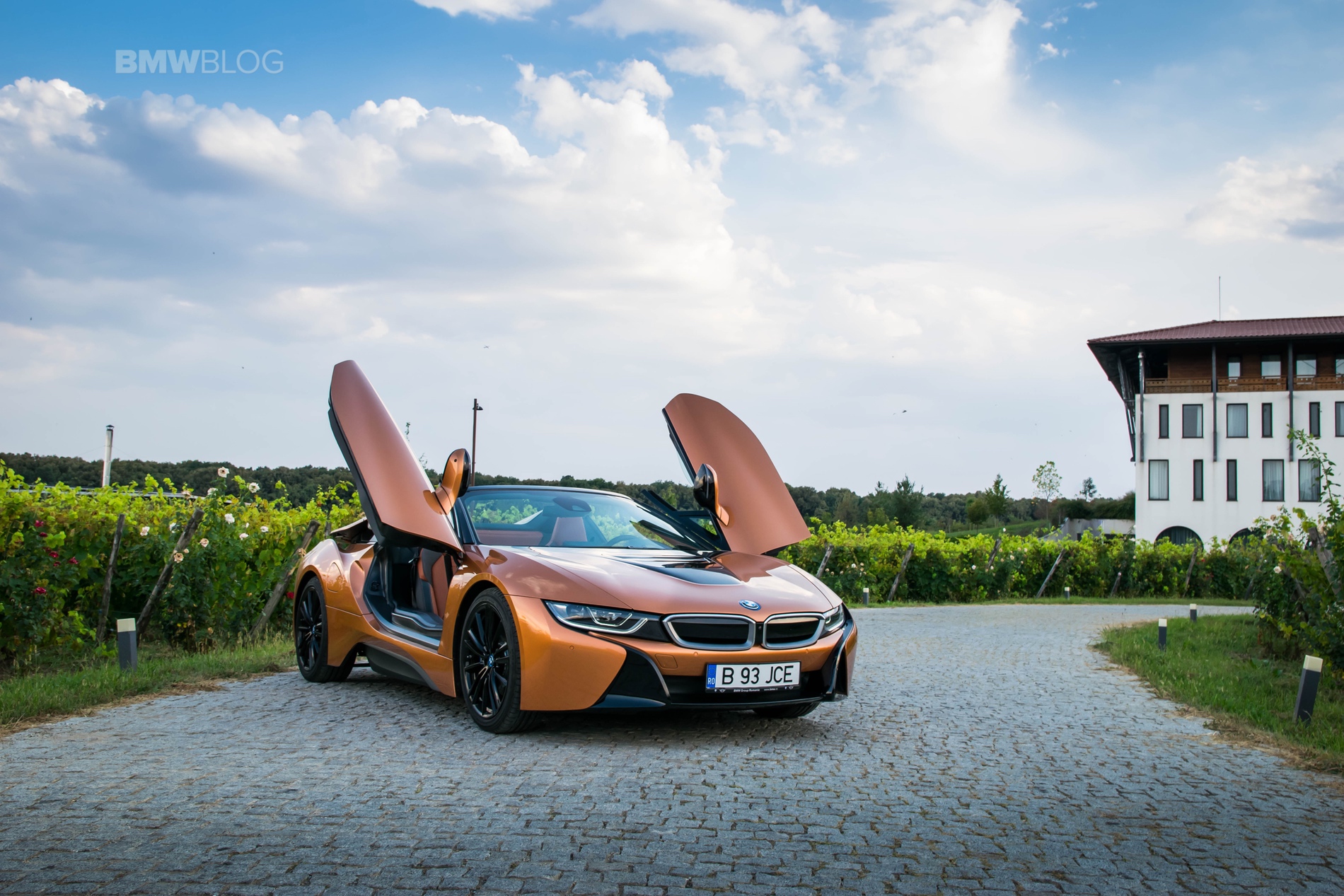
BMW fans have been waiting for the i8 Roadster to come out for about six years now. That’s because just a couple of months after the original concept for the i8 was revealed, BMW also showed a topless concept to the world, in the shape of the BMW i8 Concept Spyder. It was introduced at Auto China 2012 in Beijing and immediately started winning awards, like the Concept Car of the Year award that very same year. It was so good looking that fans of the Bavarian brand immediately started wondering when or whether if we will ever see a production car sporting those incredible shapes in the real world.
Fast forward to 2016 and skipping over a plethora of rumors saying the Roadster is coming, and BMW introduces the BMW i Vision Future Concept, an even more advanced model that was a simple preview of the production i8 Roadster but without doors. When this beauty was unveiled we basically knew that the i8 Roadster was coming, even though BMW was trying to keep our focus on the tech infused into it the 2016 CES.
Therefore, after a six-year wait, the Roadster was finally unveiled and, just like with the i8 Coupe, was extremely close in design to the concept, something you rarely see in the automotive world these days. The reception was great with a unanimous confirmation from basically the entire automotive industry that this thing looks stunning from every angle, yet another peculiar phenomenon if you will, as looks will always be the most polarizing topic regarding a car.
As the name suggests, the i8 Roadster is a two-seater version of the i8 Coupe, with a retractable roof. In order to make that happen, some changes had to be done to the car’s body to accommodate the roof whenever the driver decides to feel the wind brushing through his or her hair. Therefore, the rear seats had to be nixed to make room for the mechanism needed to fold the roof. Since the rear end was now longer than it is on the Coupe, the space had to be modeled in a way that would make onlookers drool and the owner sigh every time they took a closer look at the car. Cue the two prominences behind the seats.
From afar, depending on the angle you’re looking at the car, you might not notice them at all but that’s only if you see the i8 Roadster coming at you head on. Move to the side or even to the back of the car and you’ll notice a feature you don’t see on cars that often these days. The two protuberances in the back somehow remind me of the beautiful Mercedes-Benz Stirling Moss, one of the most beautiful cars ever made, in my view. The rear end of the i8 Roadster inspires similar feelings, even though the powertrain might not be exactly as fear-inducing as the Stirling Moss’. Then again, few people actually know what they are looking at, even though the i8 has been on sale for a while now.
That’s because both the Coupe and the Roadster look like they came from the future. The front end is sharp and has muscular lines along the bumper while the massive kidney grilles create a mesmerizing effect. Look along the sides and the massive rear end meets your eye with grace and a shape that you can’t find anywhere else. The cuts made just above the rear wheels, for aerodynamic and styling purposes are just stunning. You can fit your hand through there and while doing it, you might just notice the shape of the taillights, complimenting the car’s rear fascia. From the sides, the Roadster looks great whether it has the roof on or off but it’s even more stunning in the latter scenario and with the doors open, creating an open space worthy of your presence. It’s inviting you in, to go for a ride, an invitation which shouldn’t be ignored.
Get in and sit behind the wheel, with only the sun above you and you soon understand why the i8 Roadster simply had to be done. The roof isn’t all that large in size to begin with but having it removed opens you up to the elements and seemingly better connects you to the environment around you. BMW wanted to offer a relaxed experience in the Roadster and for that reason, they created a rather interesting wind deflector sitting right behind you. When the roof is up, the rear window is raised with it, to encapsulate the occupants of the car and protect them from cold in winter months. However, that rear window has its own button next to the interior light switches, and can be raised and lowered at your own preference, acting as a wind deflector to make sure your hair doesn’t get terribly messed up on the road.
Raise the side windows as well and you’re actually comfortable up to speeds of around 120 km/h (75 mph) which should be good enough even for highway cruising. Raising and lowering the roof takes 15 seconds and can be done at speeds up to 31 mph (50 km/h) a rather high mark compared to other convertibles BMW makes these days, to be fair. The best part about the retracting roof must be the fact that you can operate it using the remote control, creating a buzz in any parking lot. It’s not just because you can show off, because with the i8 Roadster you don’t really have to show off. The car attracts enough attention as it is, especially in this e-Copper color which is absolutely stunning. And when it comes to that, there’s almost no car that can compare. I’ve tested anything you can imagine since I started writing about cars and I never had such reactions before. Not even Lamborghinis or Ferraris get this kind of attention for a number of reasons.
While they might be beautiful cars too, rare as well, they somehow don’t feel as special or far fetched as the i8 does. While the design of Lamborghini can hardly be called boring, it’s not as outlandish and futuristic as the i8 and if you had a Huracan Spyder parked next to an i8 Roadster, I’m willing to bet the BMW would attract more attention, especially if it had its doors open. There’s yet another thing I need to mention. While people would give me nasty looks when driving a Ferrari or a Lamborghini, while behind the wheel of i8 those looks were more curious. Maybe it’s because Italian thoroughbreds are usually driven by arrogant people or maybe it’s because BMW is considered a more affordable brand, but no matter what, I kept getting thumbs-up from everyone on the road -during my time with the car, a rather good feeling if you ask me.
Those beautiful doors and wide side sills do come at a cost though, as getting in and out might be a bit tricky. That was a known issue since the i8 Coupe came out and, truth be told, not a lot has changed. However, having no roof to bang your head against as you squeeze yourself in or out of the i8 Roadster is a big plus in my book. That’s how I ended up using the car for the limited time I had it for testing purposes. Every time I parked the car or I tried to get in, I’d just open it up, to gain a bit more space. I guess getting in and out does get easier with time, as you get used to the entire ‘procedure’ you need to go through, but that doesn’t make it look any better. And since the Roadster will attract a lot of attention everywhere you go, you might want to make sure you don’t look extremely goofy getting out of it after you parked it.
Since we’re talking about the car’s drawbacks, I’d also like to mention the practical side of things. As you probably would expect, a car that looks so good, isn’t necessarily practical and it would be weird if it would be. Inside the cabin you get a small amount of storage space, basically limited to whatever can be stored behind the seats. There’s a special bin in there, with two folding separators which can help transform the space into three smaller cubes for storing stuff. Just above that, between the seats, there’s a pocket for more storage, with the i8 logo on it. However, that’s about it.
Since the doors raise up when open, there’s no storage bins on them. Furthermore, cup holders have a weird location as well. There’s one next to the iDrive controller and one in the back, right between the seats, which can be a bit of a pain to access. Not even the under-armrest storage isn’t there anymore. There’s some space but considerably less than on any other BMW. However, in this instance, there’s a good reason for it. The BMW i8 Roadster has its batteries stored in the center console and therefore, there wasn’t a lot of depth to be exploited here.
Speaking of batteries, on the tech side of things, some upgrades were introduced on both the Coupe and the Roadster along with this recent launch. The batteries on both cars were upgraded, with BMW offering the fourth-gen model on the i8. That means that, whereas the old model came with cells having 20 Ah energy density, these new ones have 34Ah, raising the capacity from 7.1 kWh to 11.6 kWh without growing in size. It’s an increase that makes a lot of a difference in real-life, as the range of the car on electricity alone is slated to be 33 miles, some 10 miles more than the original i8. The new estimates are also done according to the new WTLP testing procedure and, during my time with the car, I noticed them to be quite accurate. I managed to cover up to 56 km (34 miles) on a single charge which is actually more than what BMW claims. However, I do need to point out that this was done at night time, in a nearly deserted town in August, with no AC on. Therefore, in daytime traffic, with the AC on, the results may vary.
The higher-density cells also allowed BMW to install a more powerful motor on the front axle. As you may very well know, the i8 comes with an electric motor powering the front axle and an internal combustion 1.5-liter 3-cylinder unit for the rear axle, both of them working in tandem perfectly. But whereas the old model had 131 HP to rely on for the front wheels, the new one has 143 HP and the same amount of torque at 184 lb-ft (250 Nm). That may not seem like a lot but it’s more than enough for emission-free city driving. You can actually drive the i8 on electric power alone at speeds up to 120 km/h (75 mph) which is not bad, but with the limited battery it has, don’t expect the electric fun to last for long. Recharging those batteries is yet another drawback of the i8.
Both the Roadster and the Coupe are not available with a fast-charging option. That means that, even though the battery isn’t huge in size, it takes about three and a half hours to recharge it, using a BMW i Wallbox. Using a regular US power socket, that time might double so you could say that it’s a tedious process. There’s also another way of charging this car up and that’s by entering Sport mode. Activating Sport mode is done by tilting the gearshift lever to the left, and it turns on the 231 HP turbocharged engine at the back. In this driving mode, both motors are working together but the excess energy developed is harnessed by the powertrain and fed back into the battery. If you don’t might getting your mpg numbers all over the place, that’s a quick way to recharge your batteries. Furthermore, the eDrive controller also allows you to maintain a certain battery charge level if you so desire.
On the road, the i8 Roadster does feel a bit different than its predecessor. There have been some slight changes done to the technical side of things, to amp thing just a tad more. The steering, for example, feels more direct and precise and, while feedback is still missing, it does respond better to your inputs. The rear axle received a new vertical strut to improve wheel control at the back and it certainly works, making the i8 feel a bit more planted and composed over uneven surfaces. There’re new bushings all around for more stiffness and the whole body of the car was reinforced to cope with losing the roof.
That’s most noticeable in the A pillars, as they are now a bit thicker and still made of carbon fiber to keep weight down. They do cut into your visibility around town but then again, this thing wasn’t designed to offer the same view as a 2 Series Active Tourer. The same could be said about the protuberances behind each seat as they cut into your field of view if you want to check your right-hand side before merging on a different lane but, yet again, it’s not something you can complain about.
Speed adds up on you inconspicuously and that’s really something you need to keep your eye on. The Roadster is 60 kilos heavier than its fixed-roof brother and that makes it slower to 100 km/h (62 mph) than its brother, being rated at 4.6 seconds. Even so, this thing feels fast enough, especially thanks to the instant torque offered by the electric motor which fills in the gaps brought about by the turbocharging of the 1.5-liter engine. It will zip forward with a sudden urgency you wouldn’t expect from a car with a 3-cylinder under the proverbial hood but that’s what makes the i8 special in the first place.
In terms of handling, you might be disappointed but that’s only if you don’t realize what it is that you’re actually driving. This is not a race car, even though it may look like one. This is an experiment meant to show you that having fun doesn’t necessarily require massive engines. The i8 Roadster is not for the track but the fun you can have with it on public roads exceeds your expectations, by far. Take it through a set of twisty roads and you’ll notice some understeer but only when taking the car up to its limits. And even then, it feels like the understeer comes from the narrow tires used up front rather from the way the car was set up.
You get 215 section tires on the front axle and that’s a bit narrow for a car with 374 HP and 570 Nm of torque. Understandably so then, the i8 loses grip on the front end when pushed hard but you can compensate with the rear axle, which is glad to step out if you want it too. The engine provides a lot of blunt force for its size and even sounds better than you’d expect. It’s not offering an aural feeling which triggers goosebumps but it’s decent nonetheless. Either way, people will assume this is a pure electric car anyhow, so you don’t need to bother with the sound of the 3-cylinder on the rear axle being an issue.
All this being said, the i8 Roadster is hard to place in an exact category, for a number of reasons. Some might want it to be a race car, while others would’ve preferred it to be an all-electric ordeal but, in the end, this car is a chameleon, changing the way you see it to fit to your own expectations. While other cars might require a thorough understanding on their inner workings, the i8 Roadster is loved by everyone for a simple reason: it looks like the future. Maybe it’s not be the best car to take to the track but that’s not the point. The point is, this is a car you thoroughly enjoy on a variety of situations but it will most likely shine the brightest if you just jump in and go for a drive along a shoreline. That’s what it was made for and that’s what it delivers, by the plentiful.

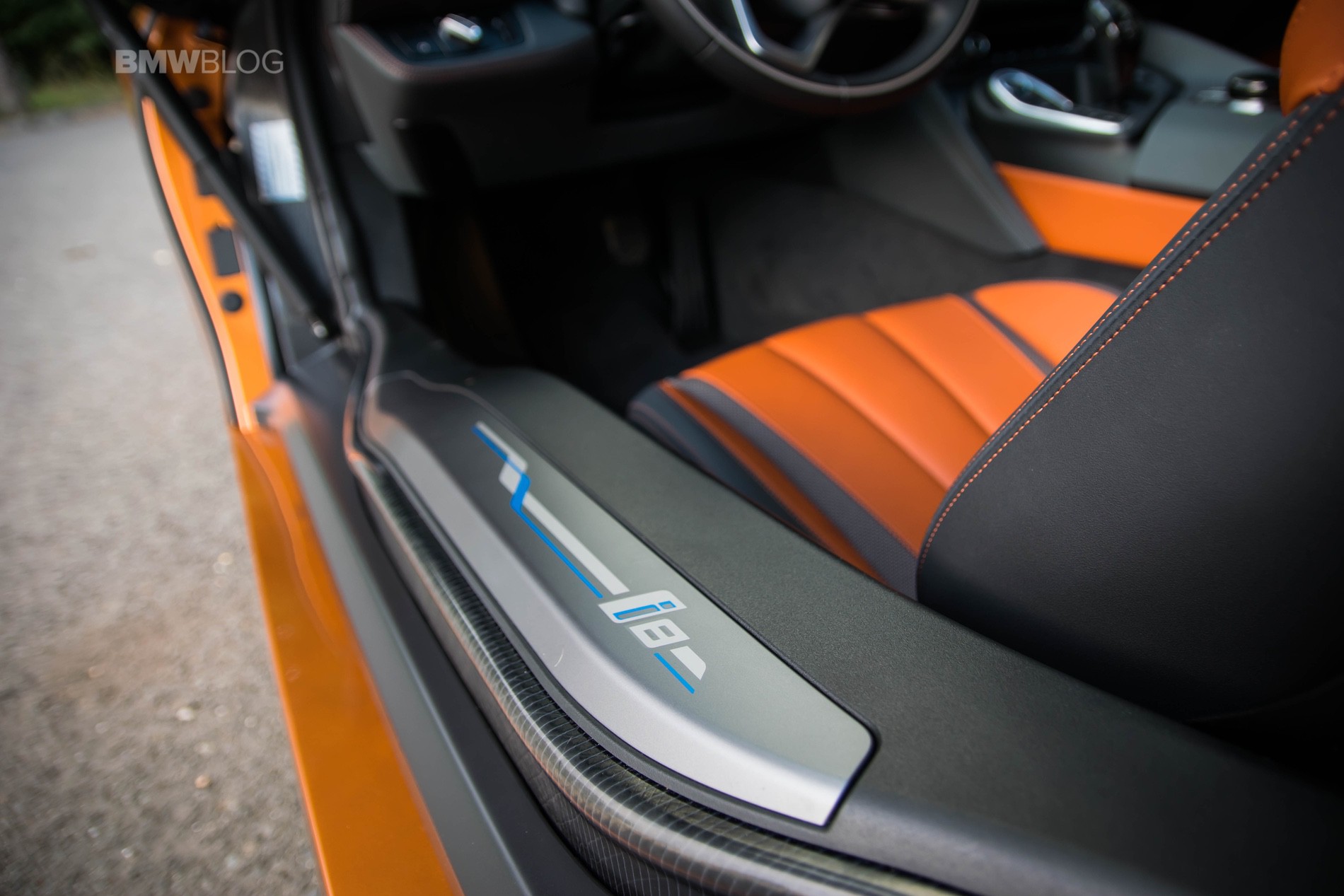
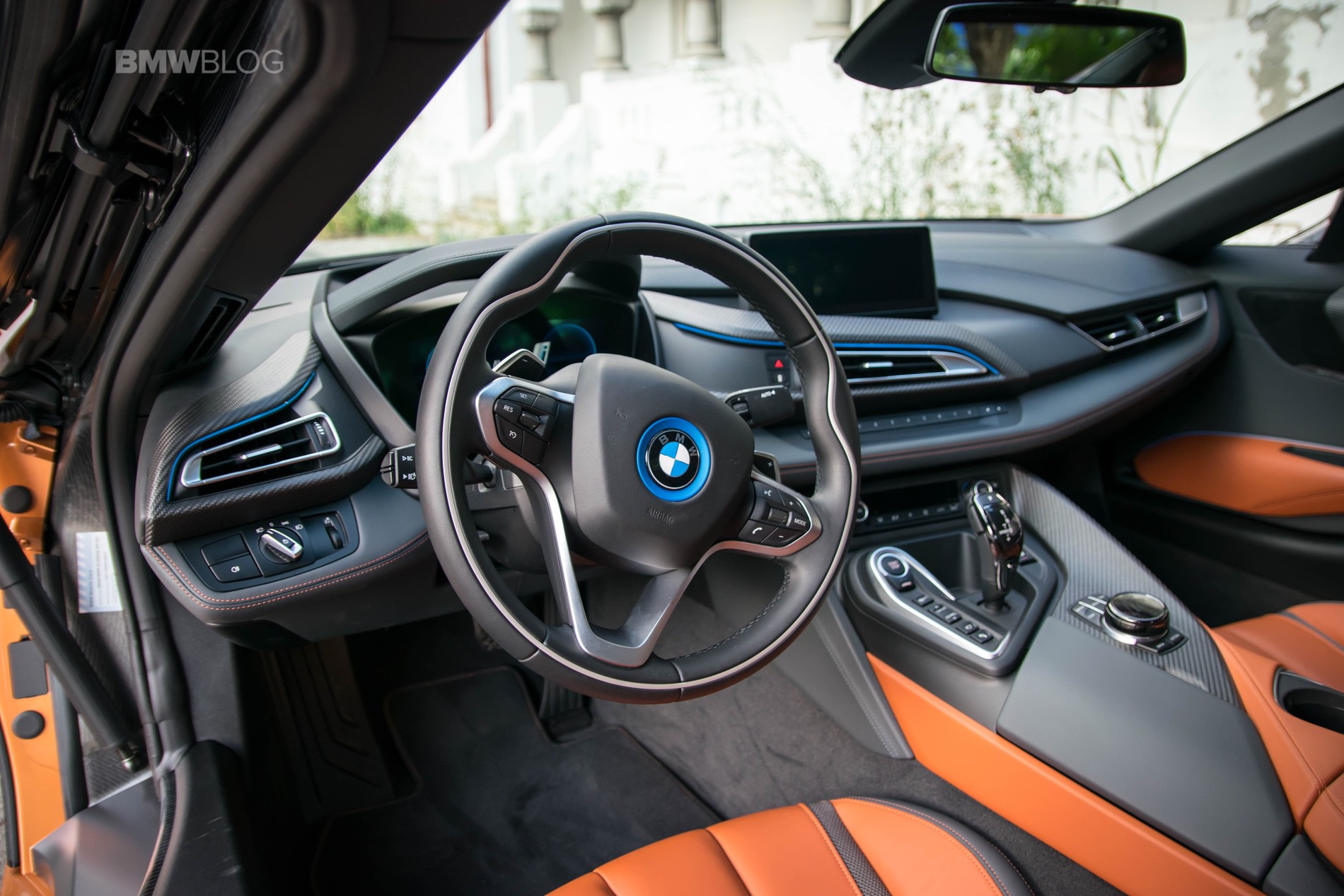
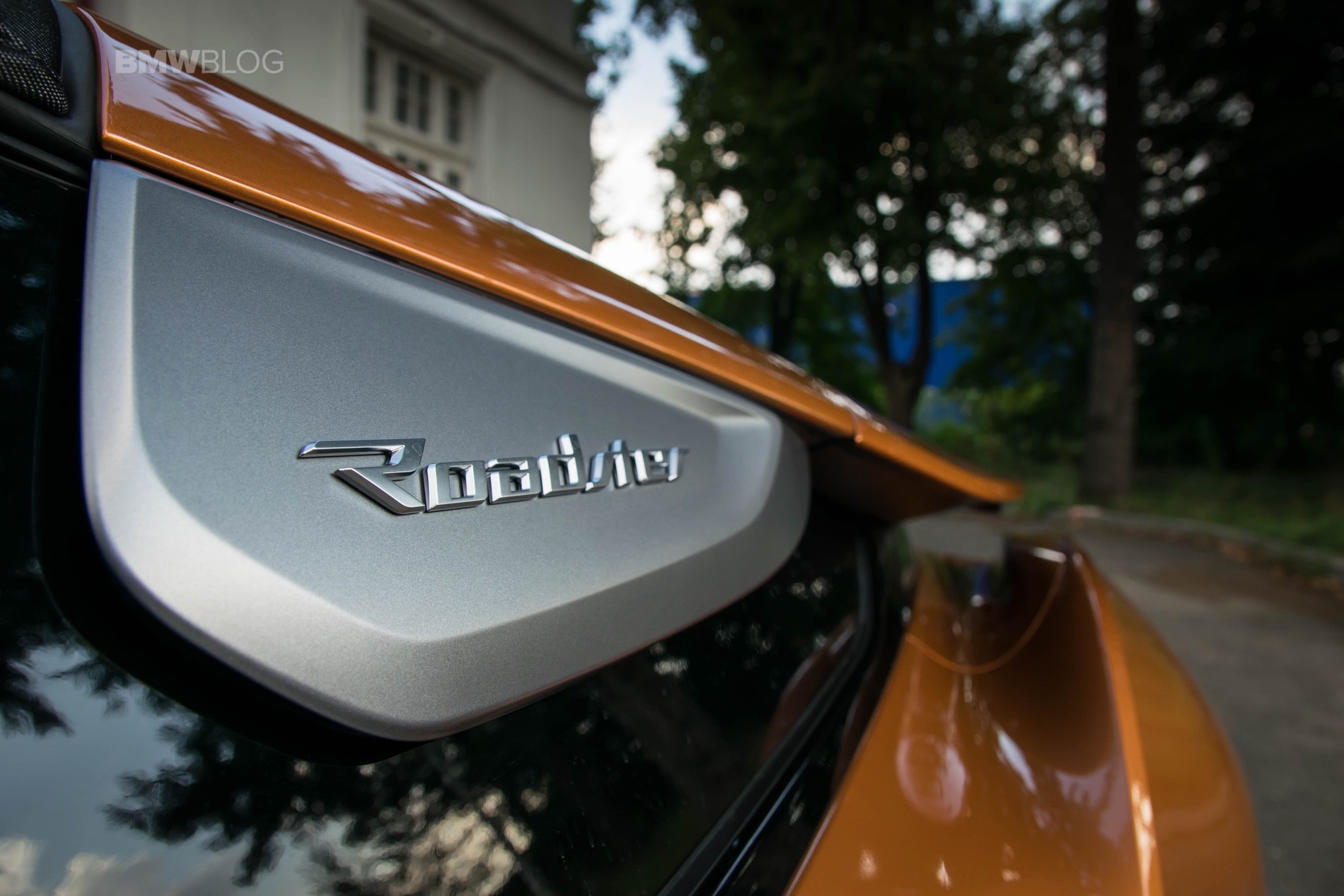

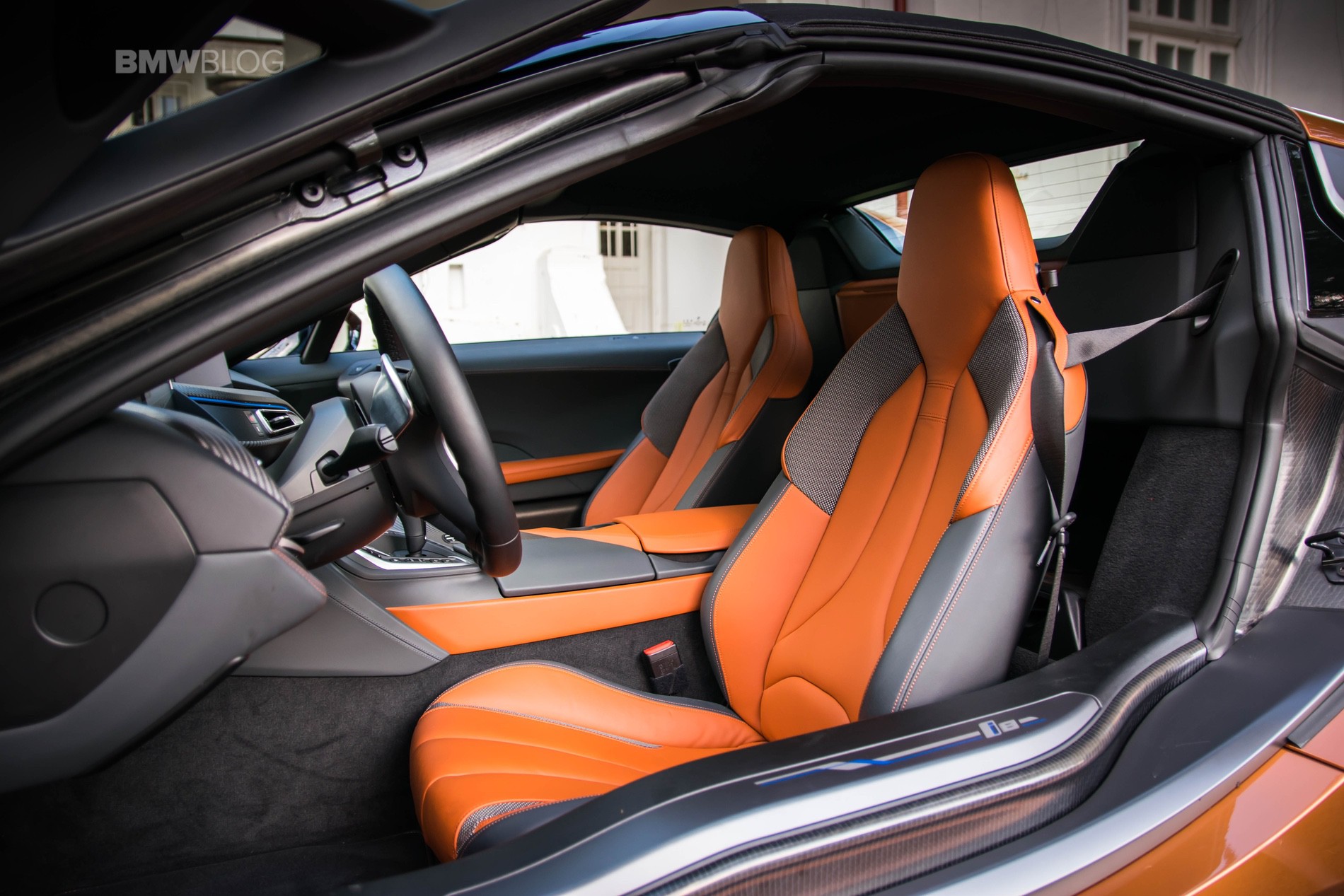
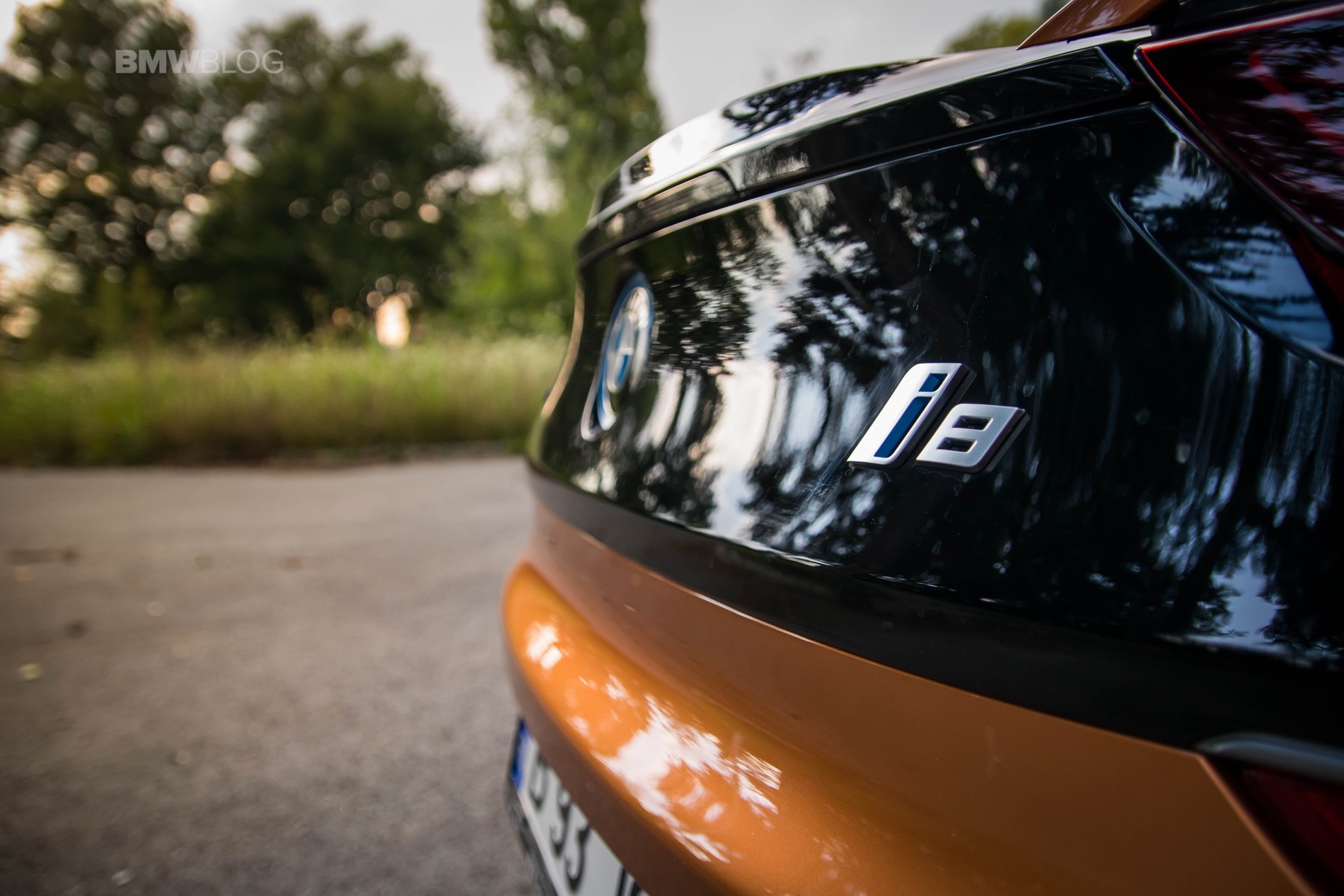
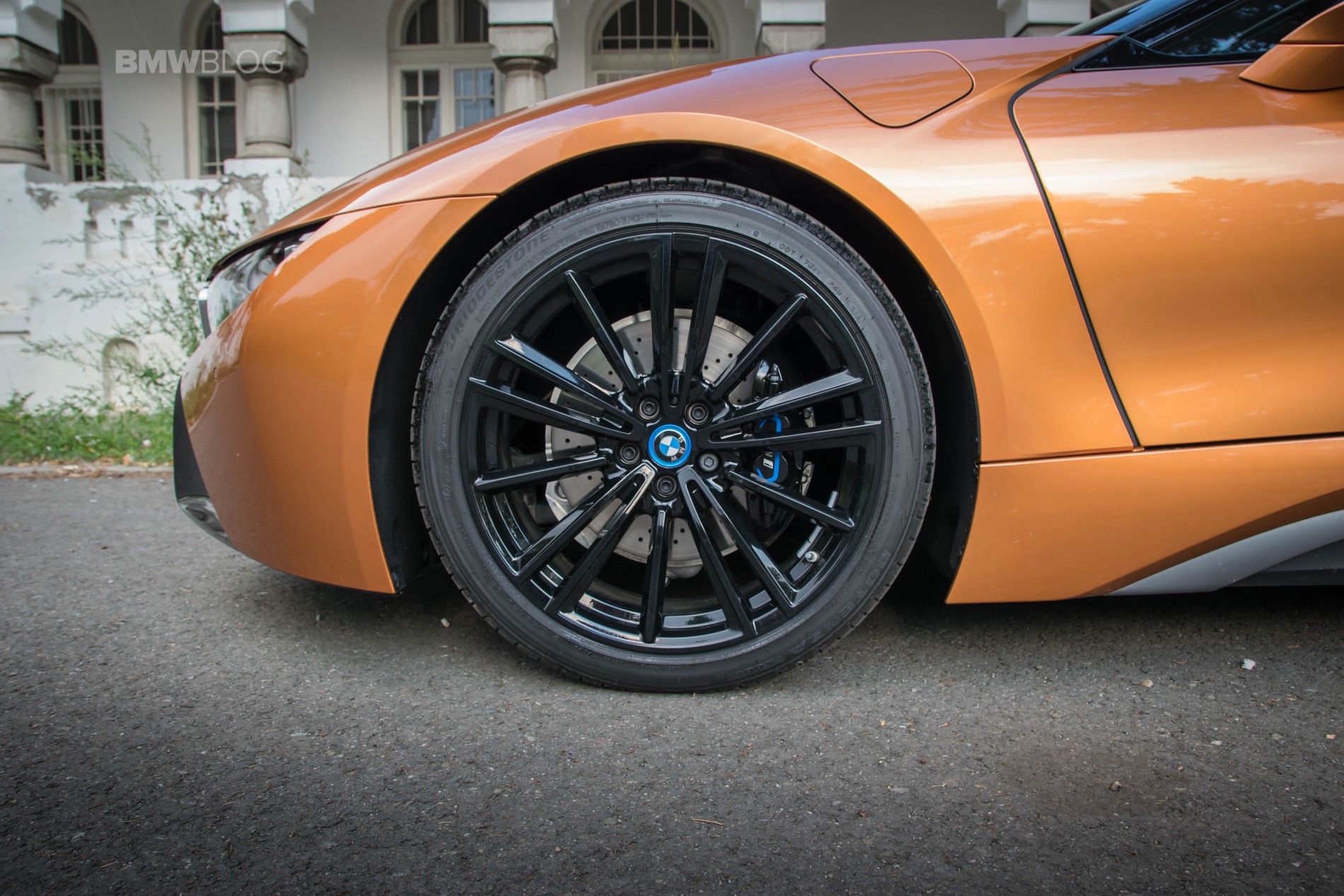
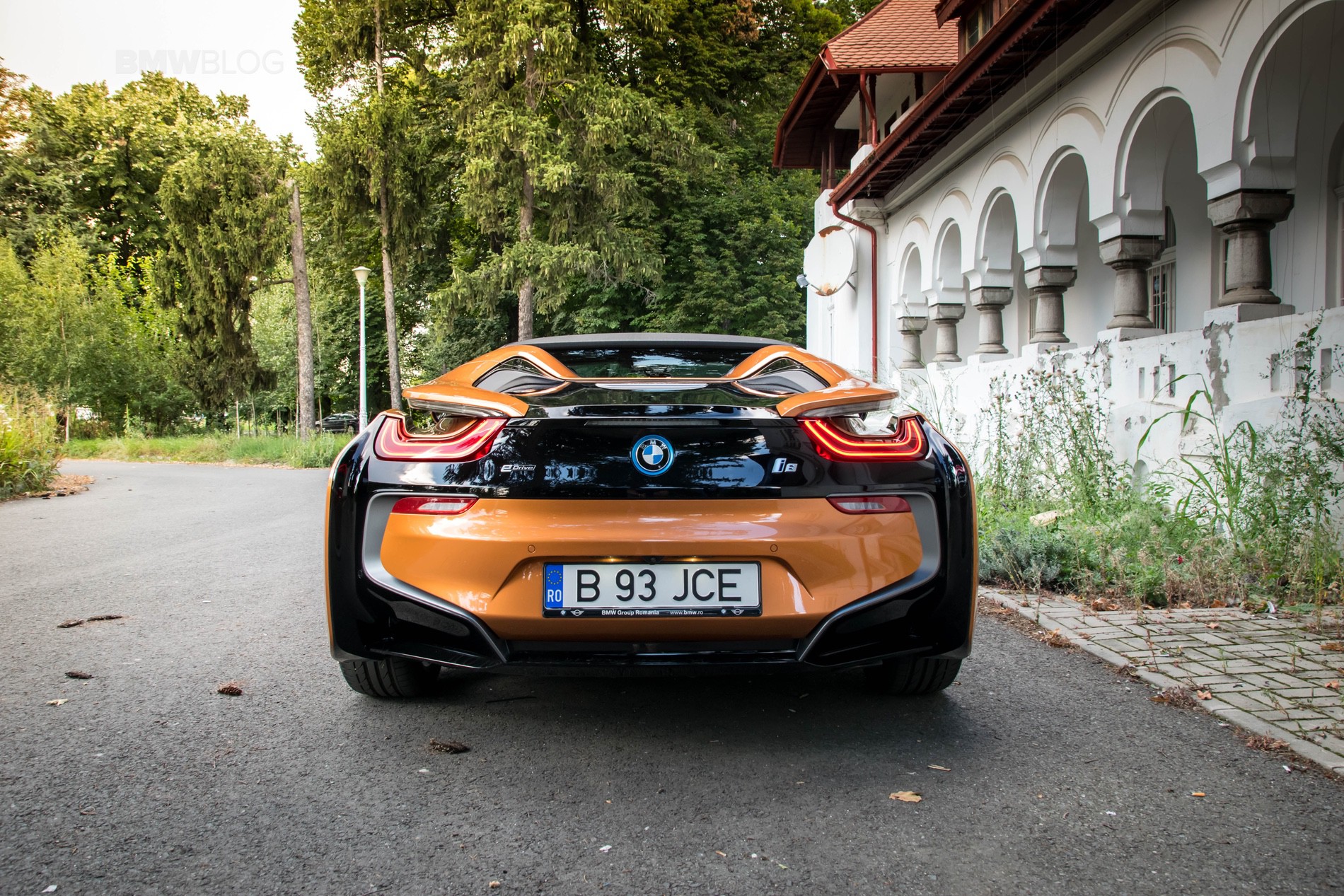
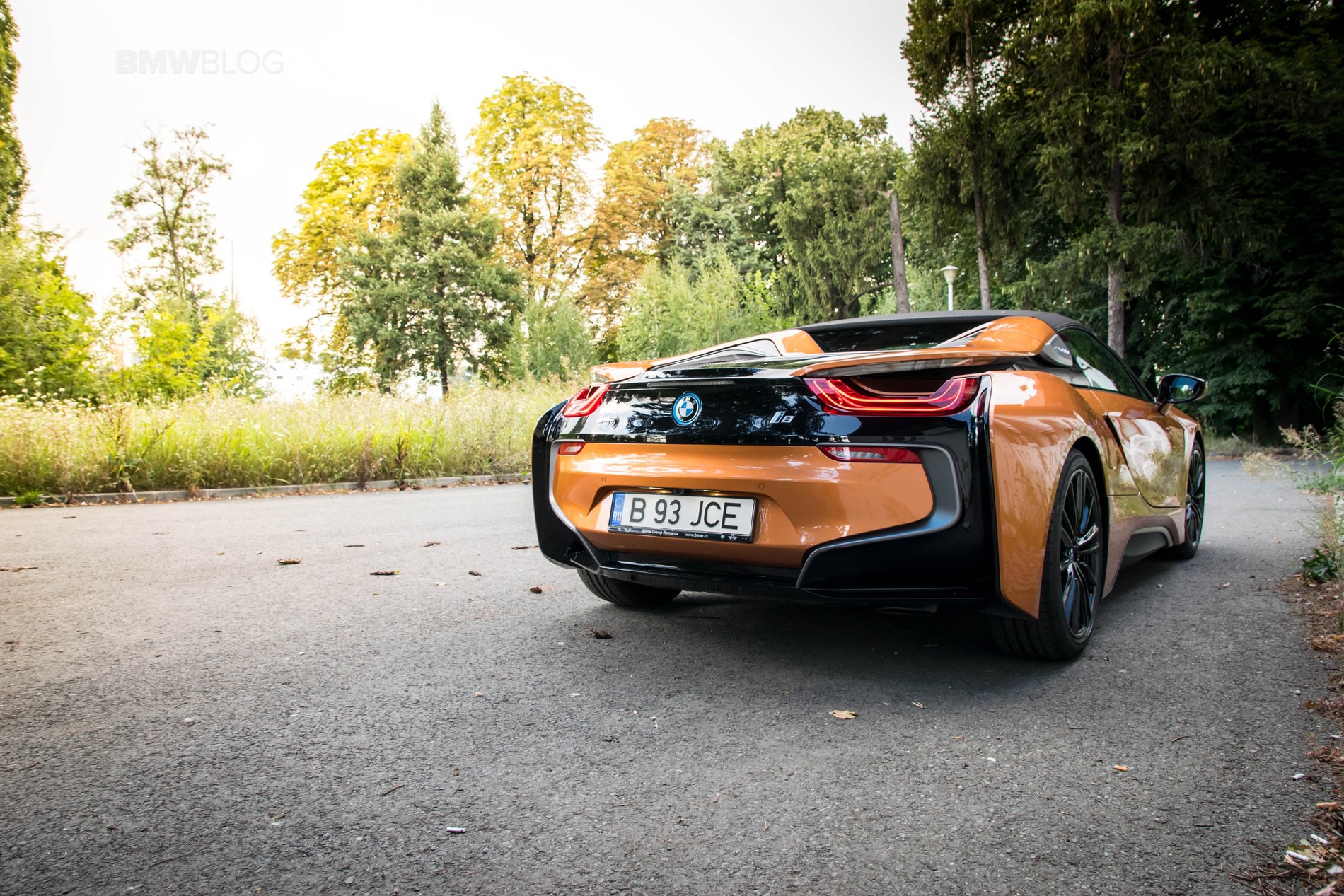


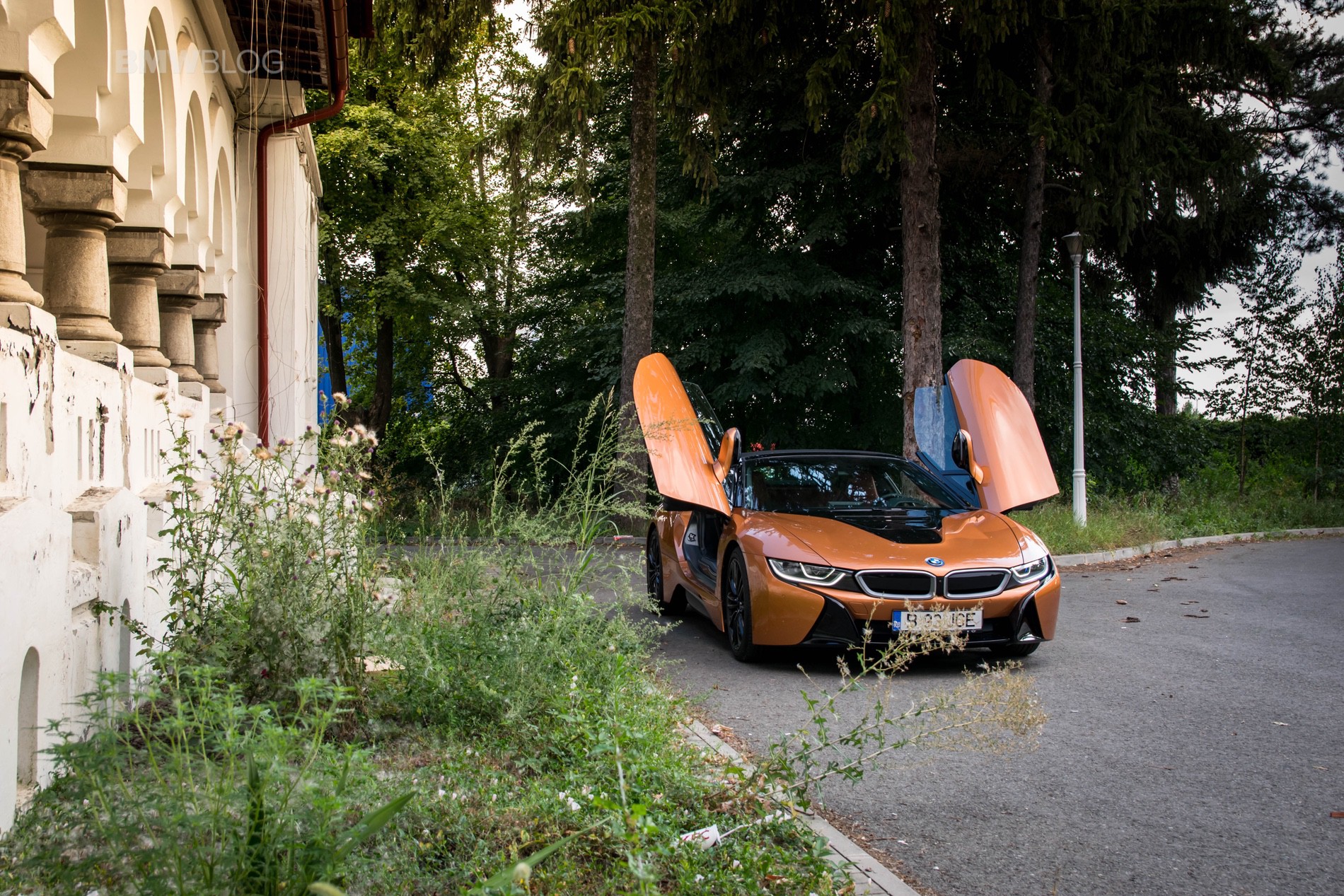
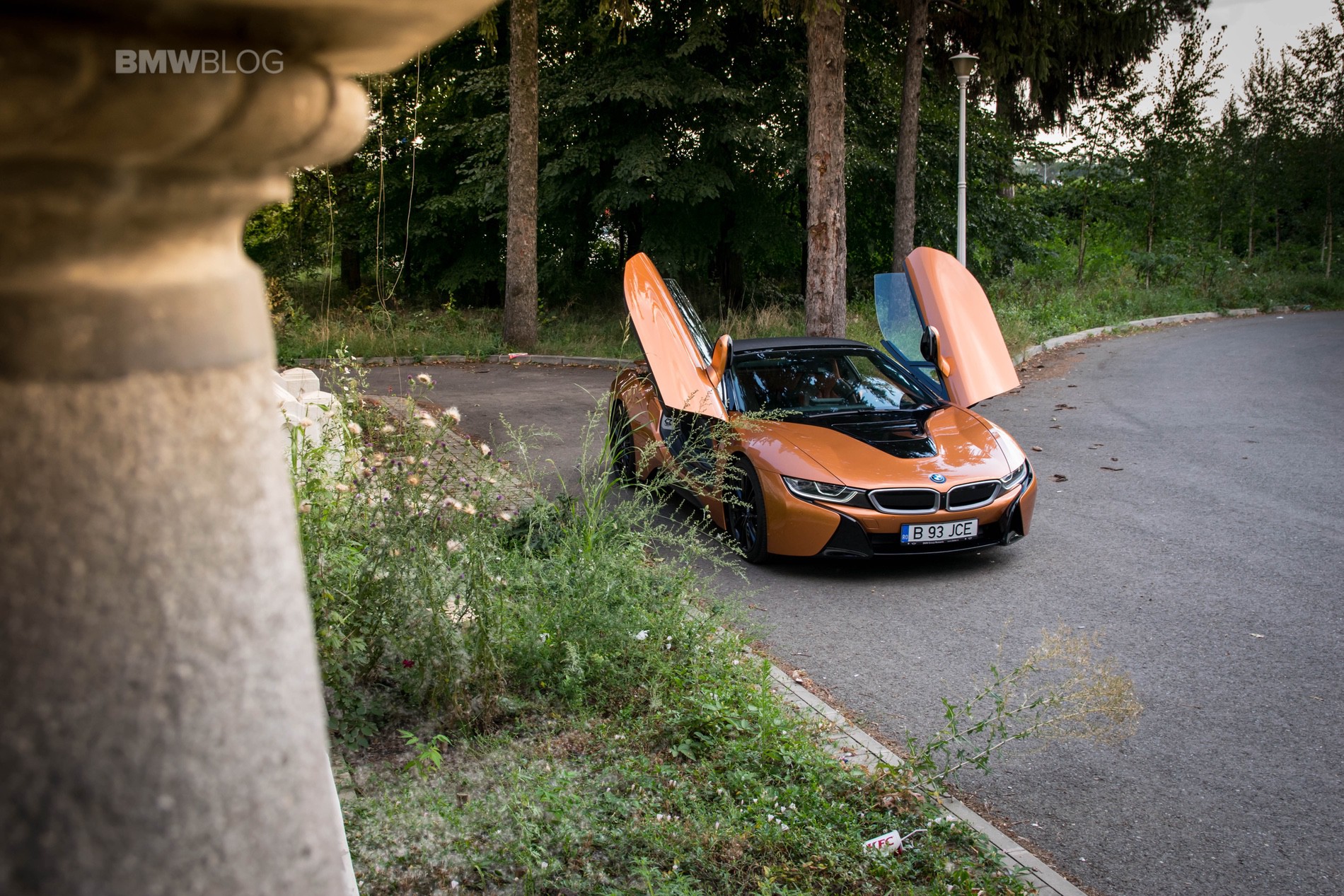
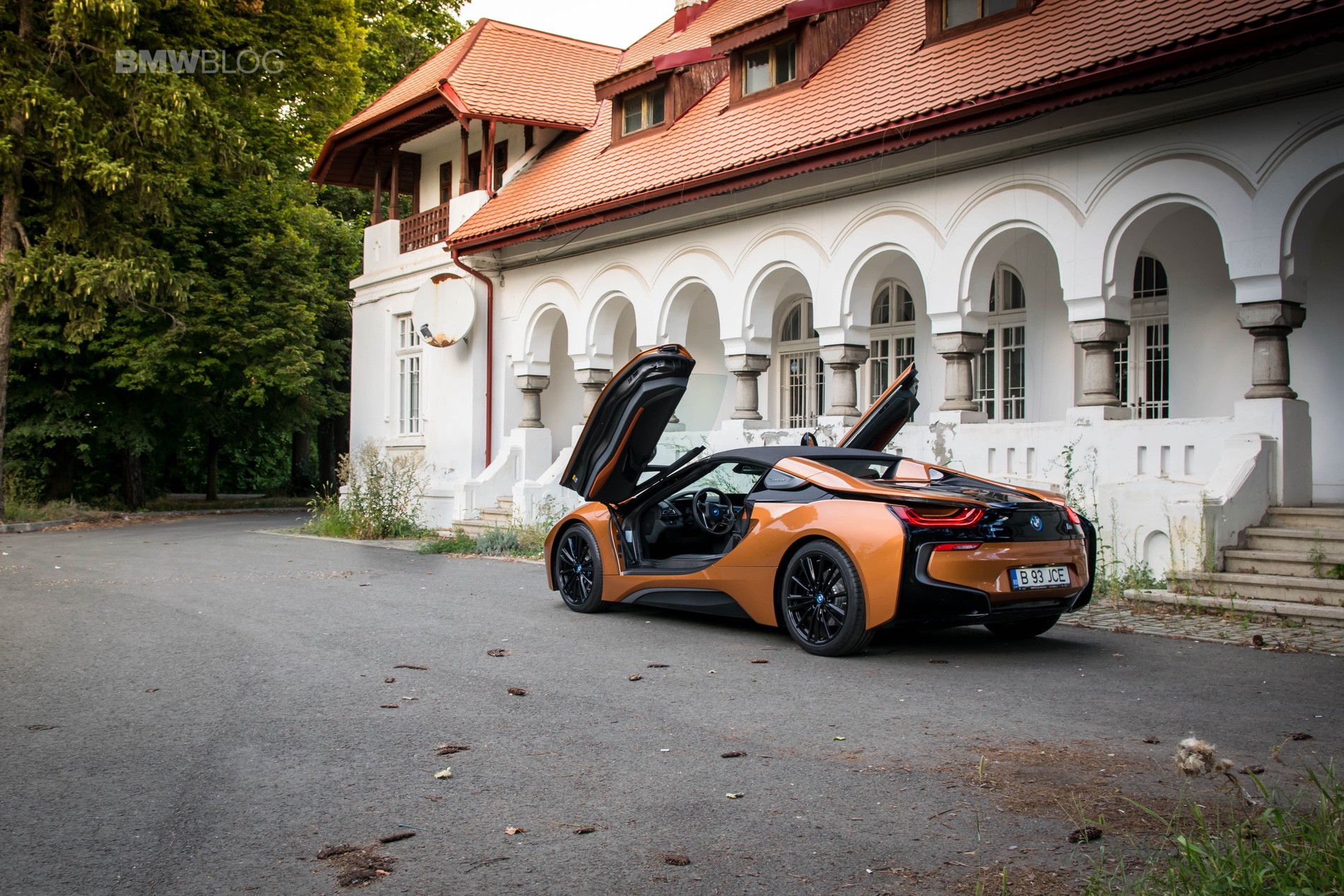
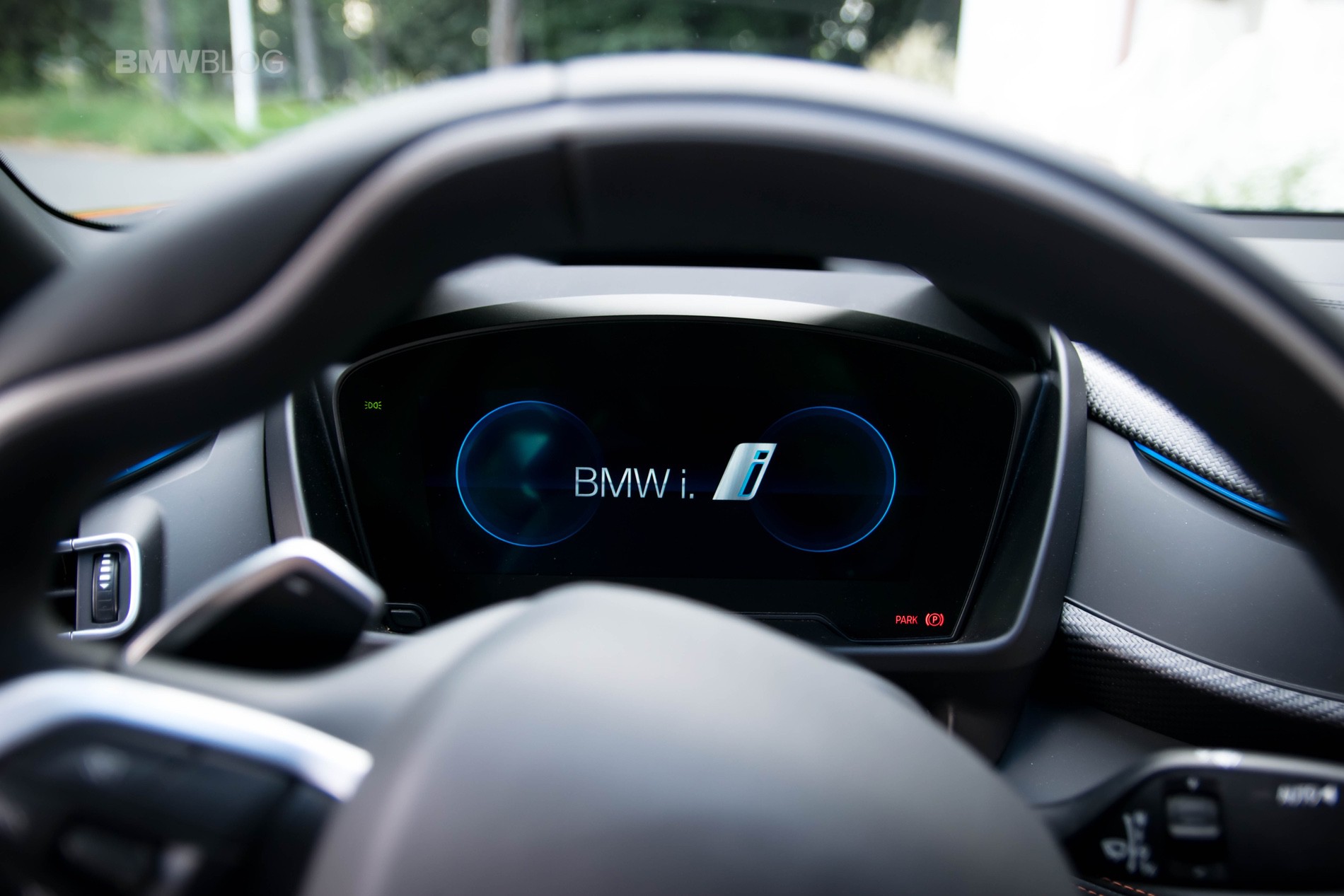

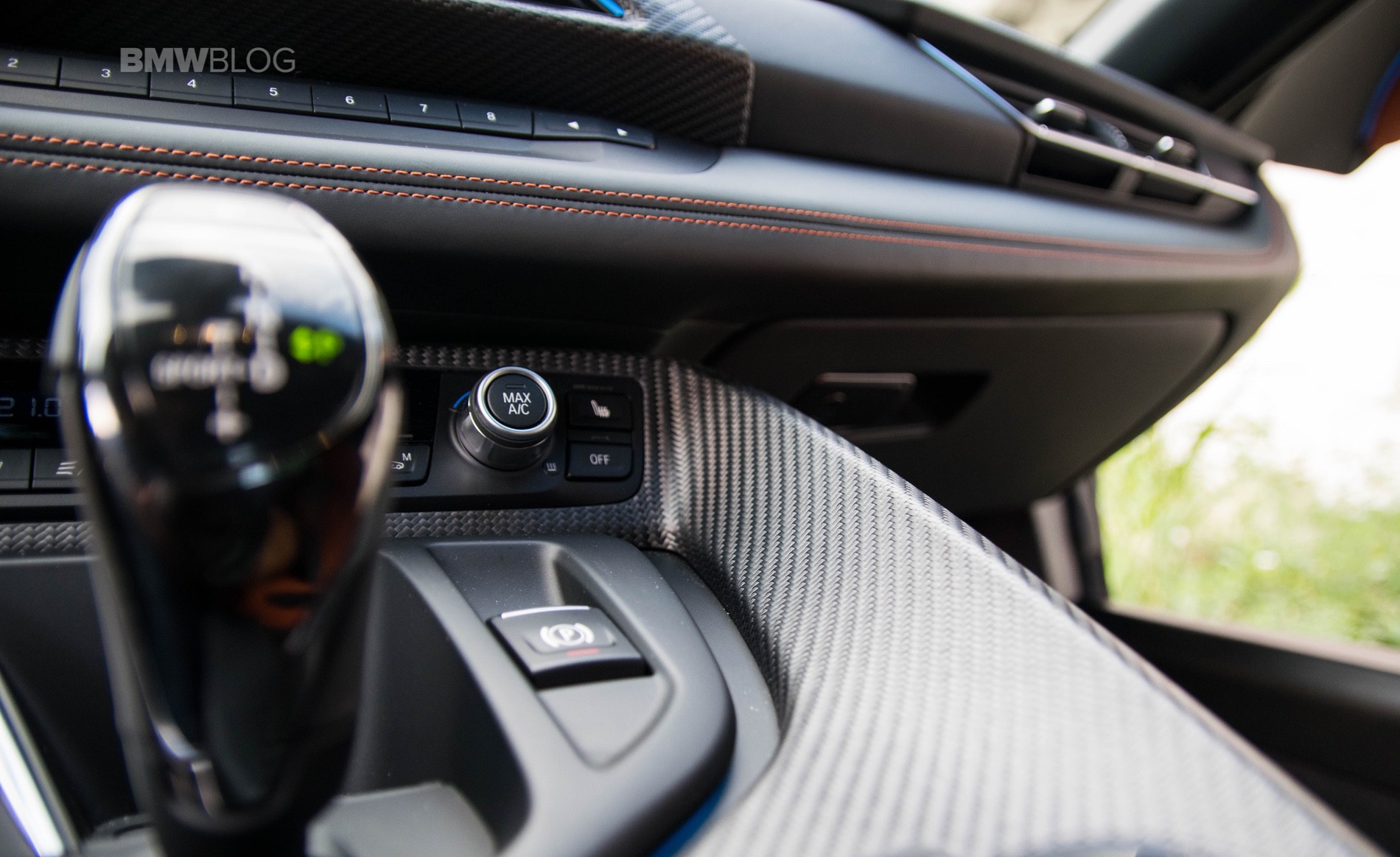
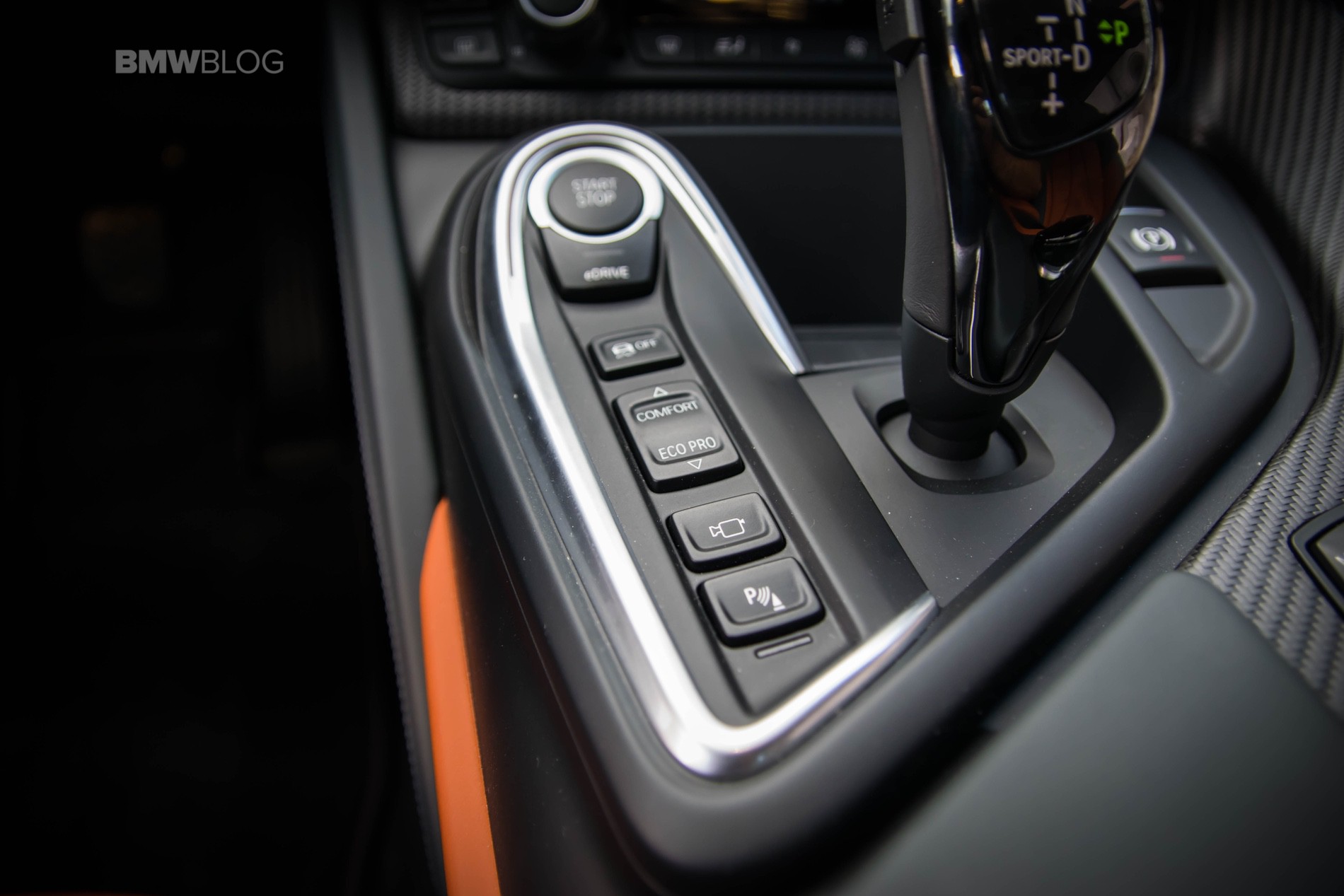
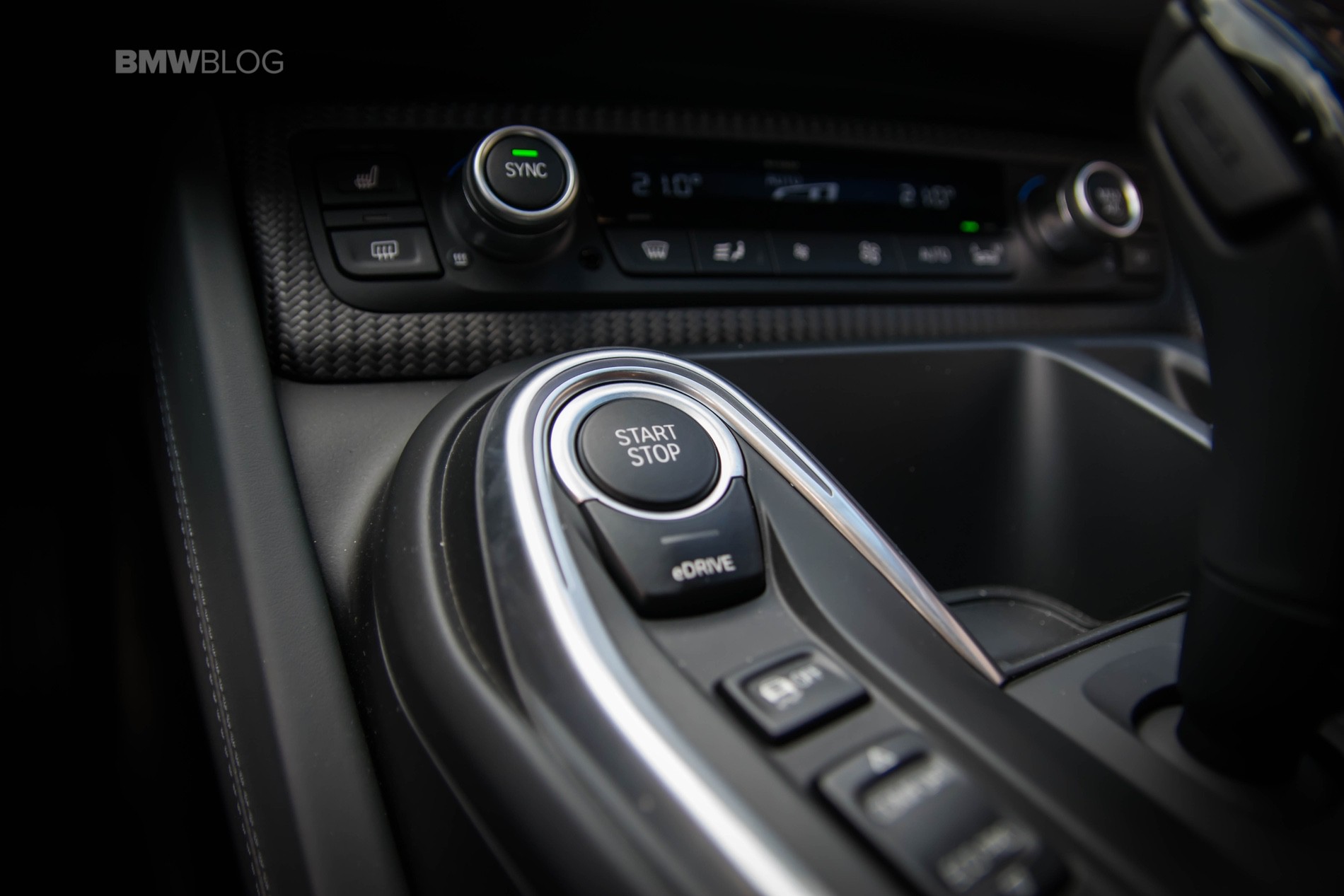
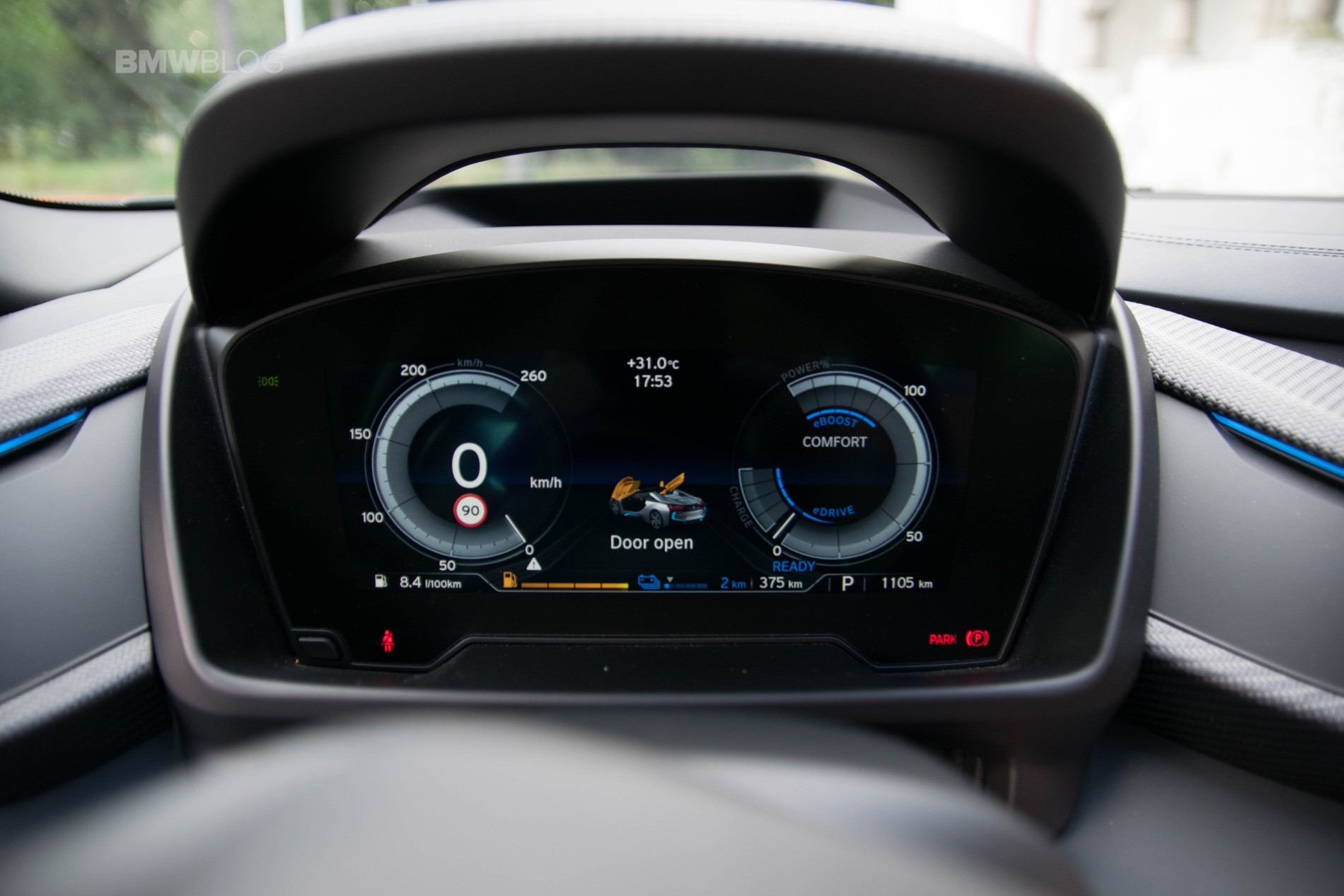
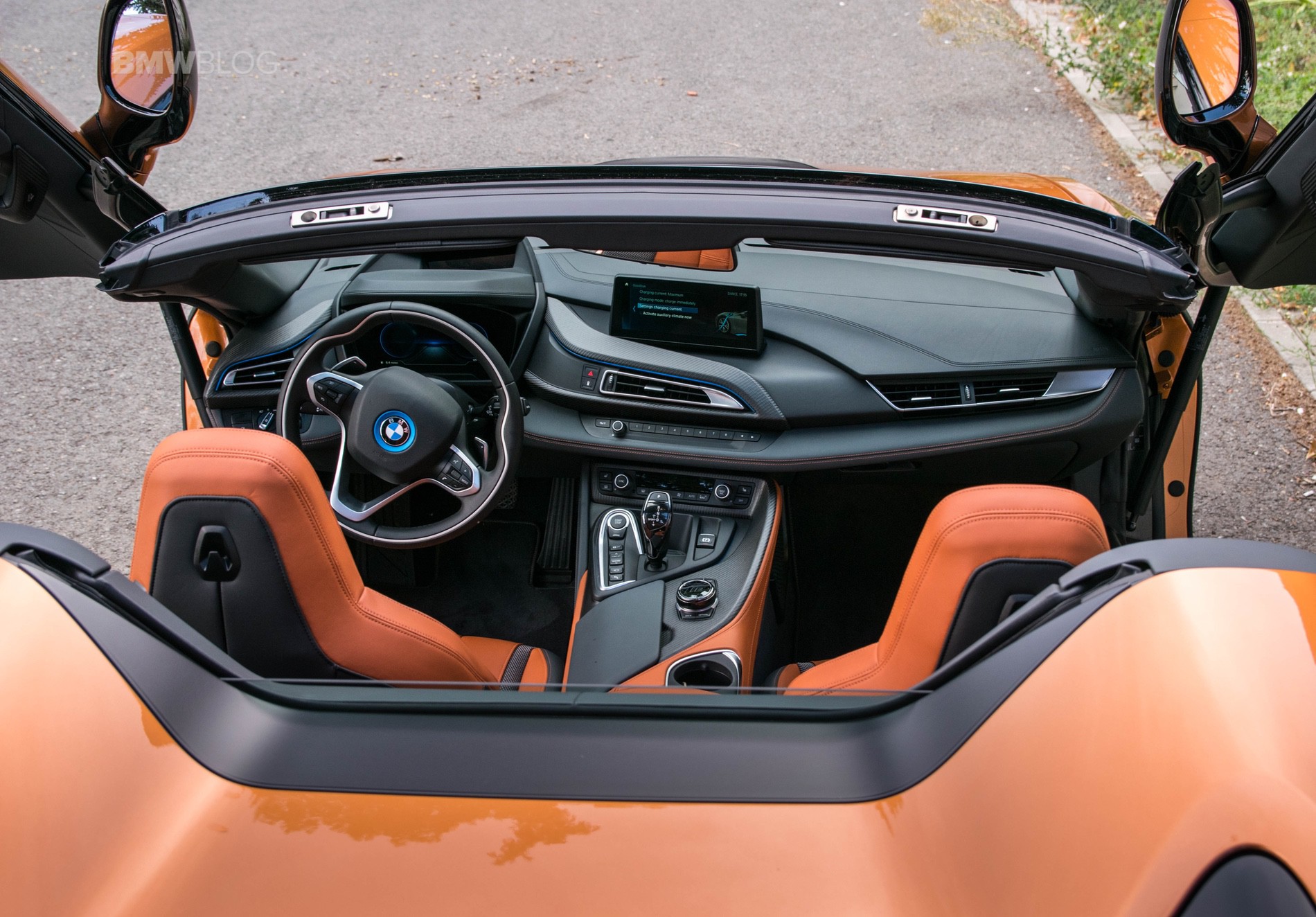
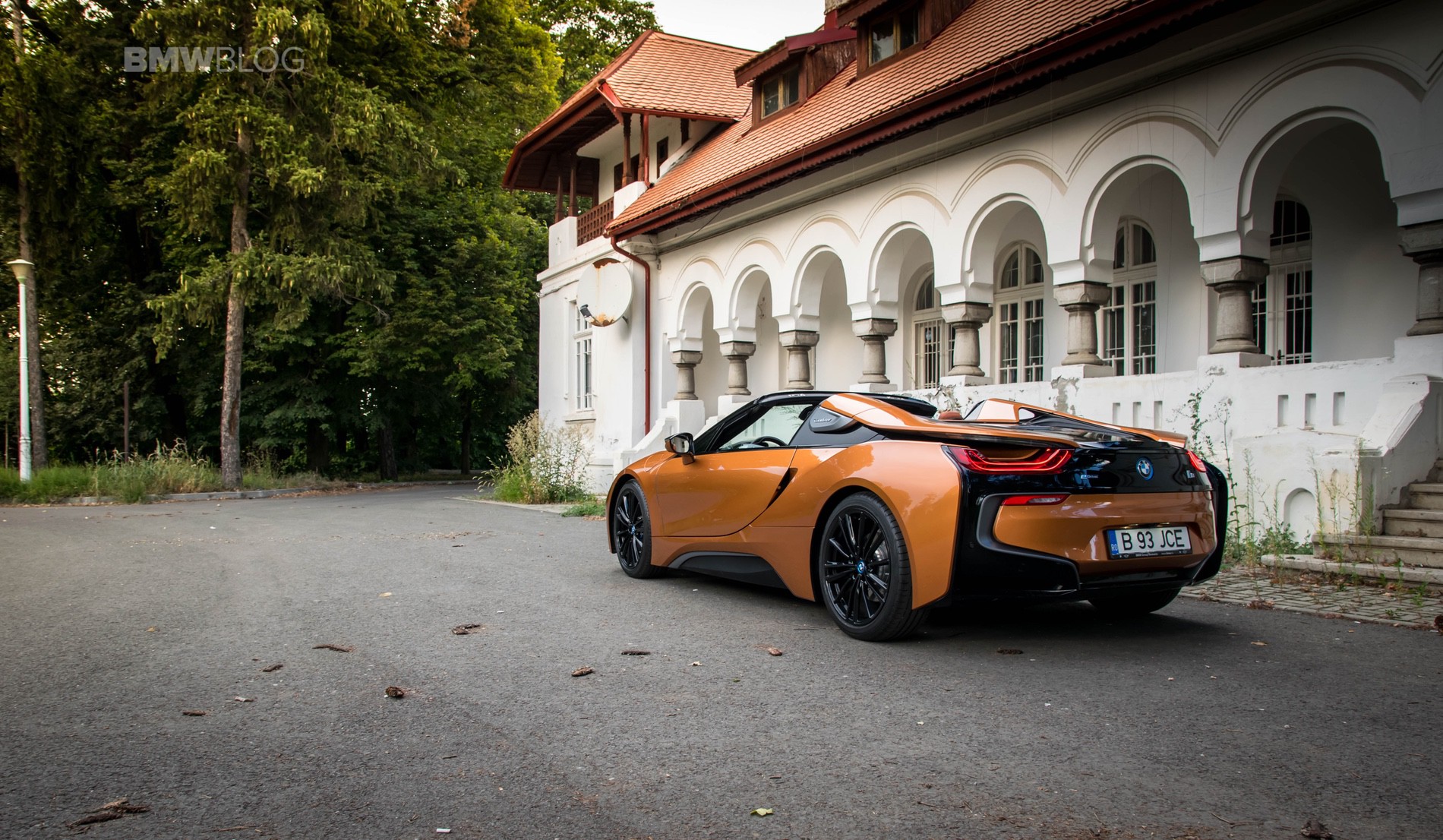
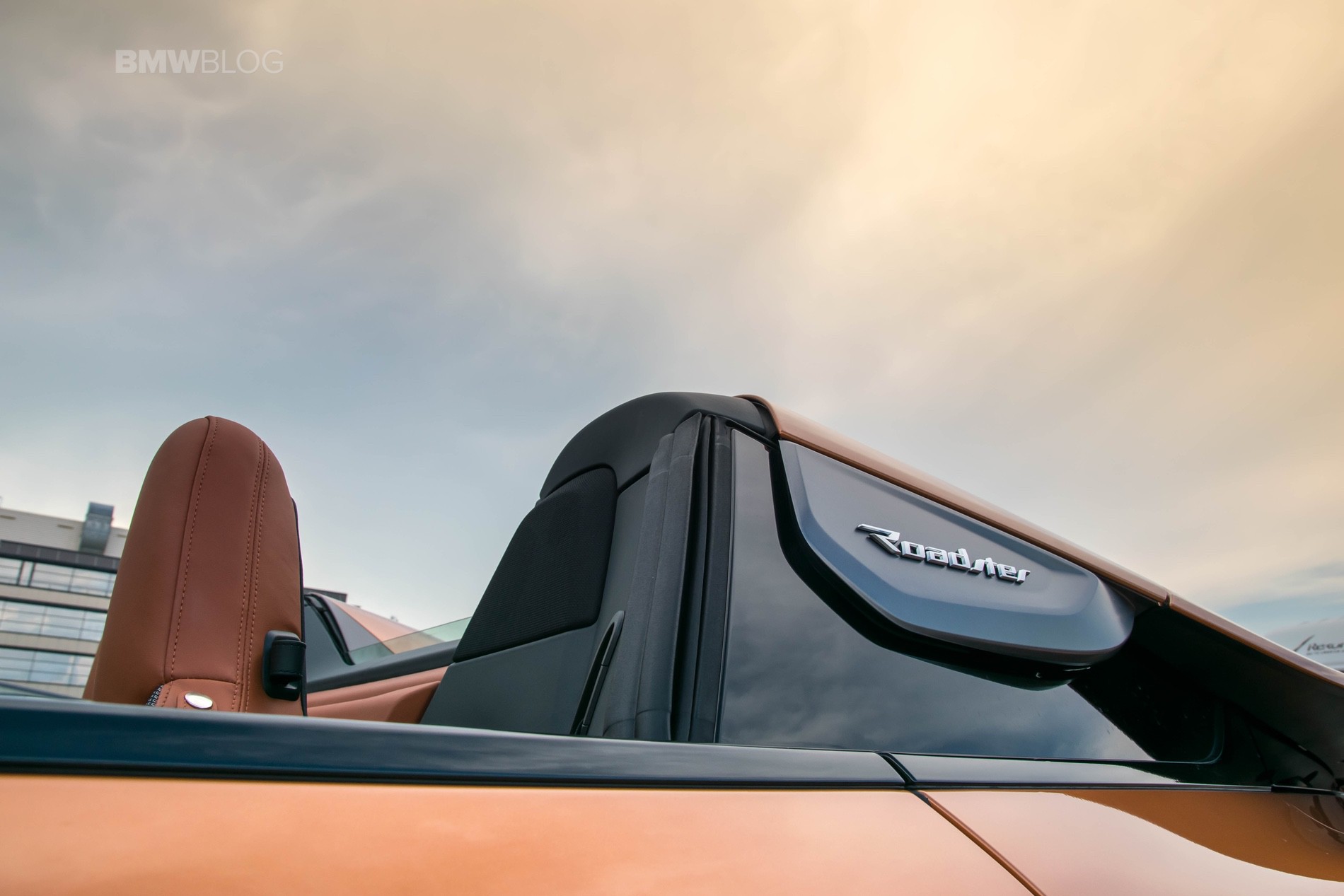
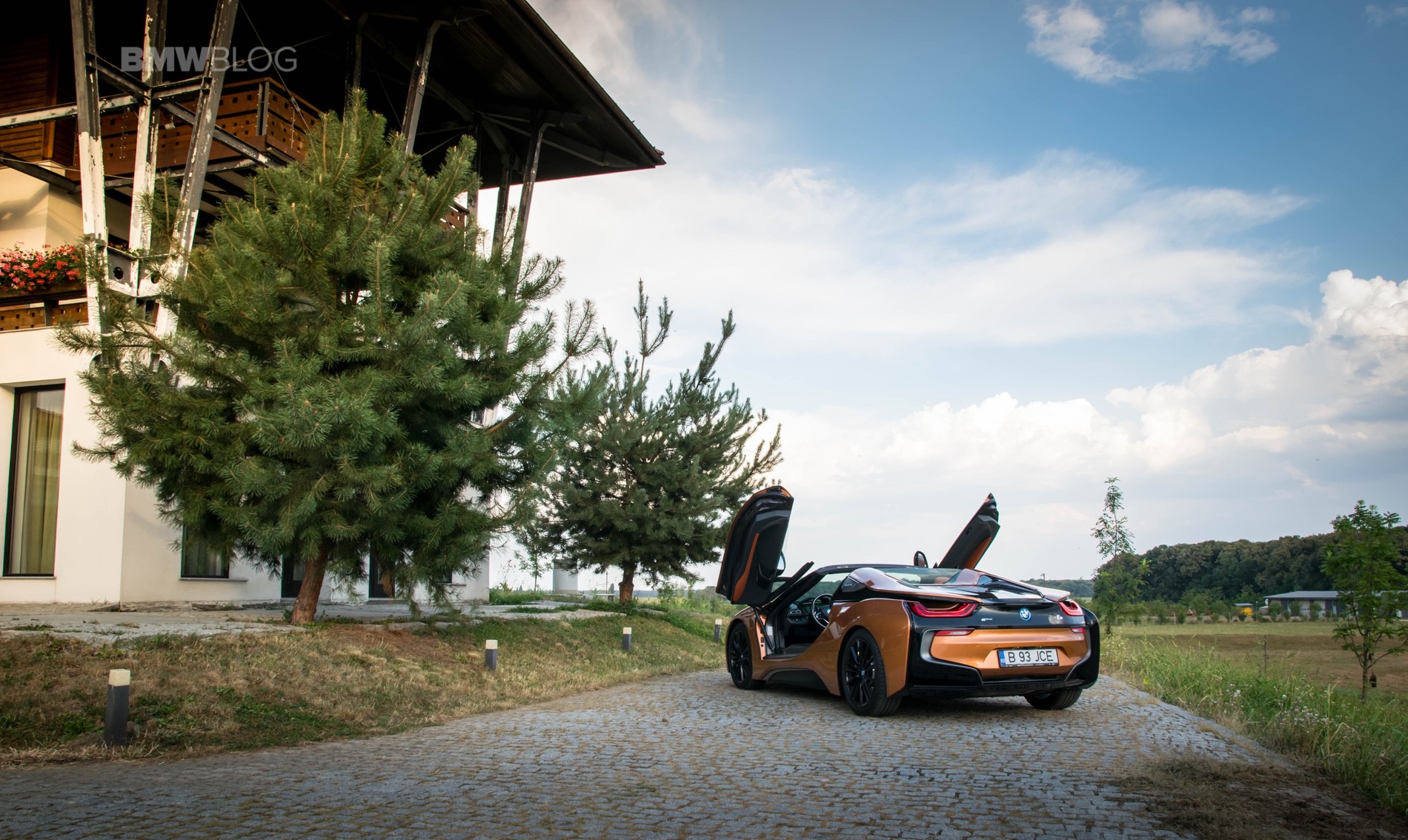
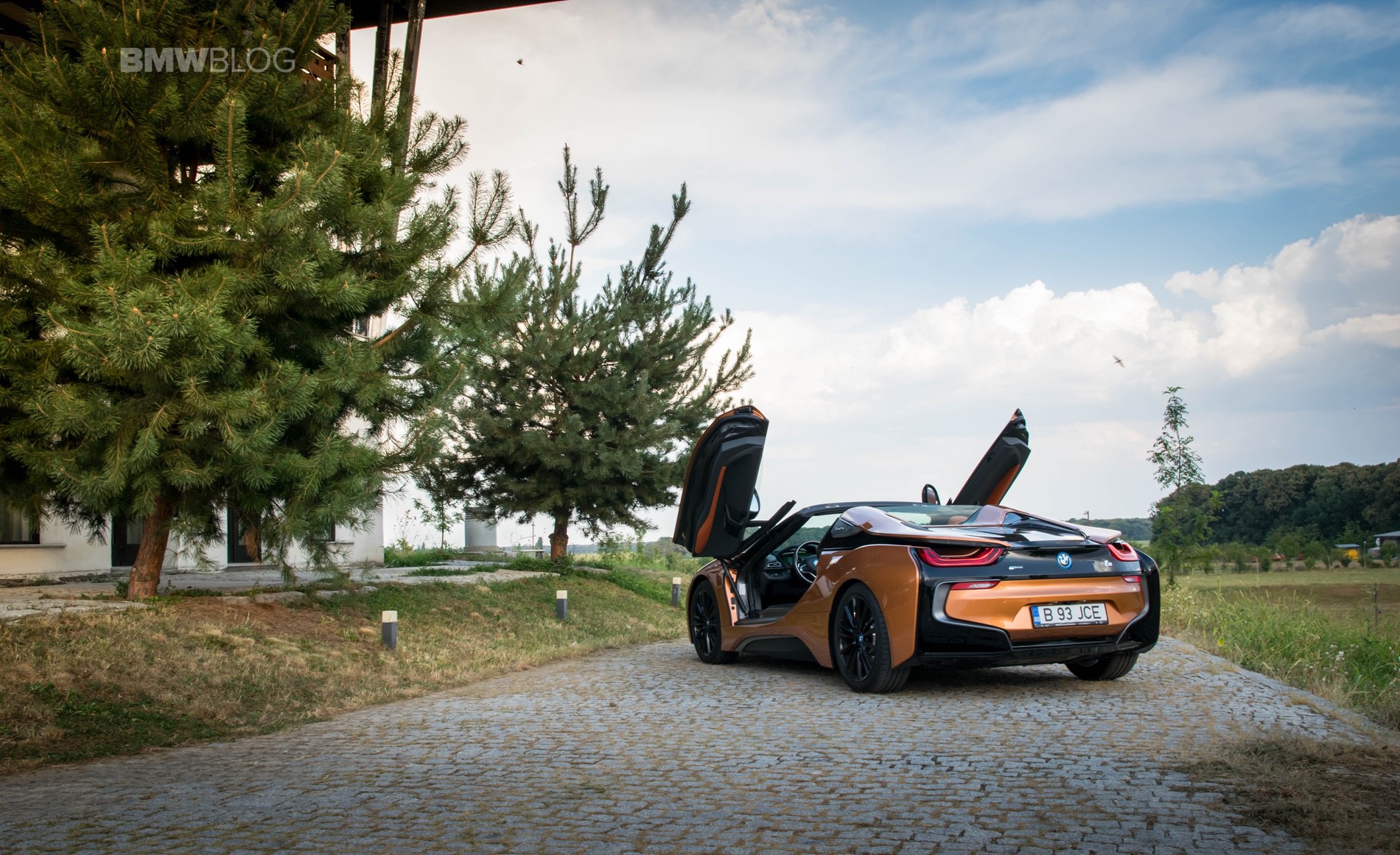

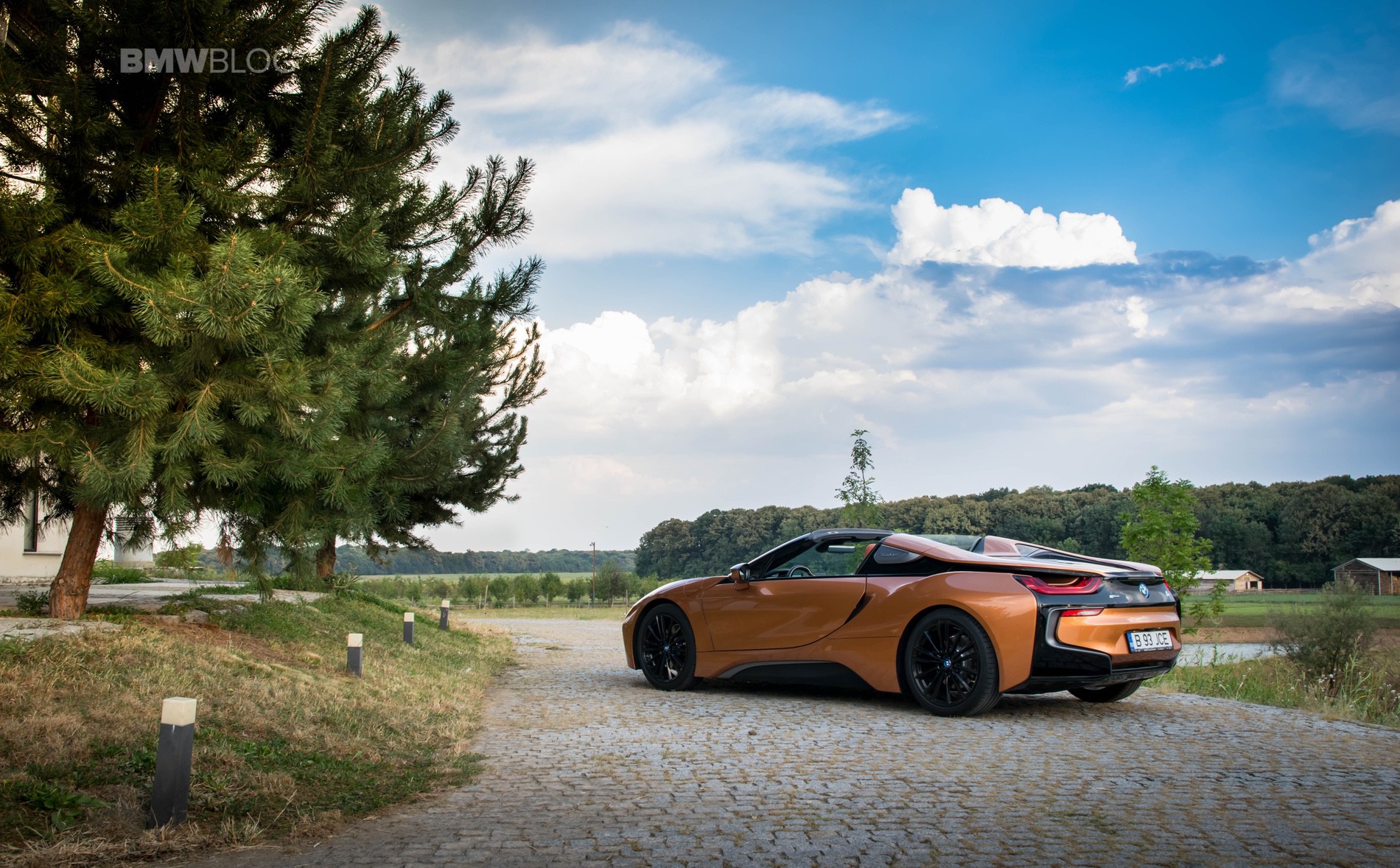
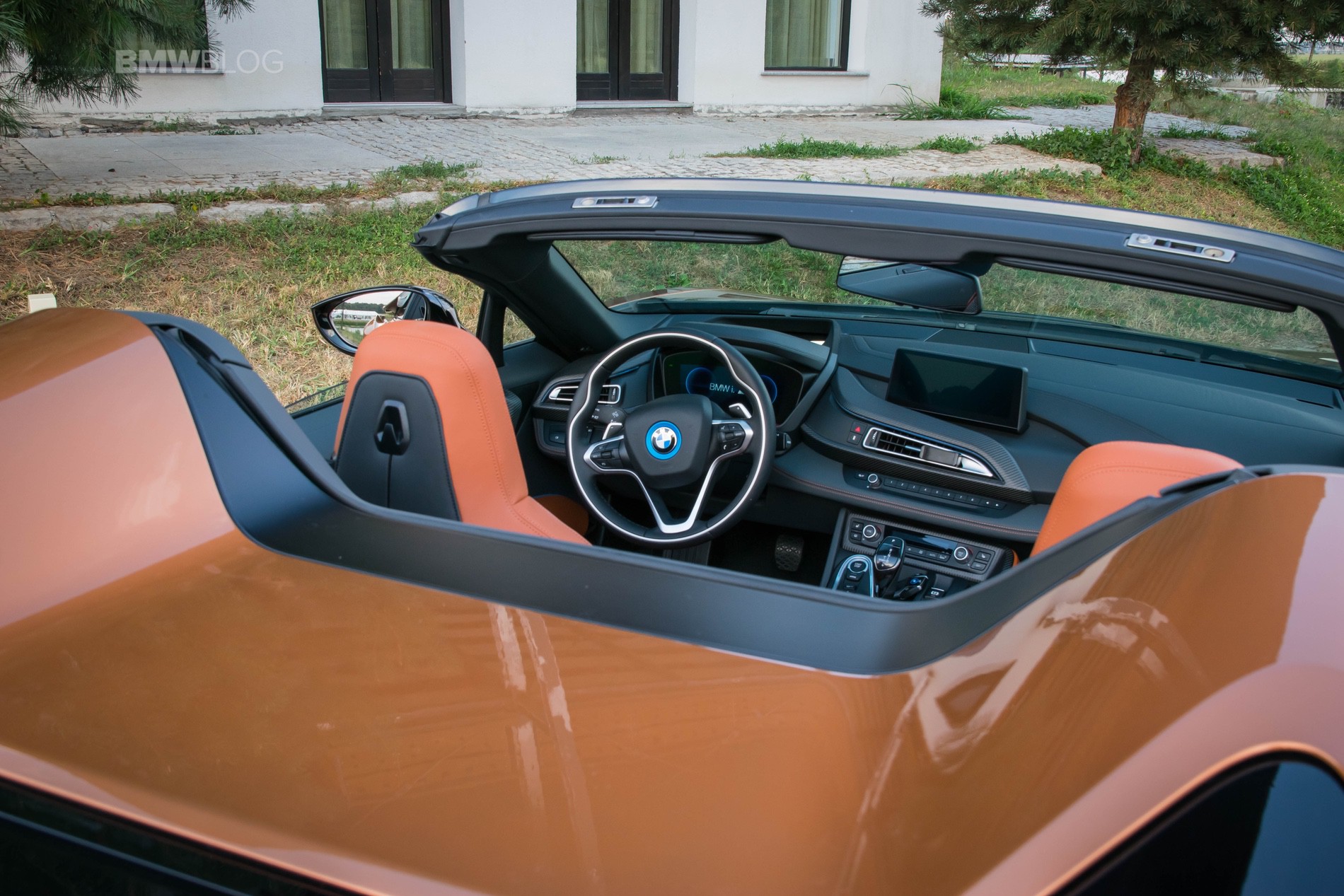
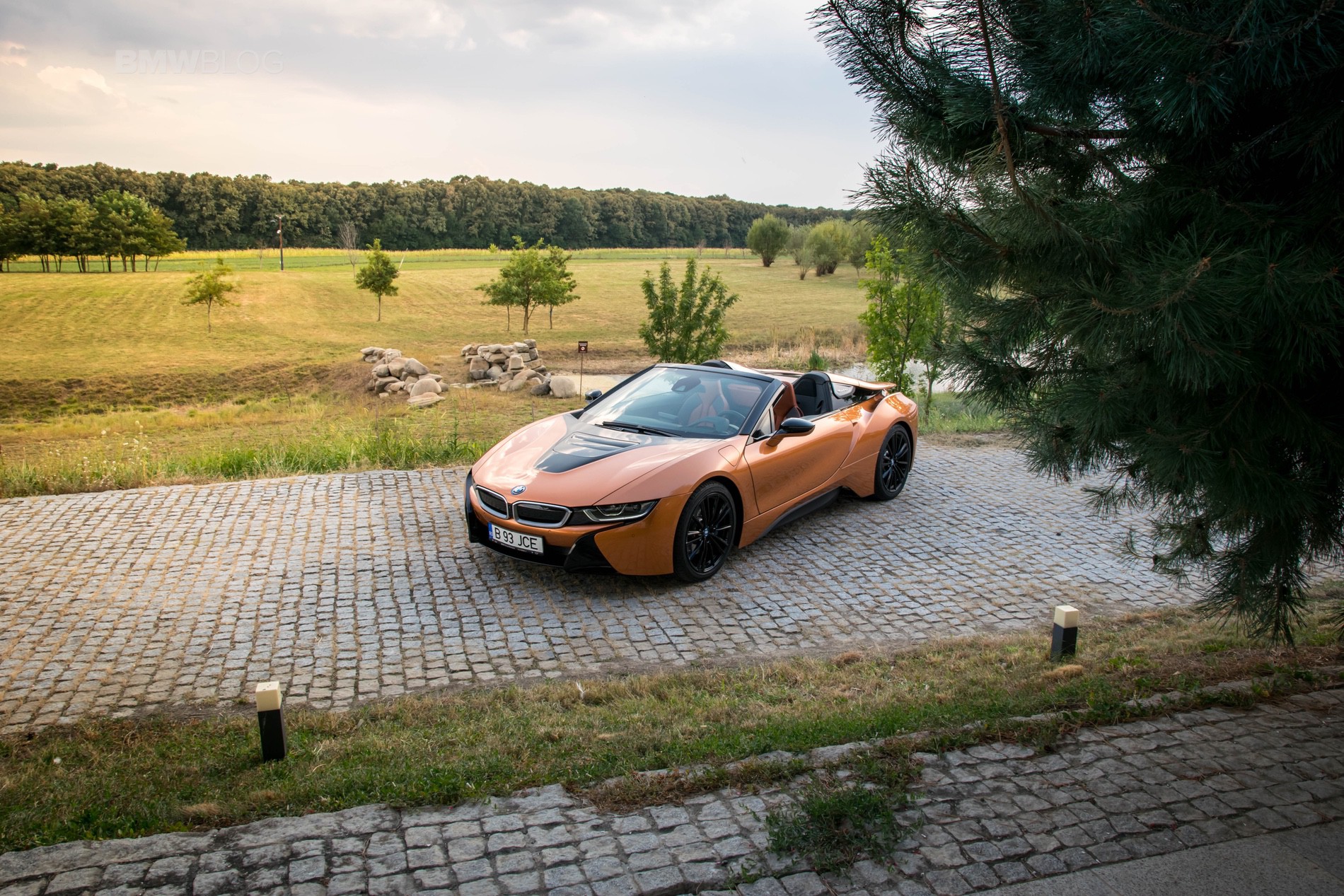
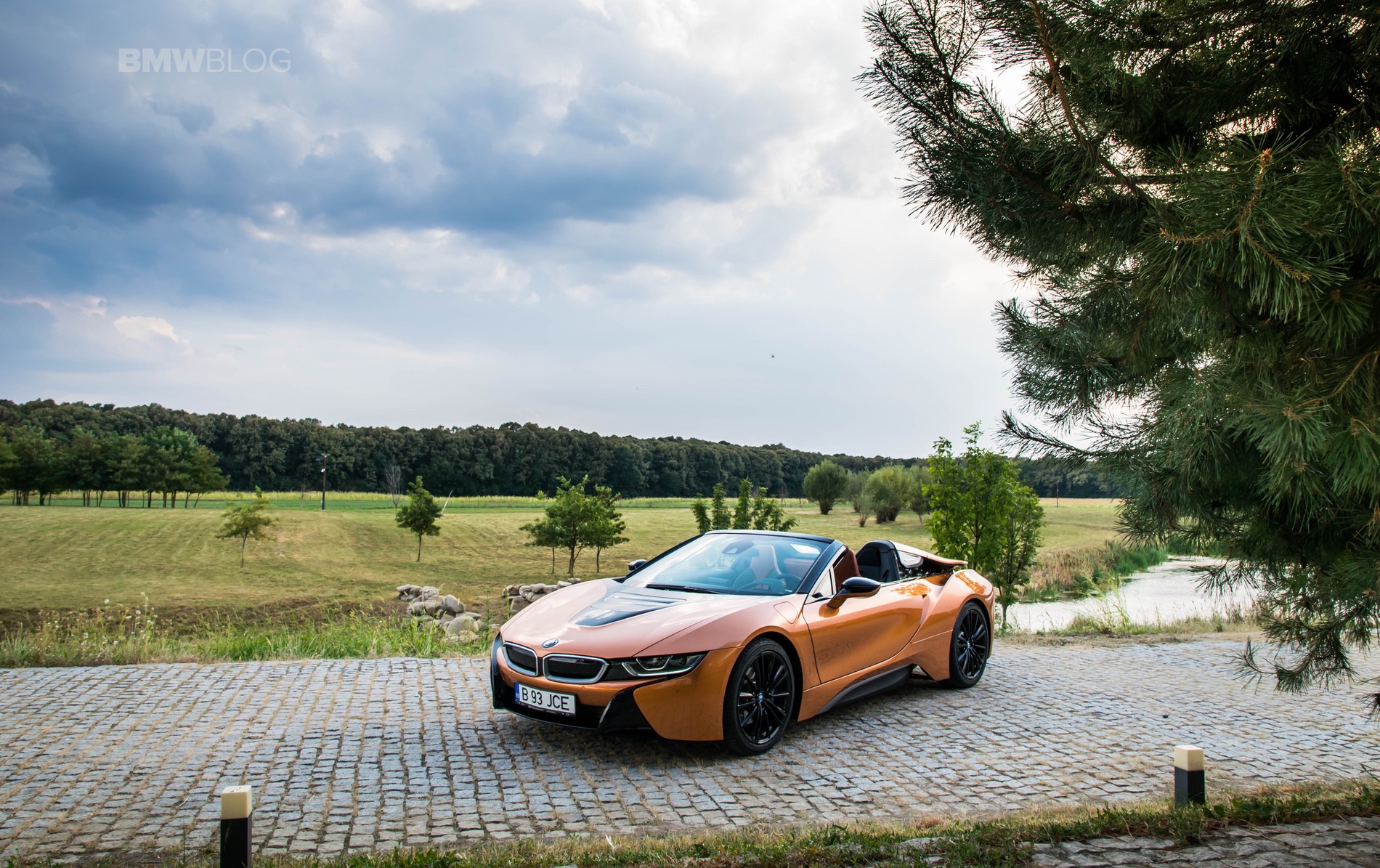
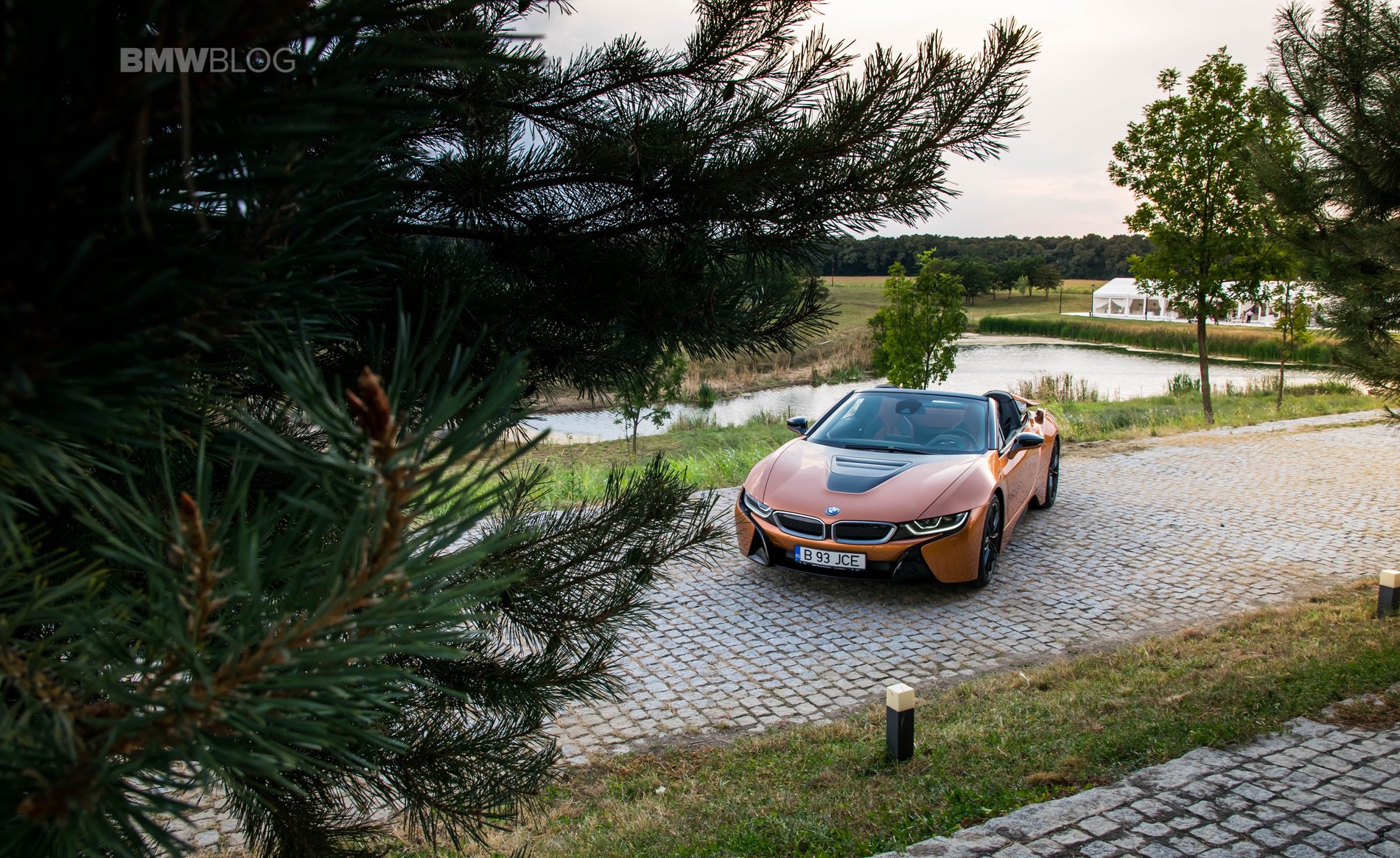
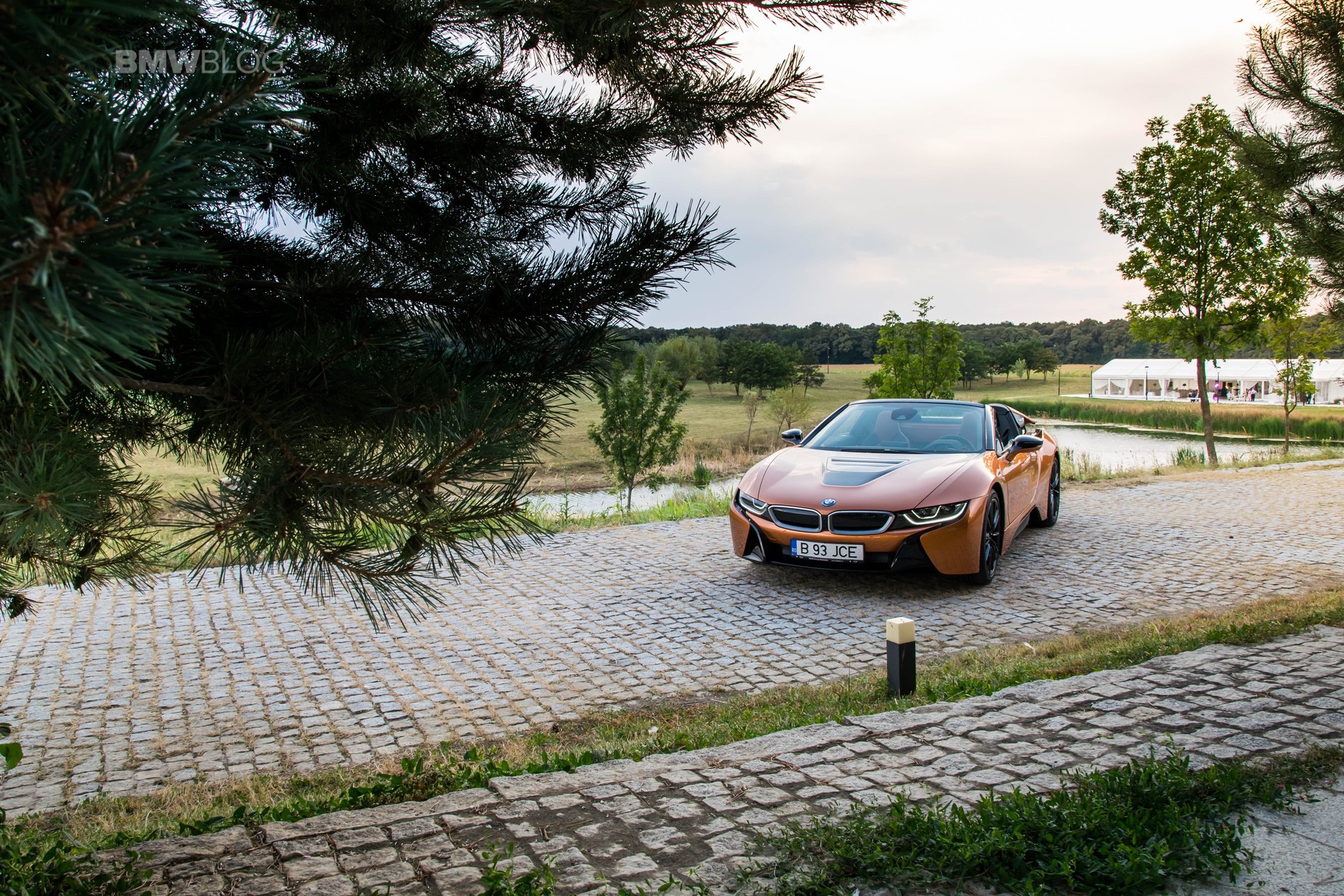
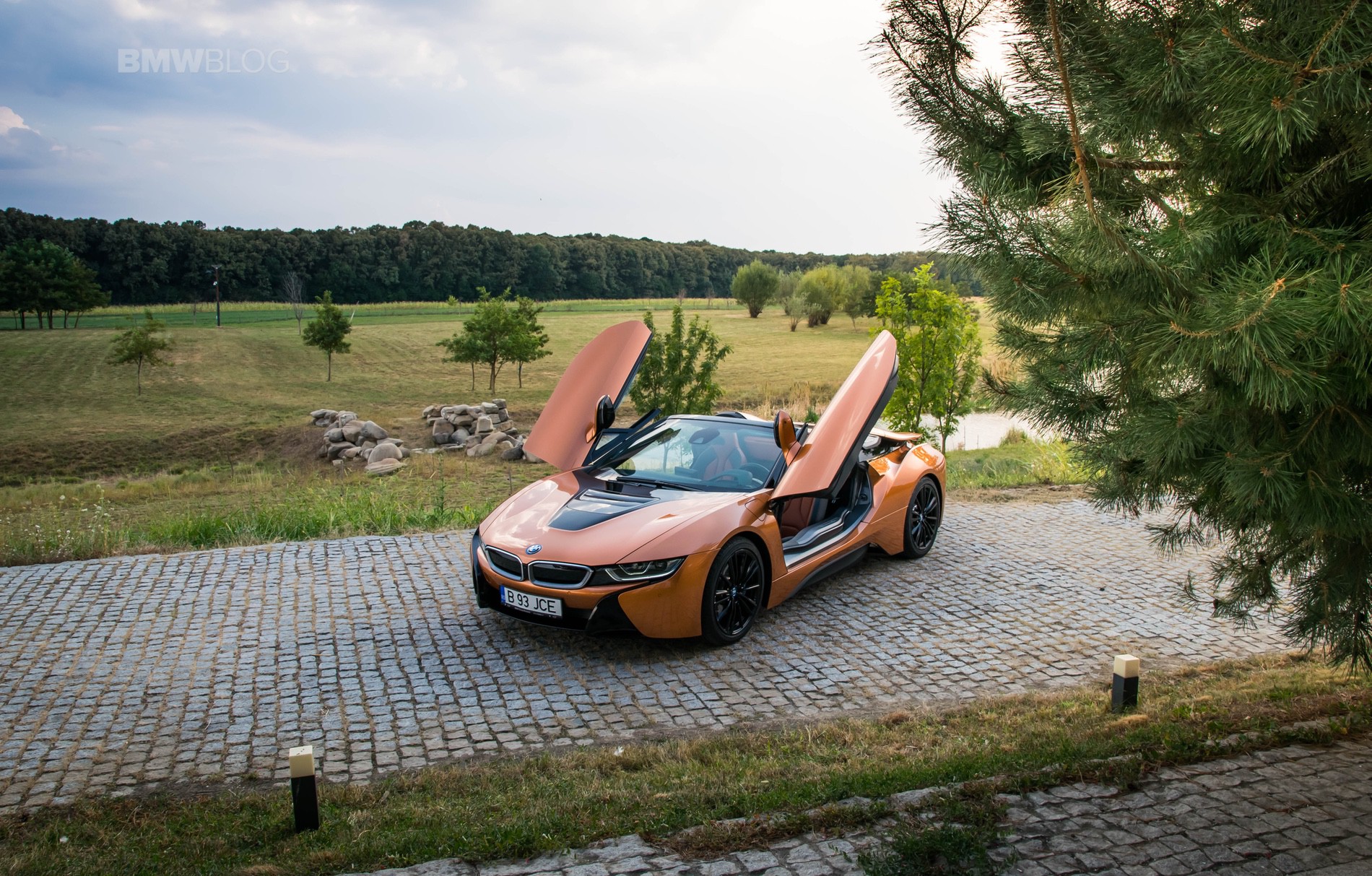
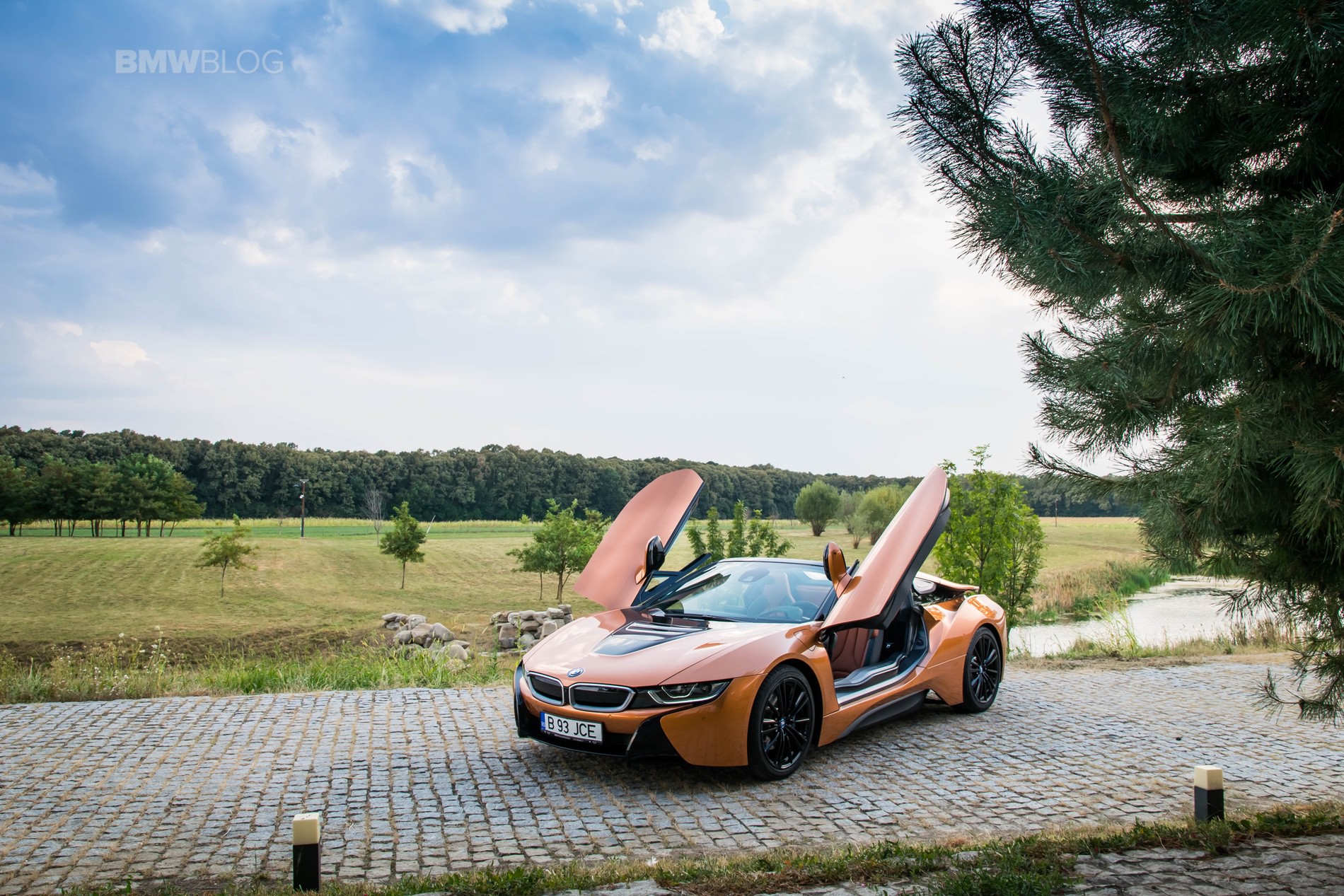

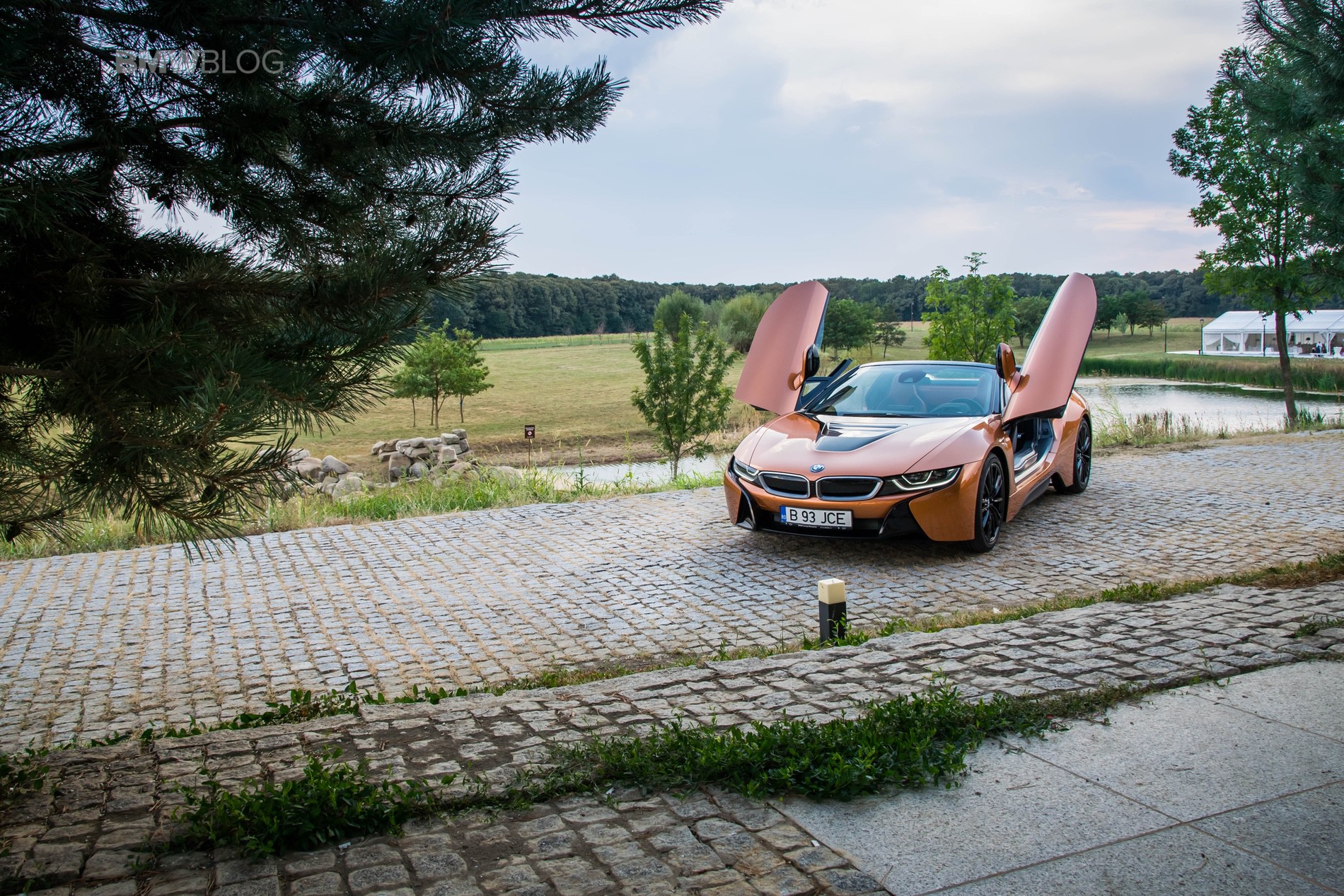
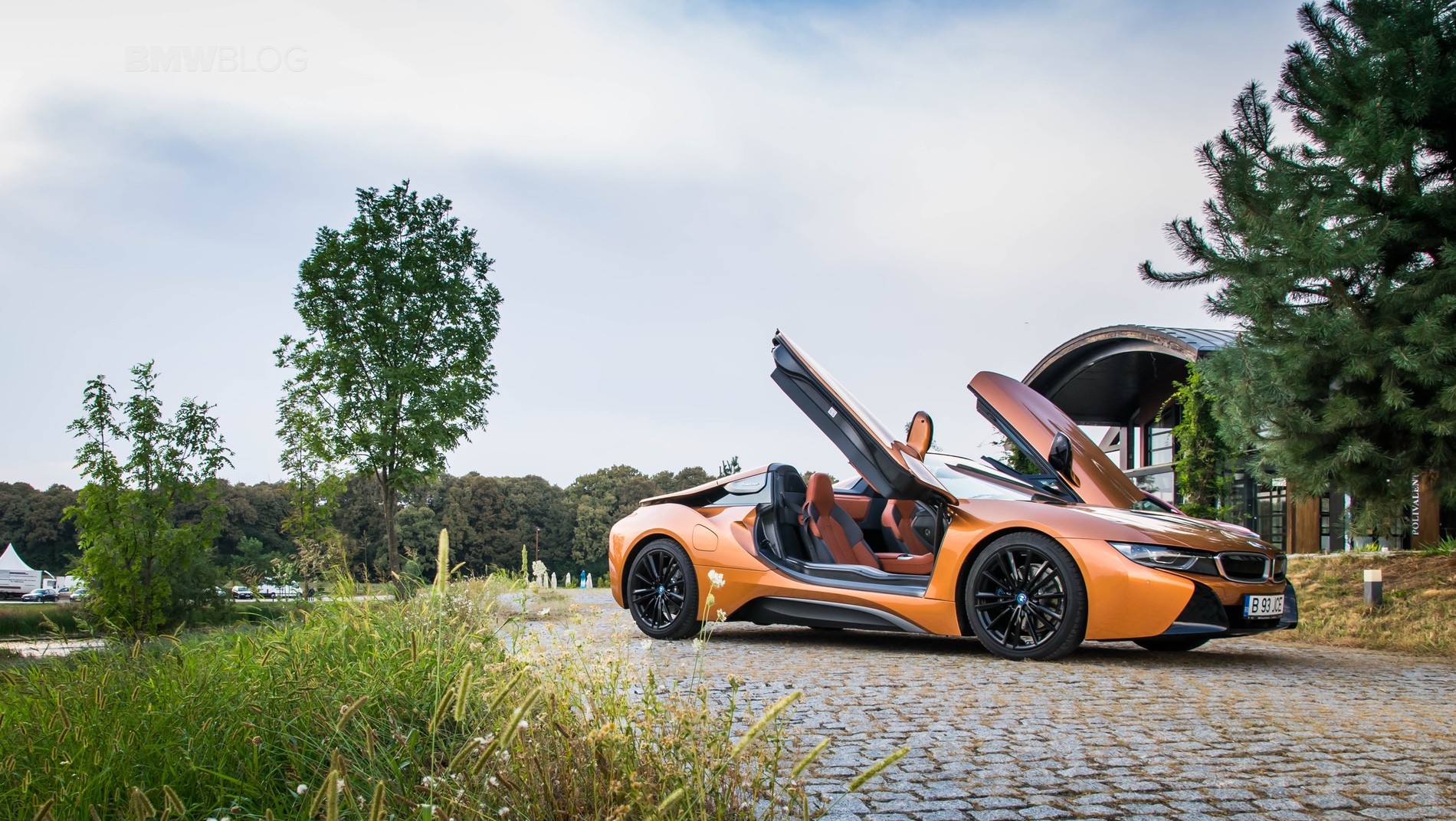

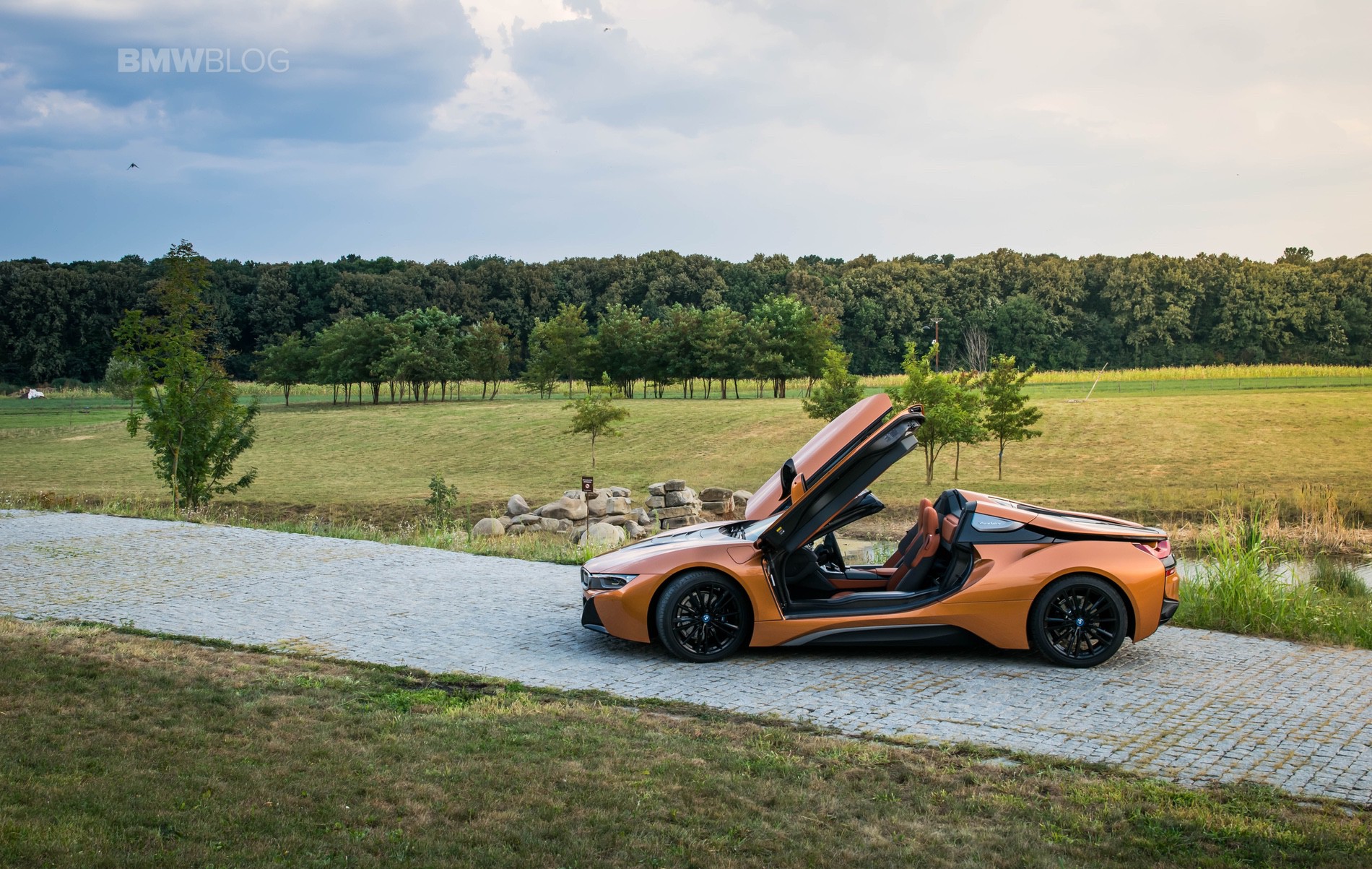
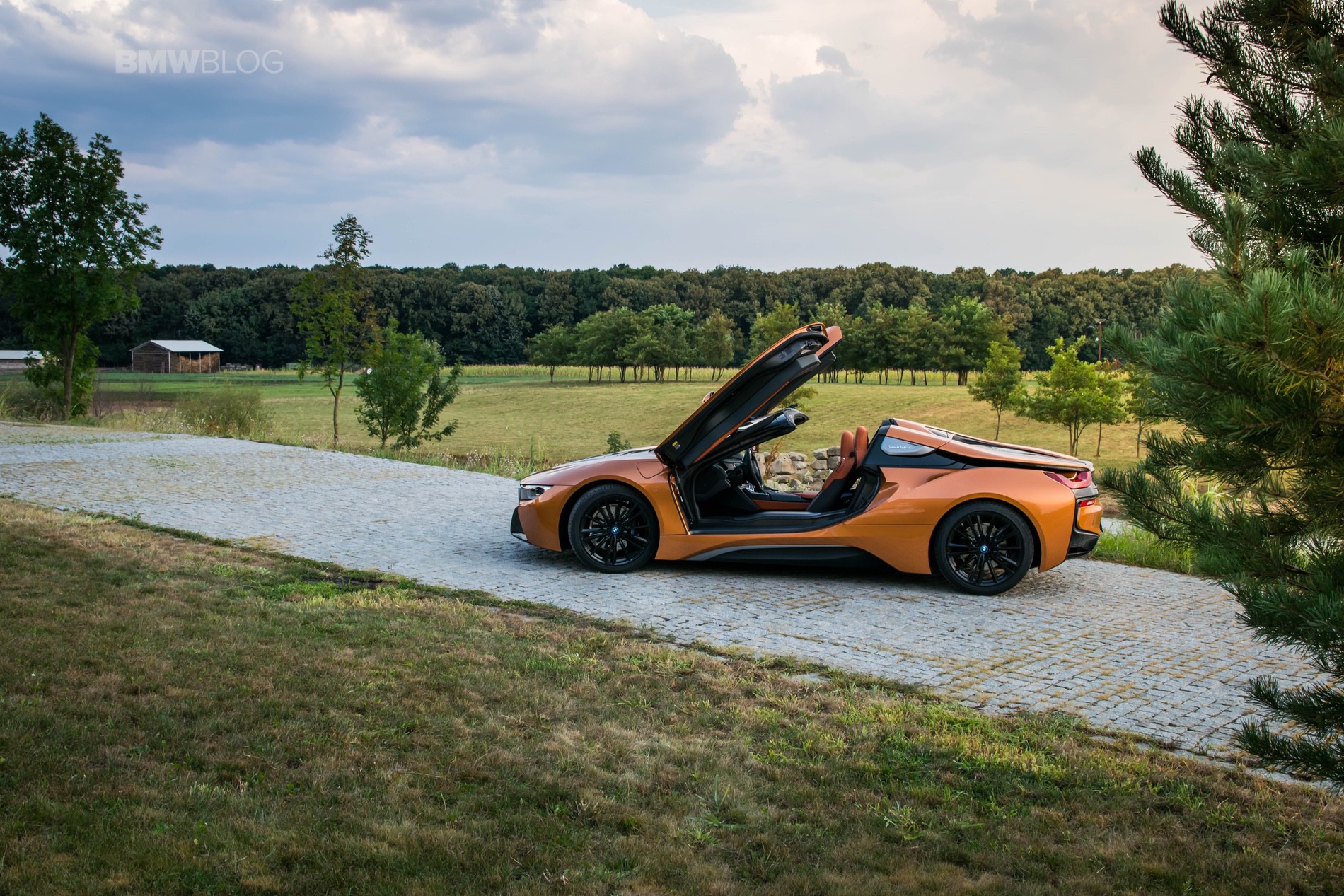
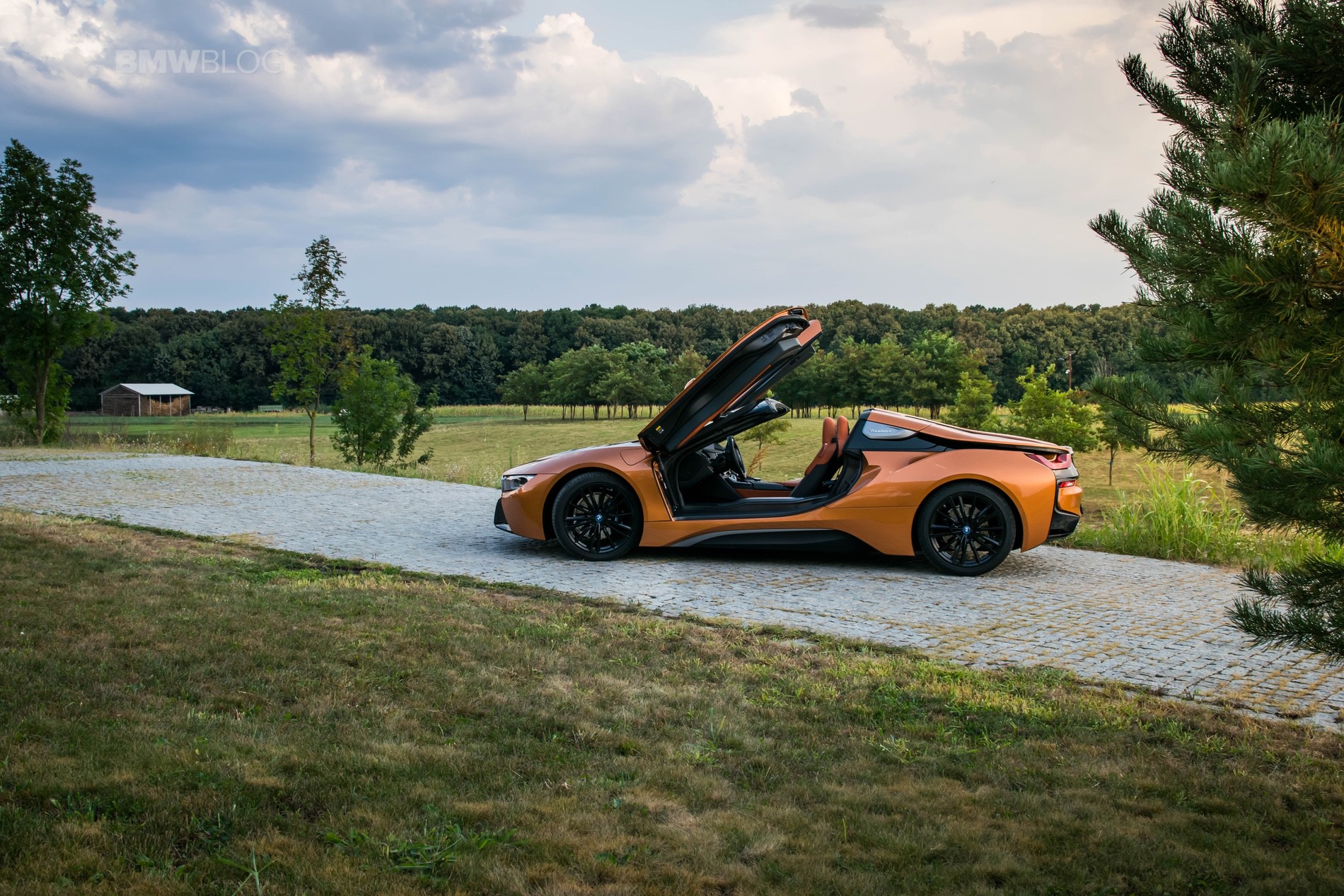
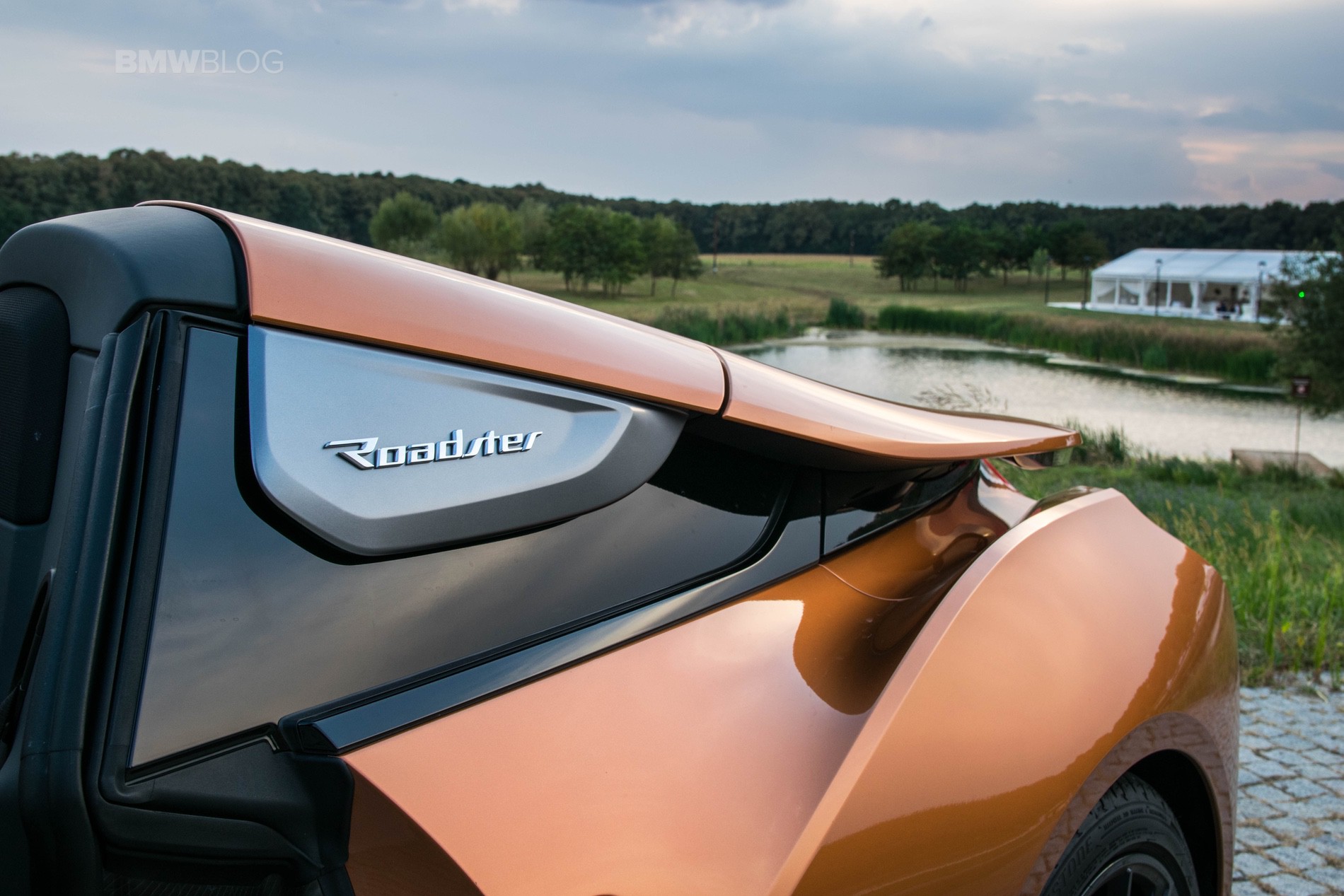

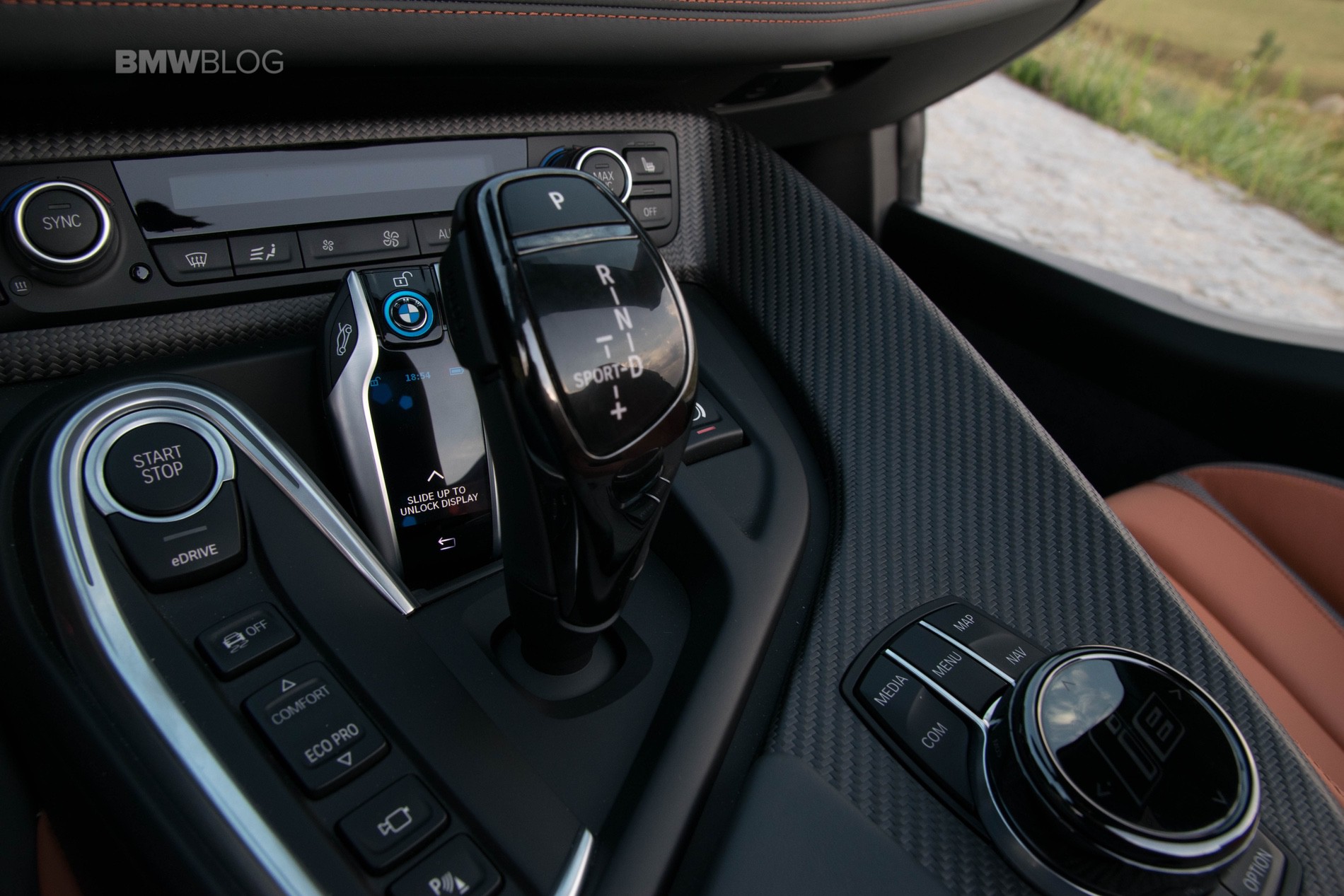
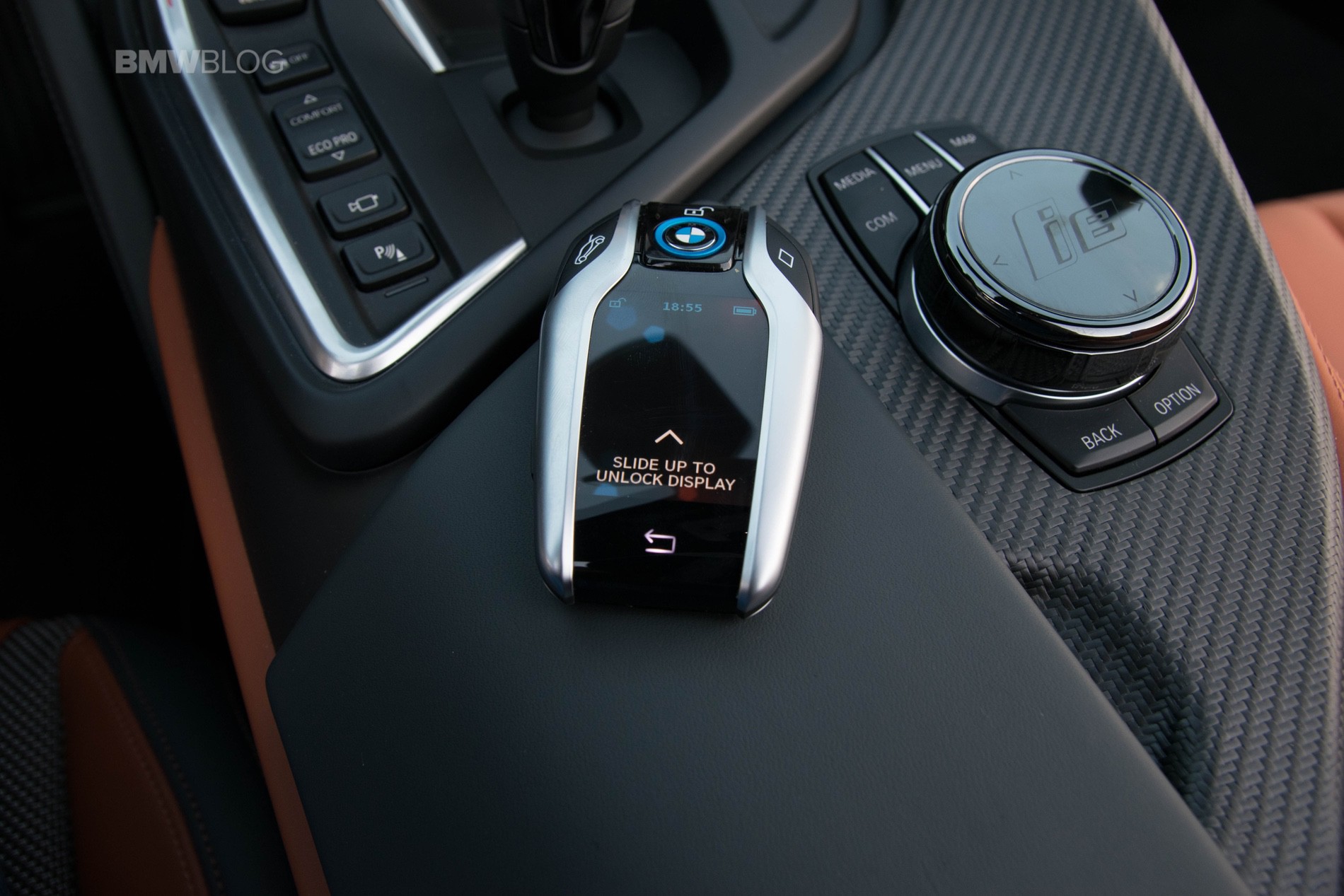
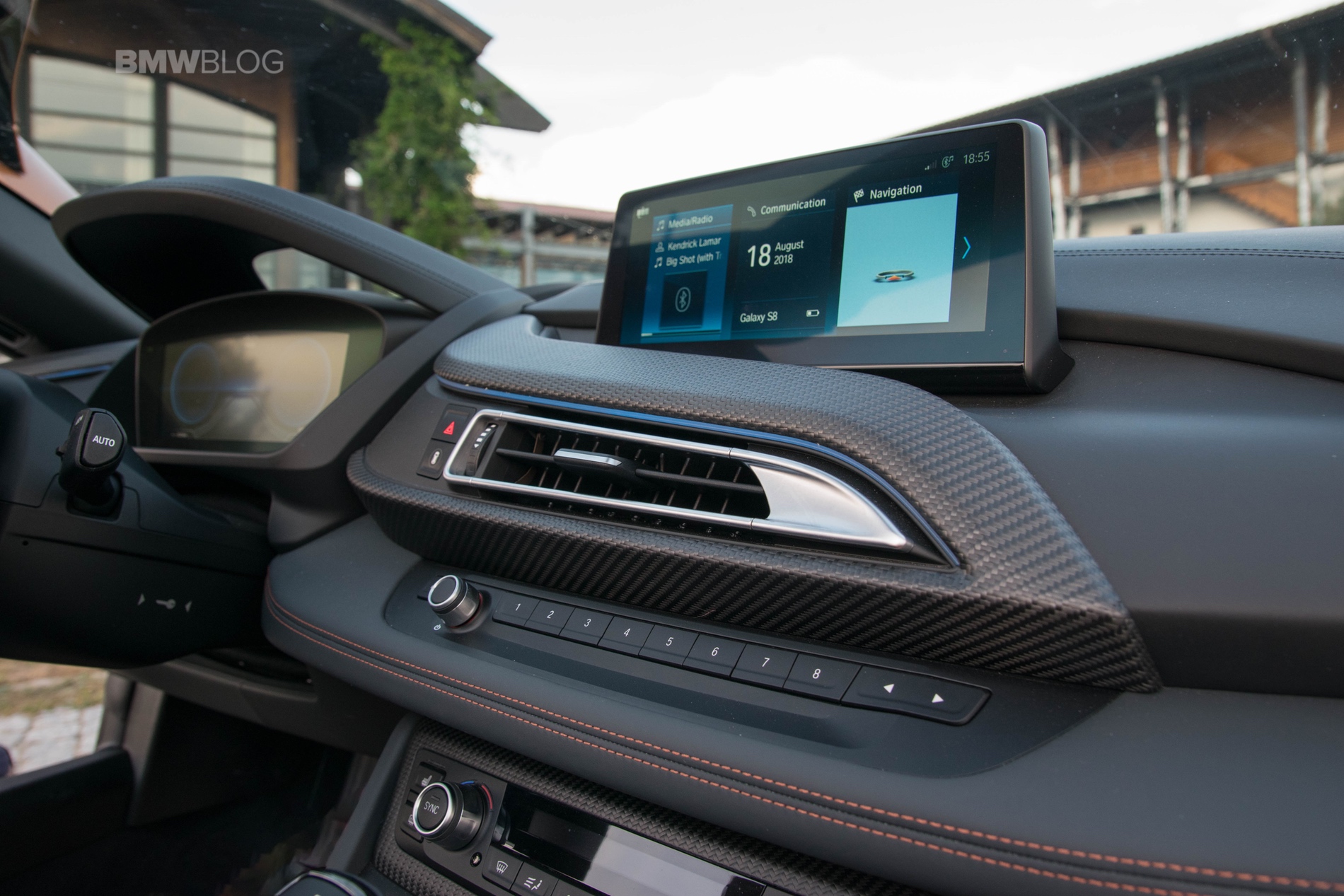
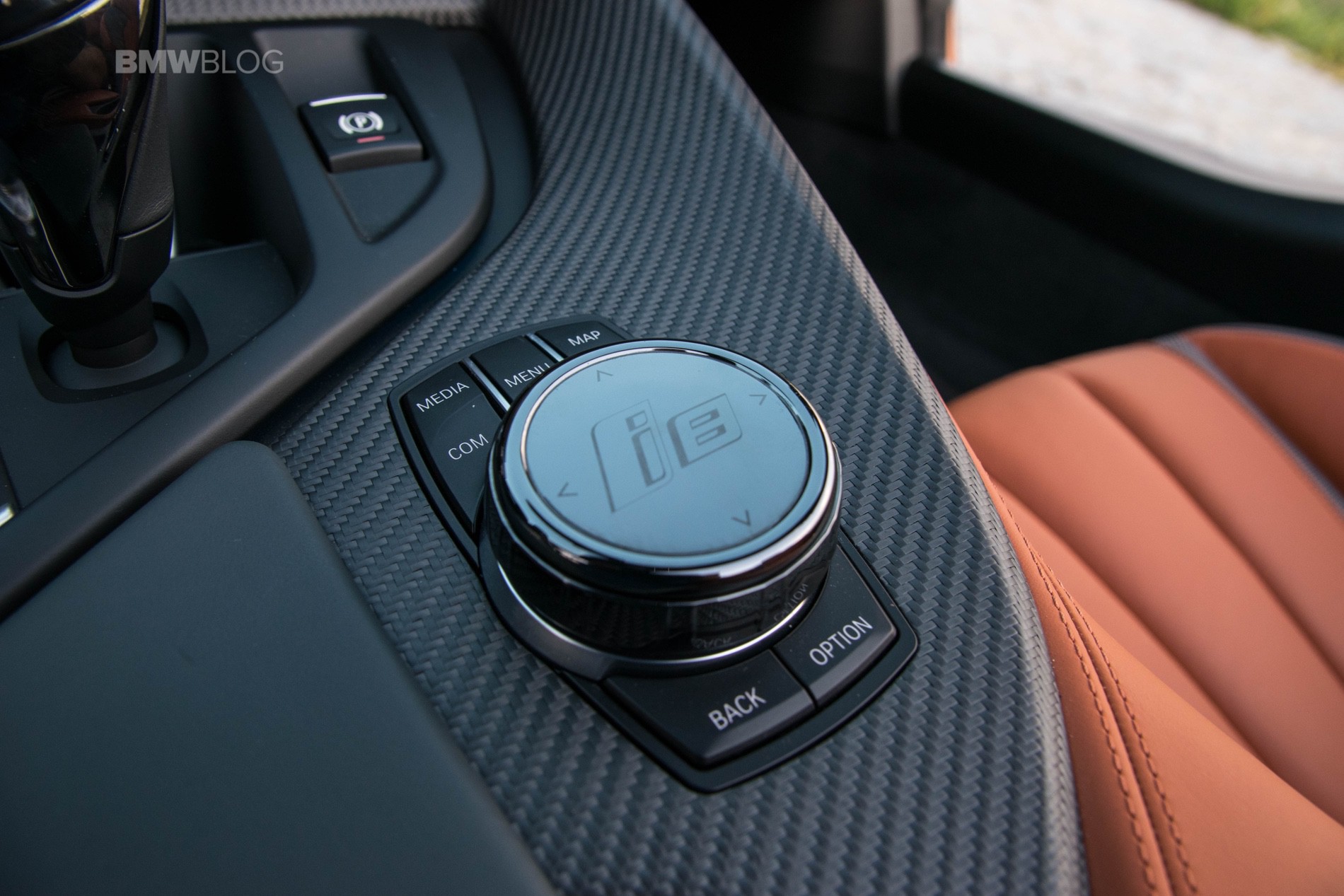
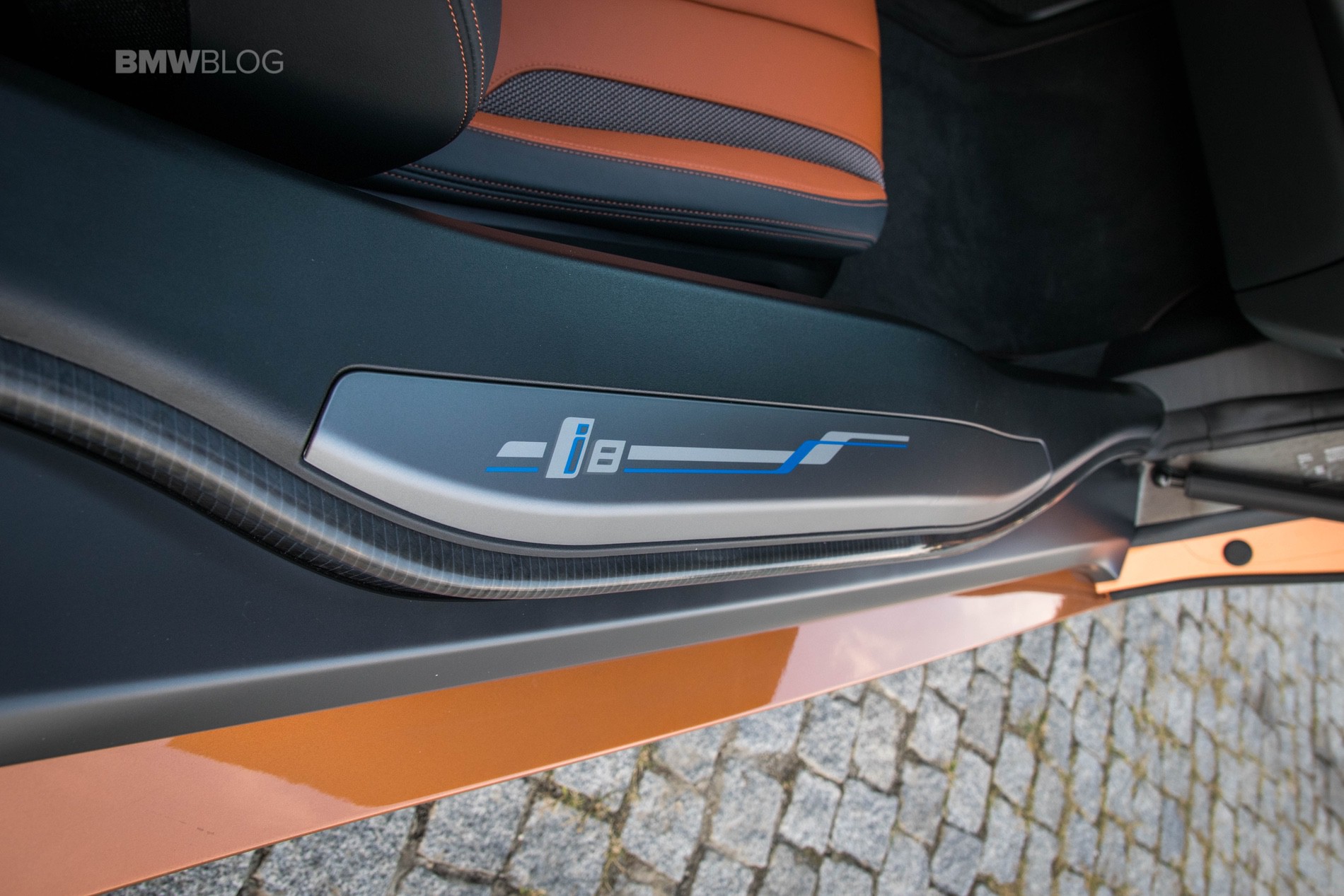


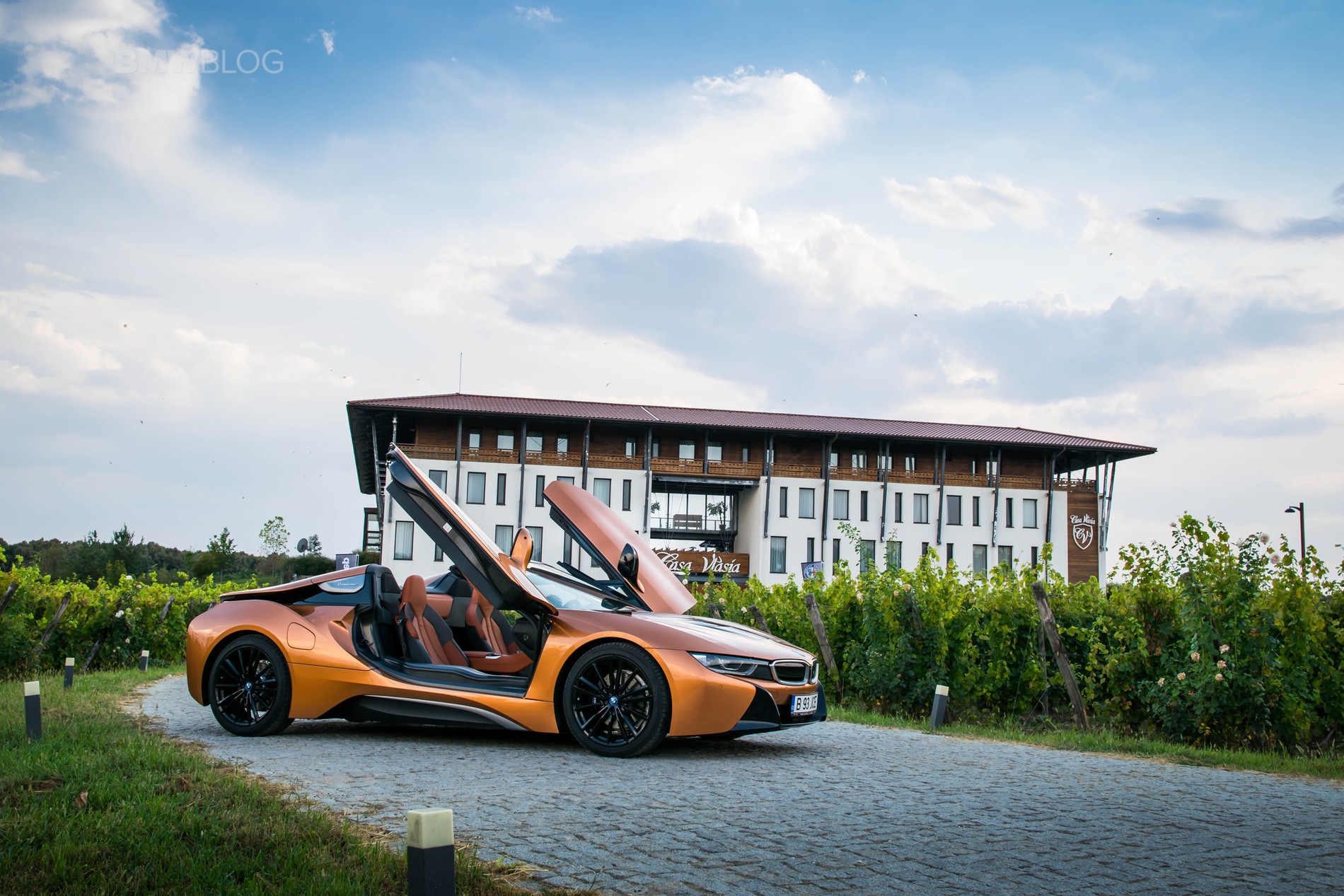
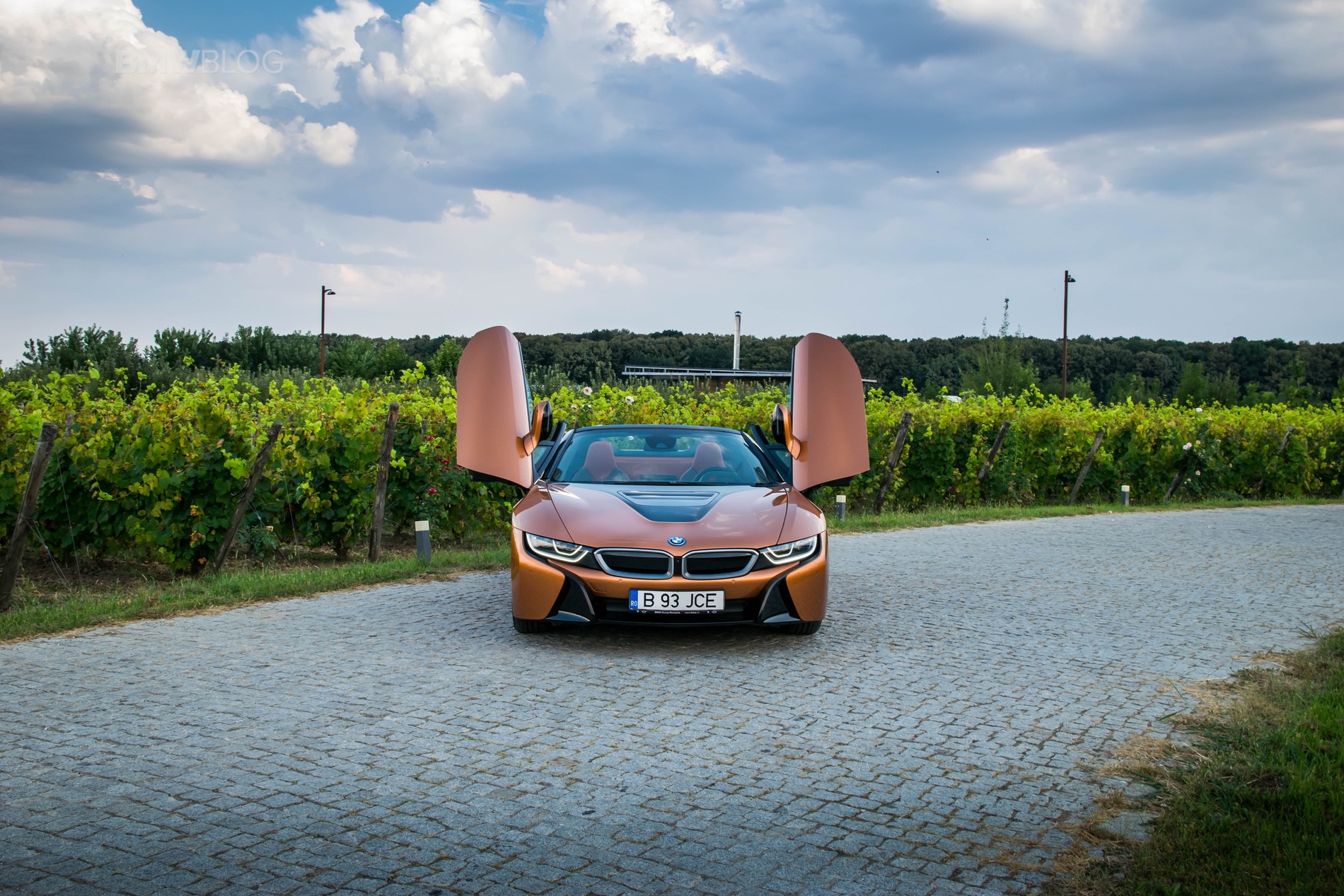

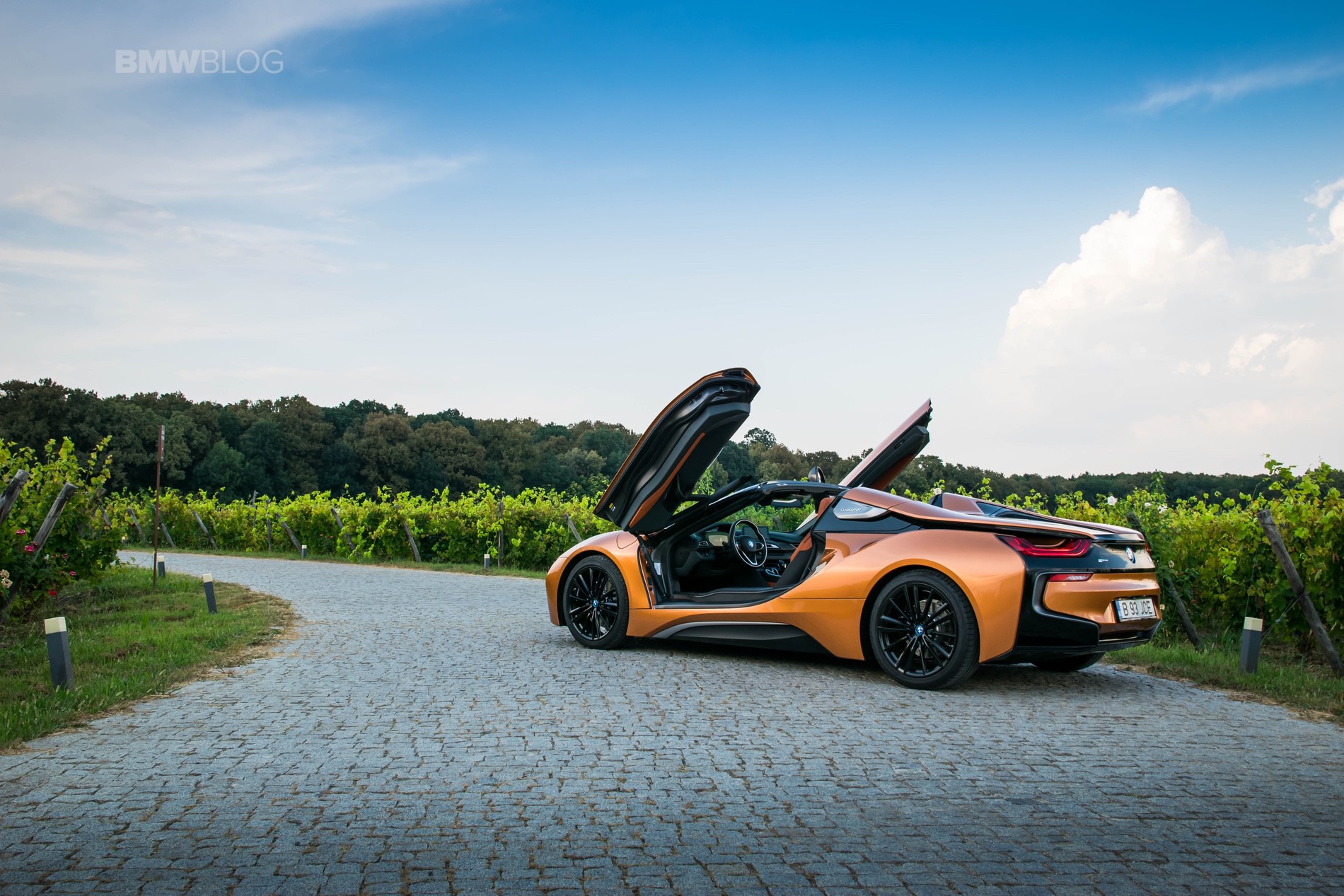
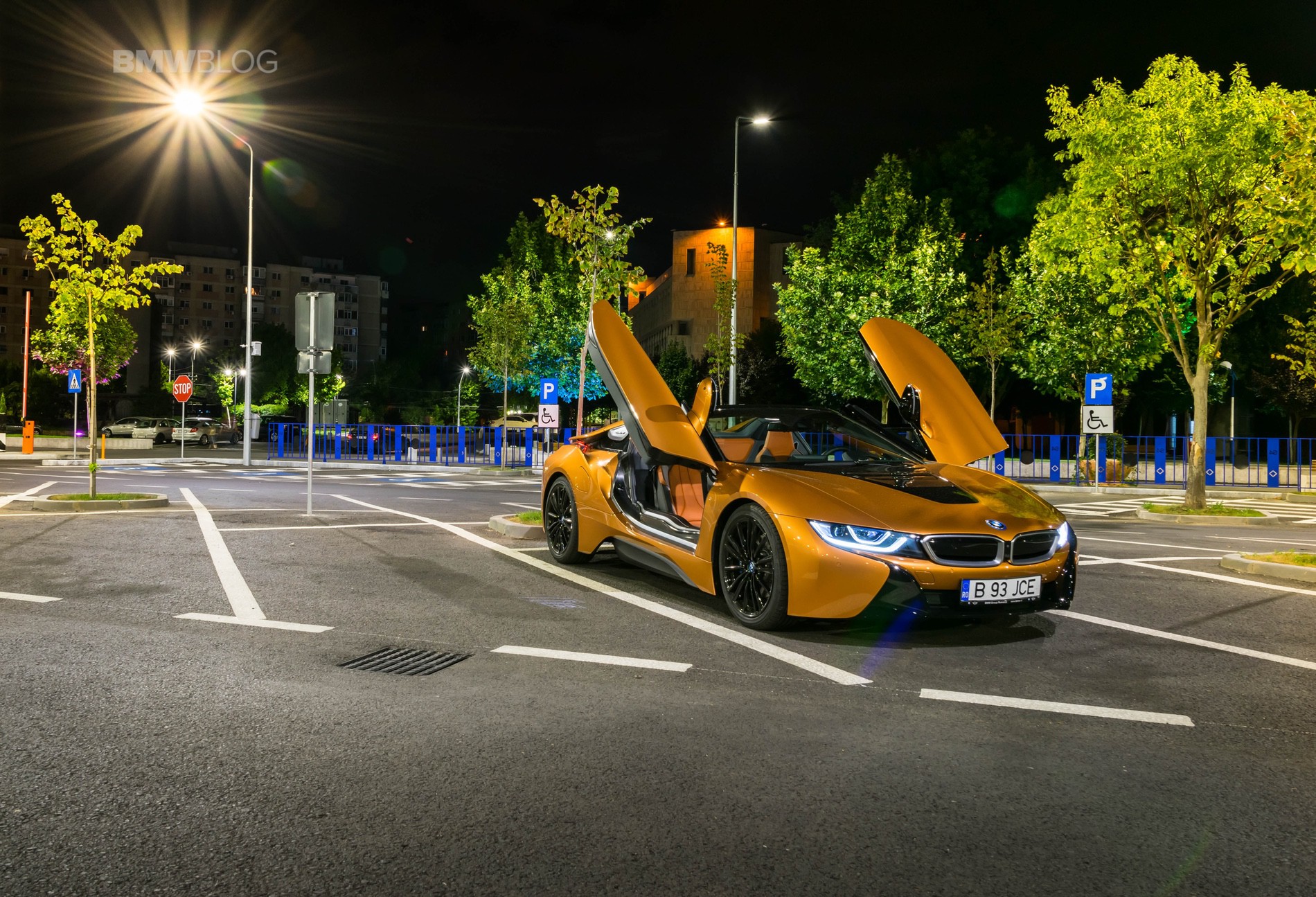
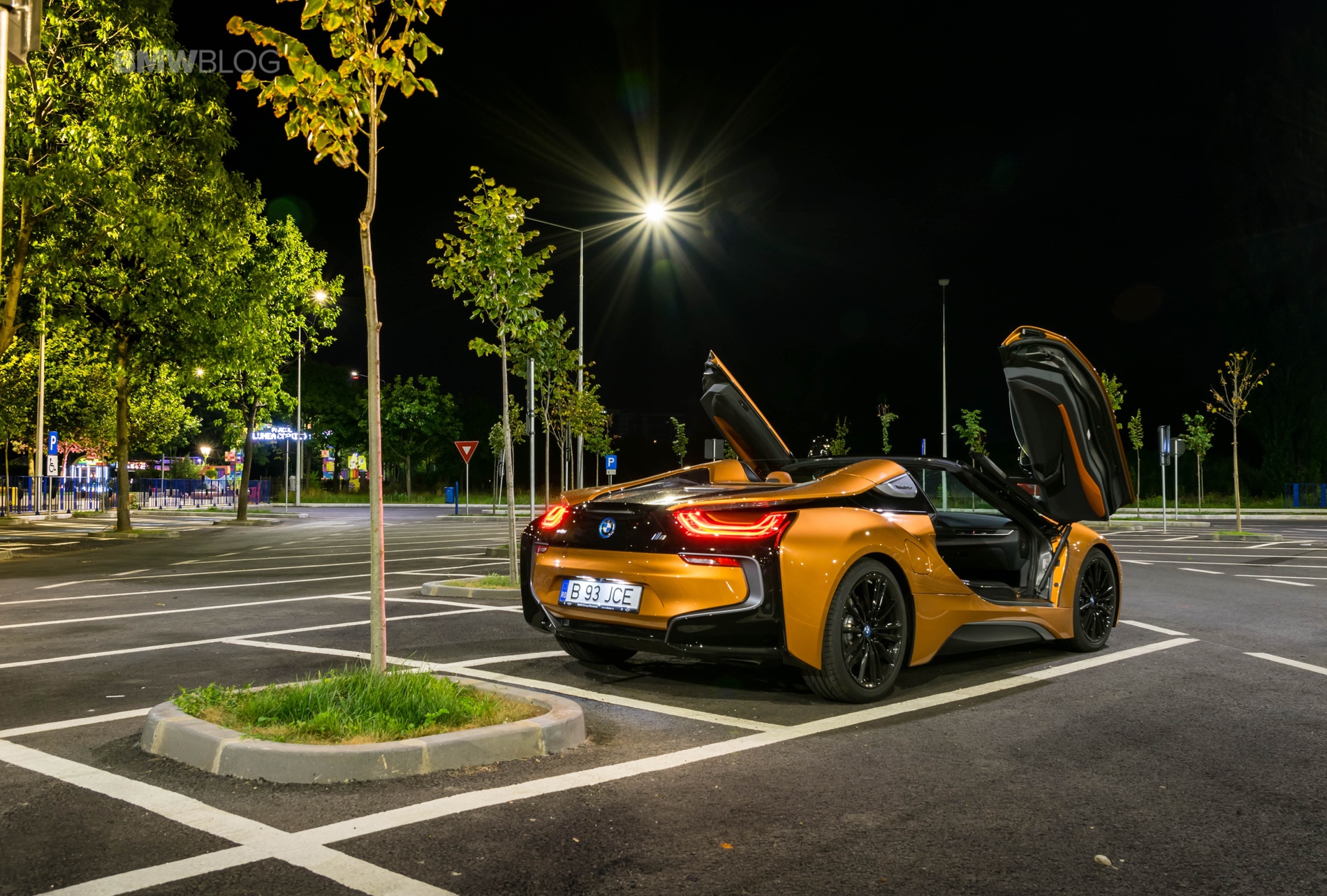
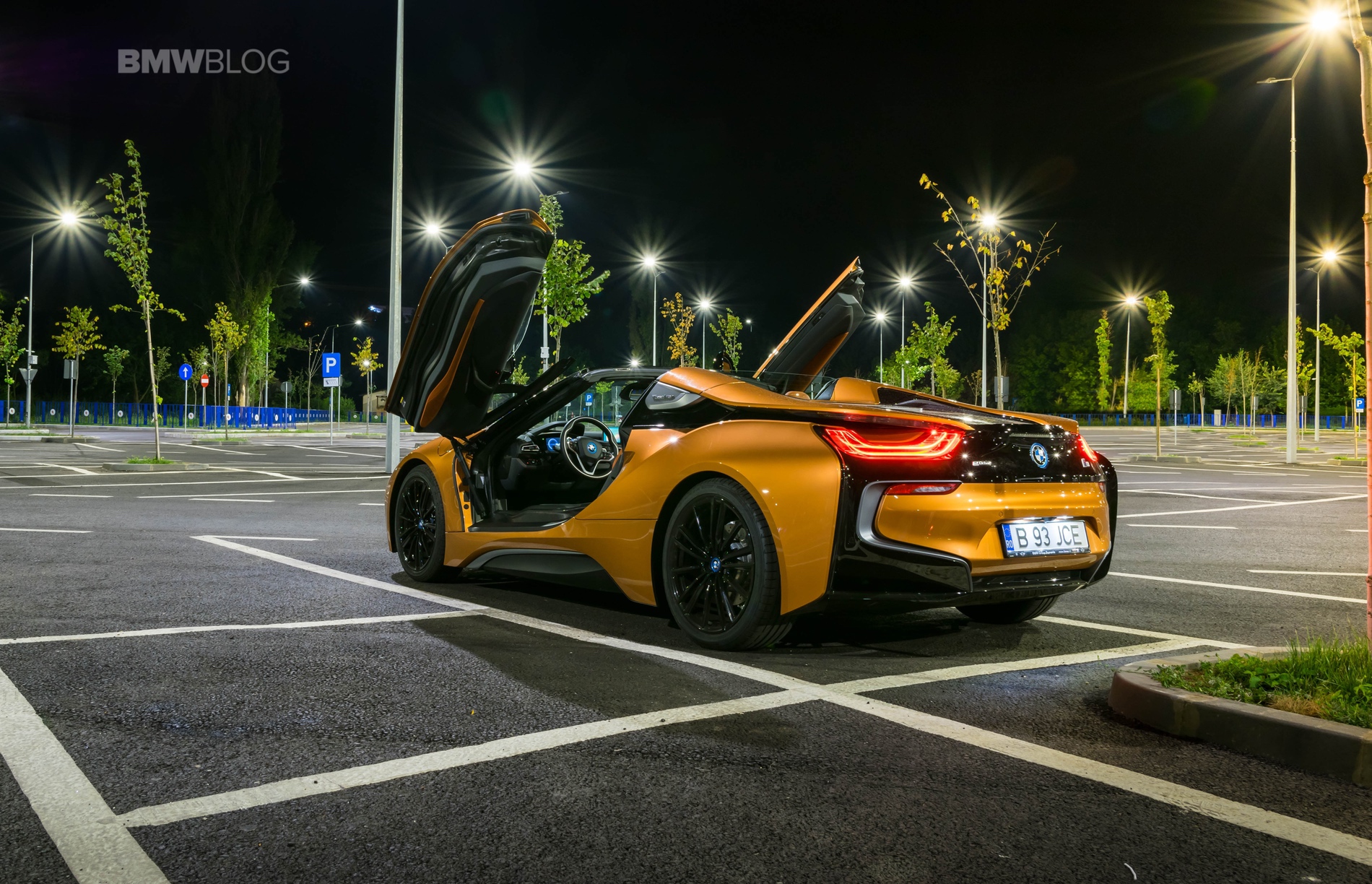
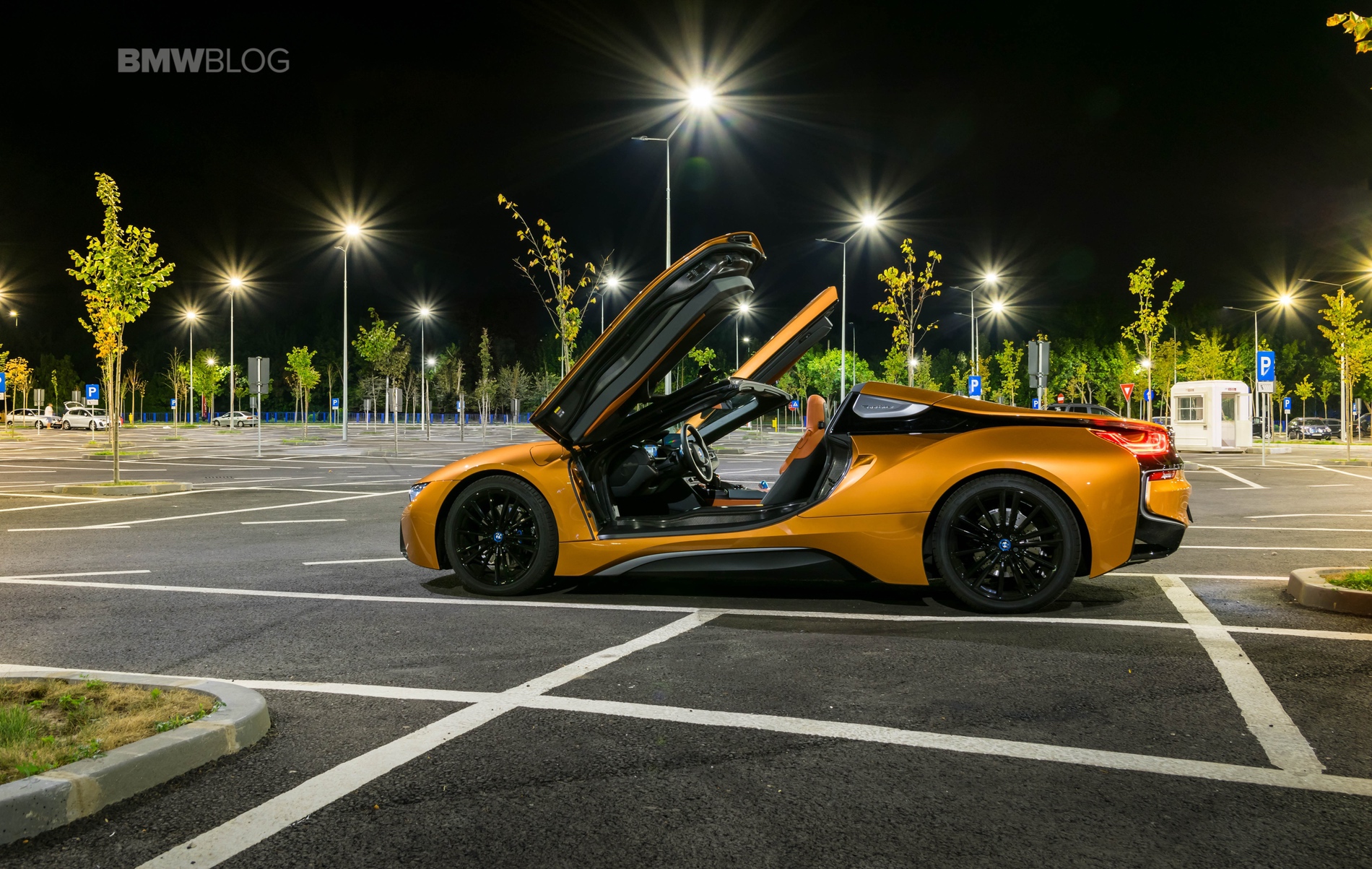
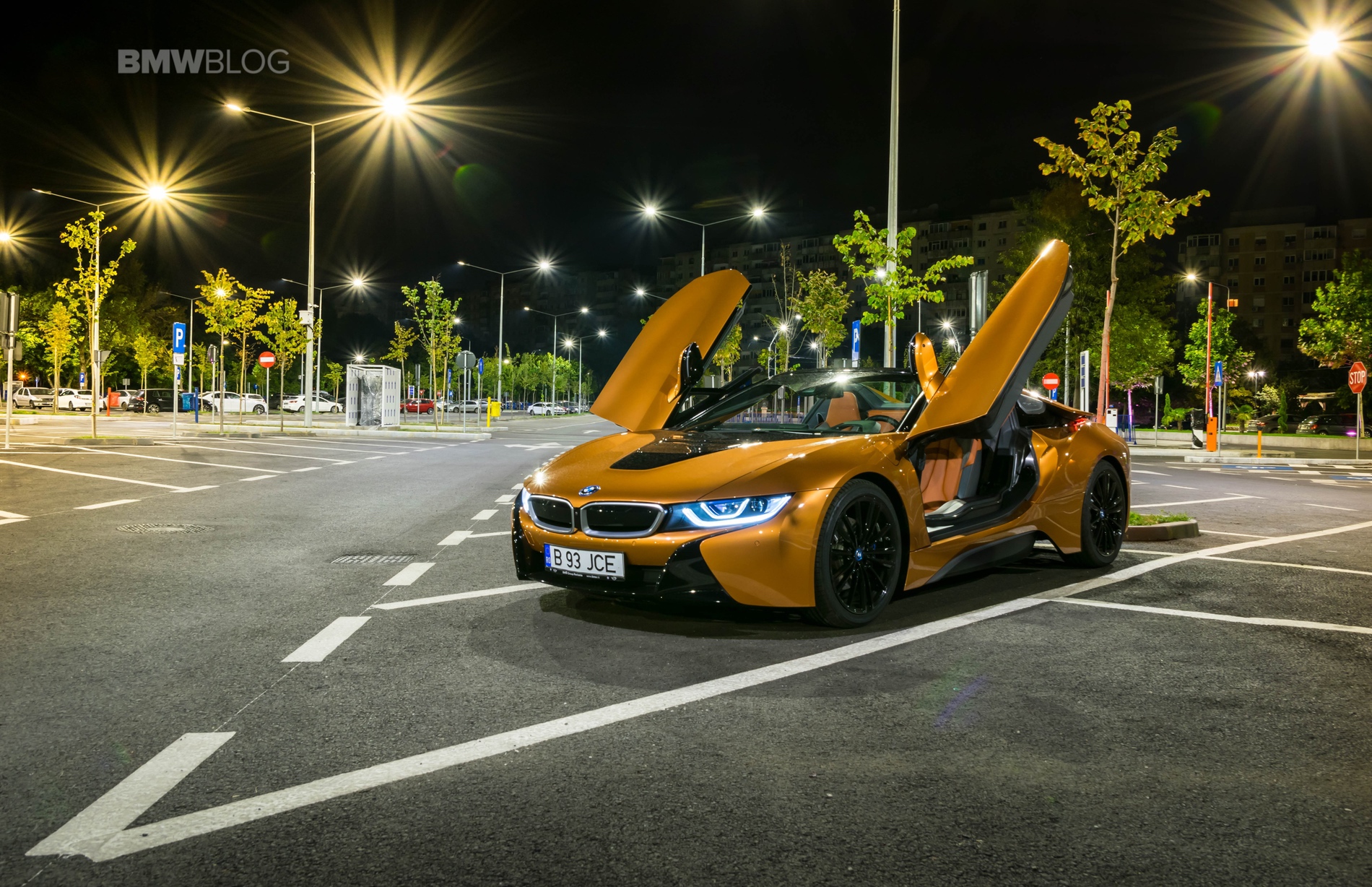
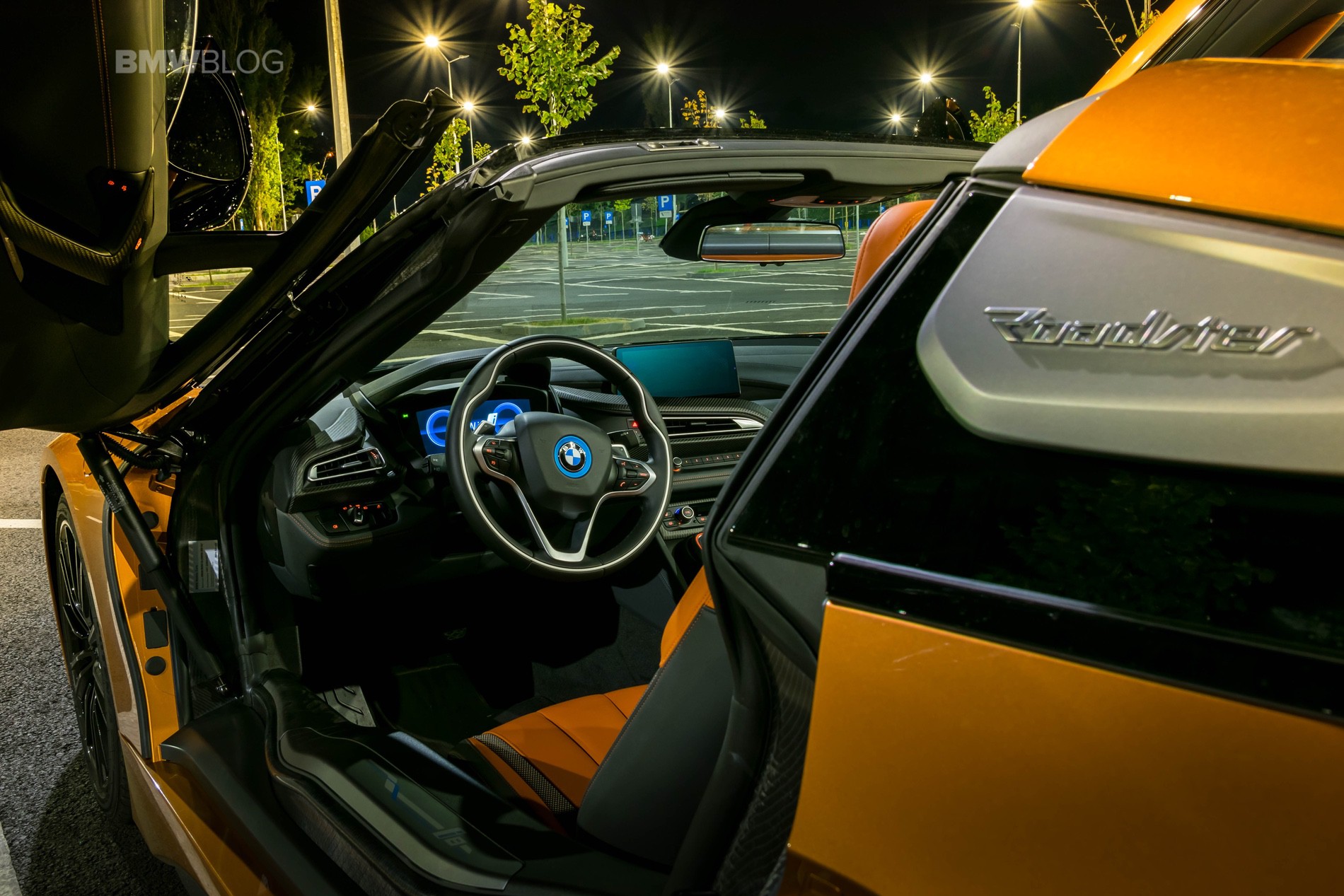
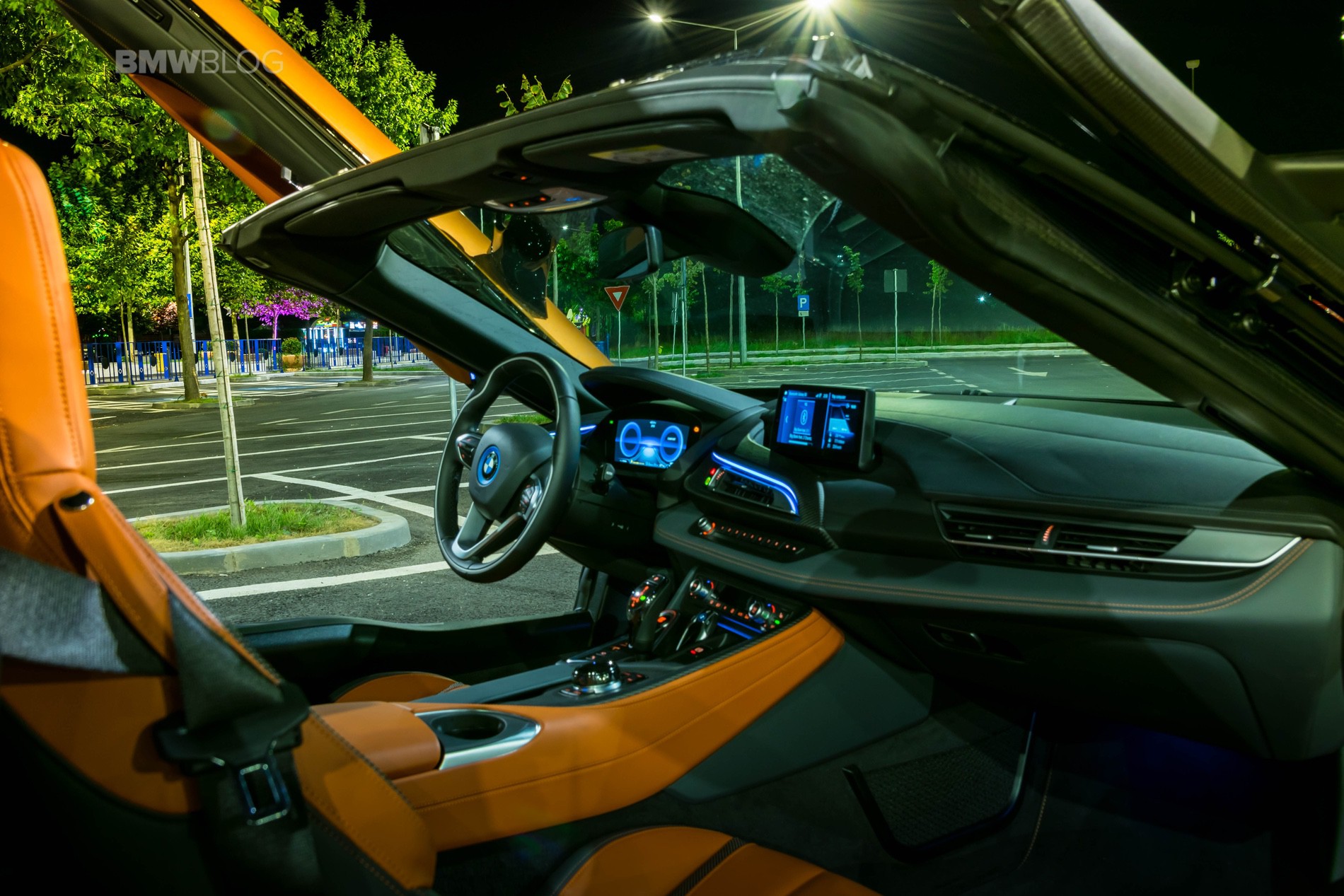
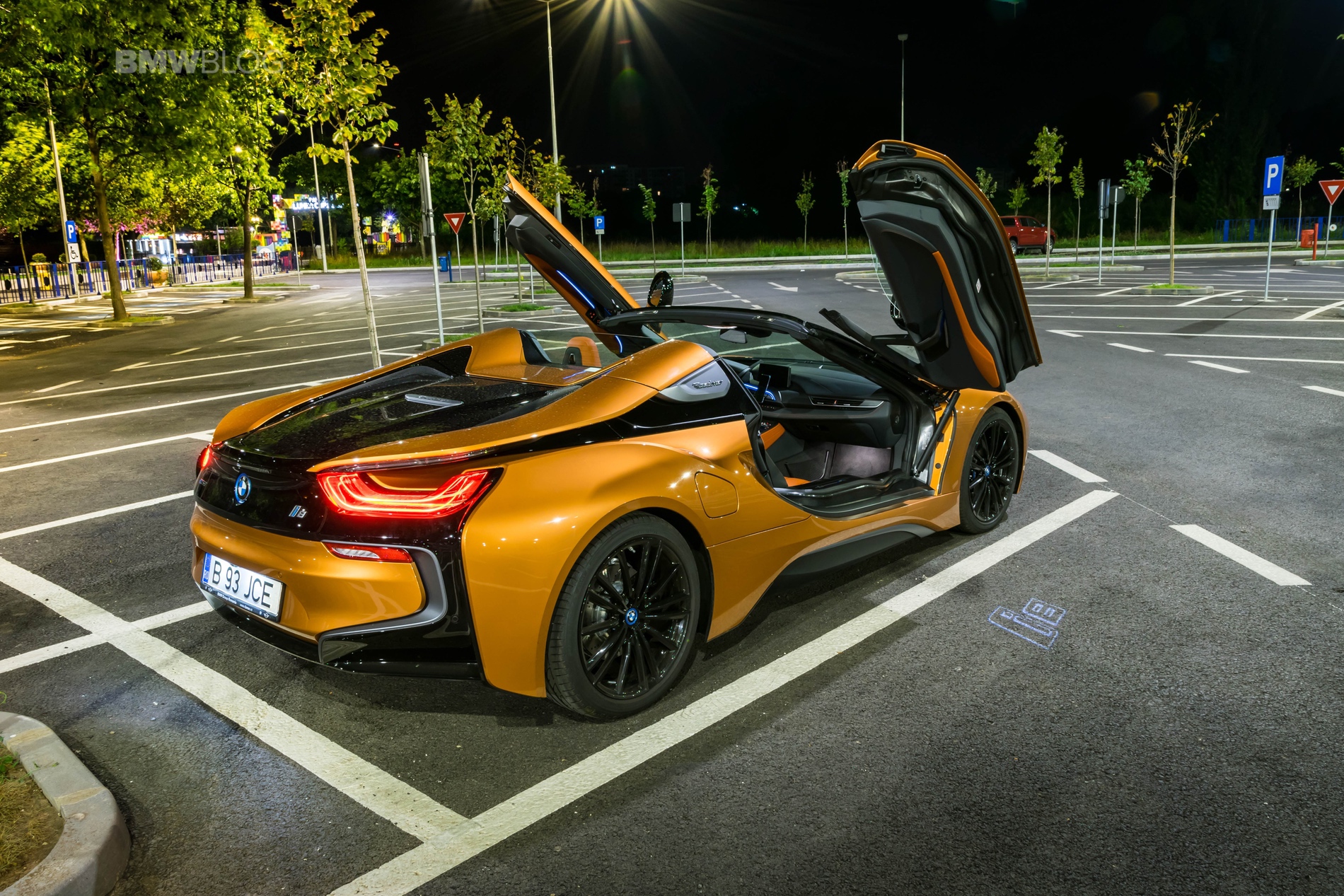
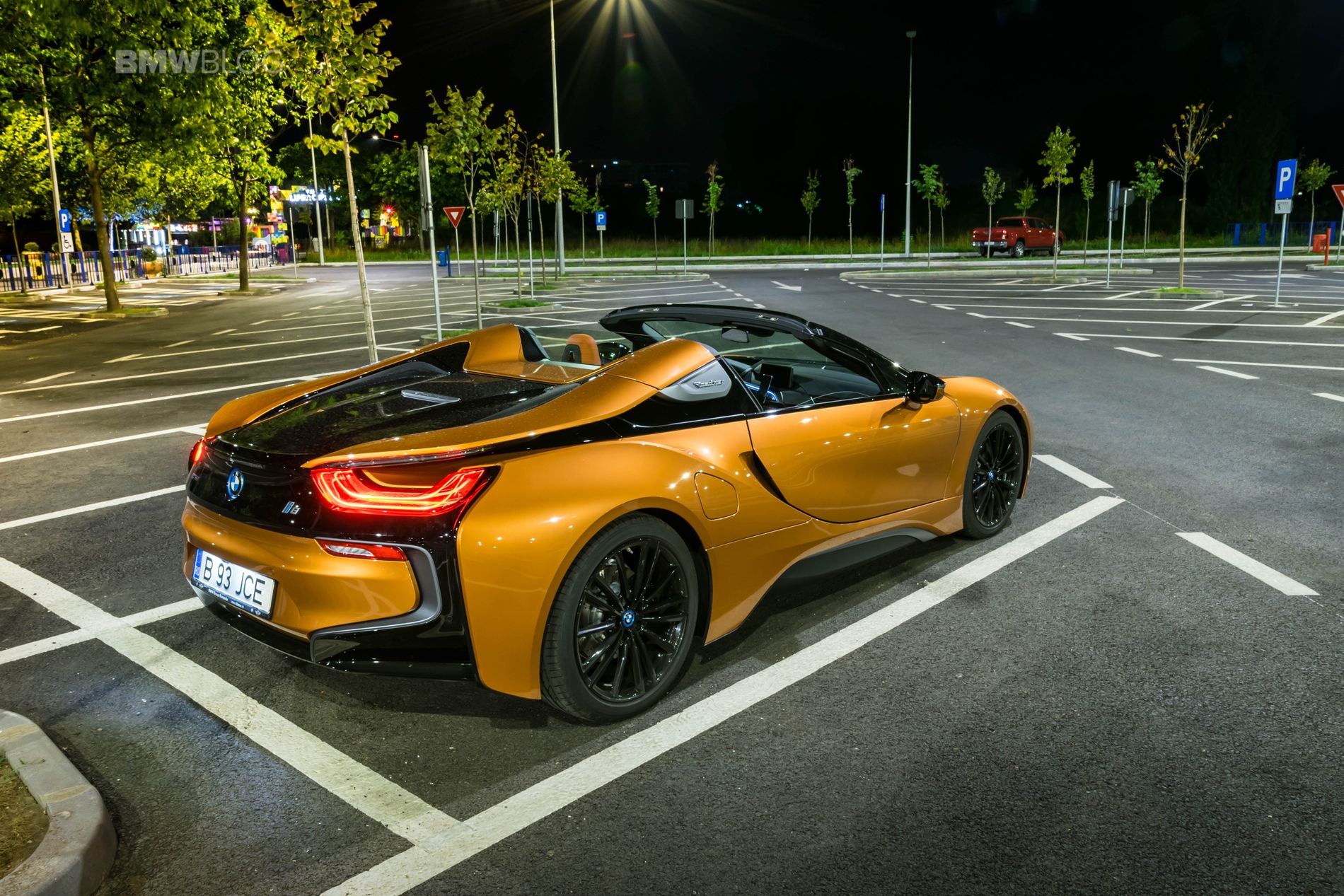
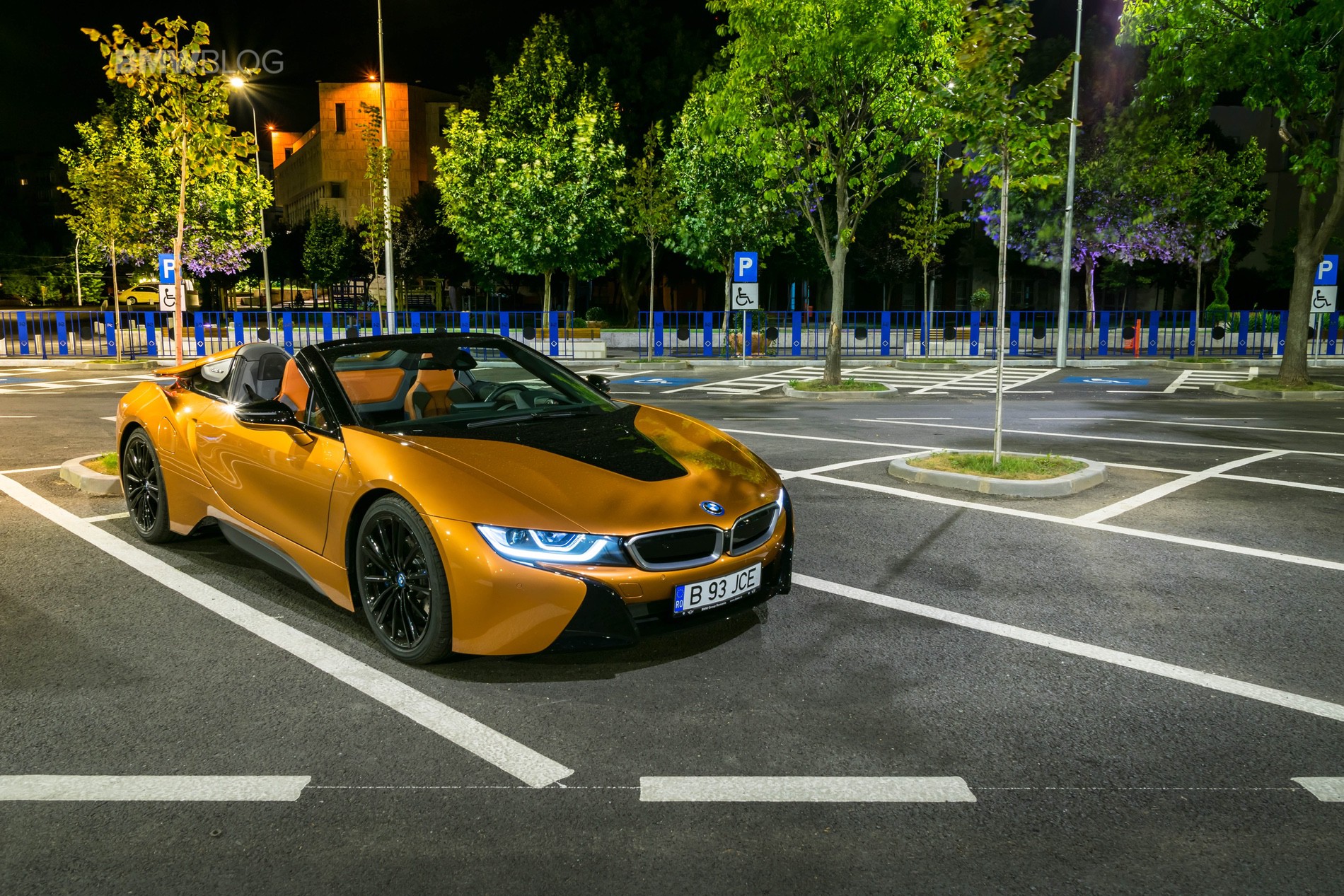
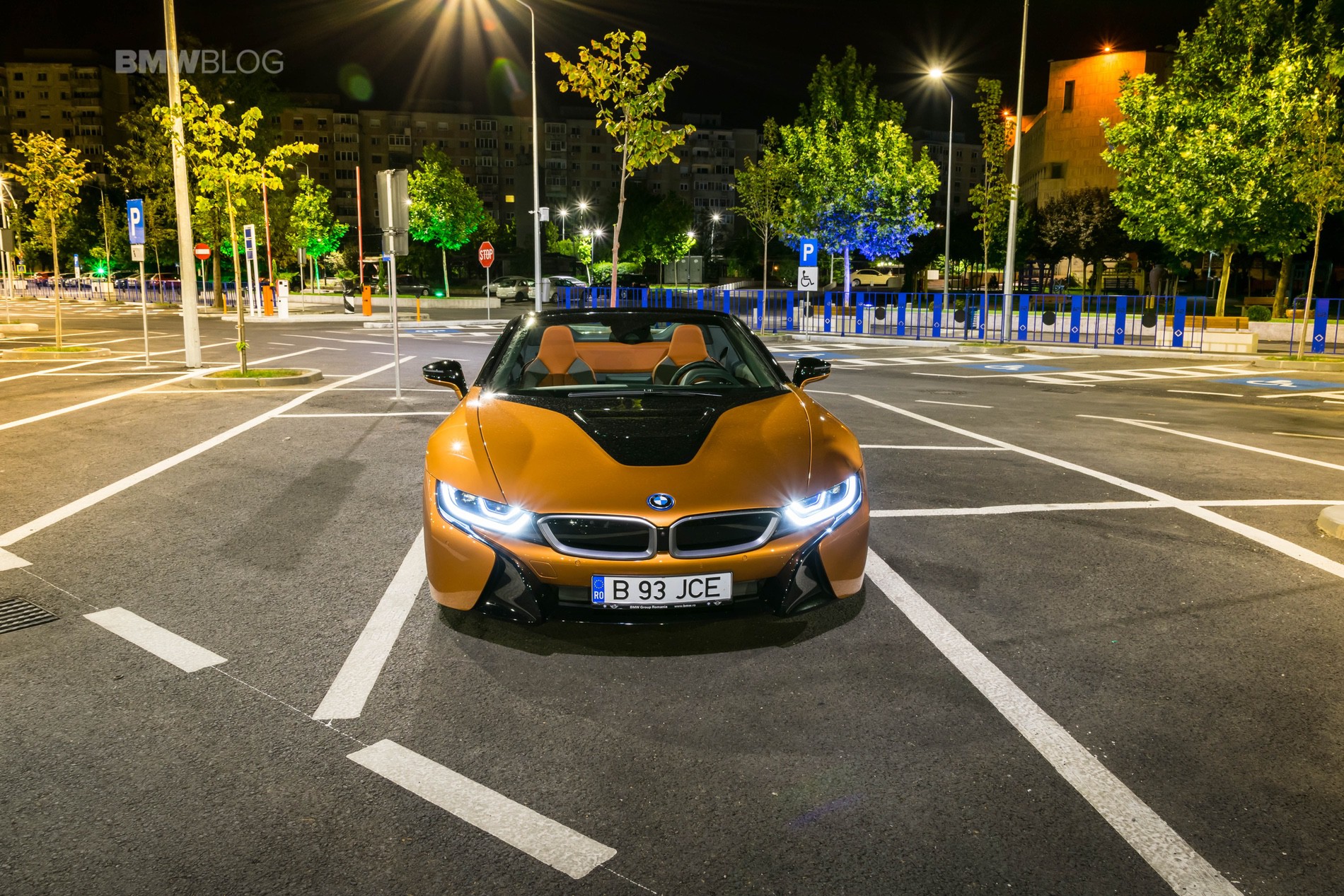
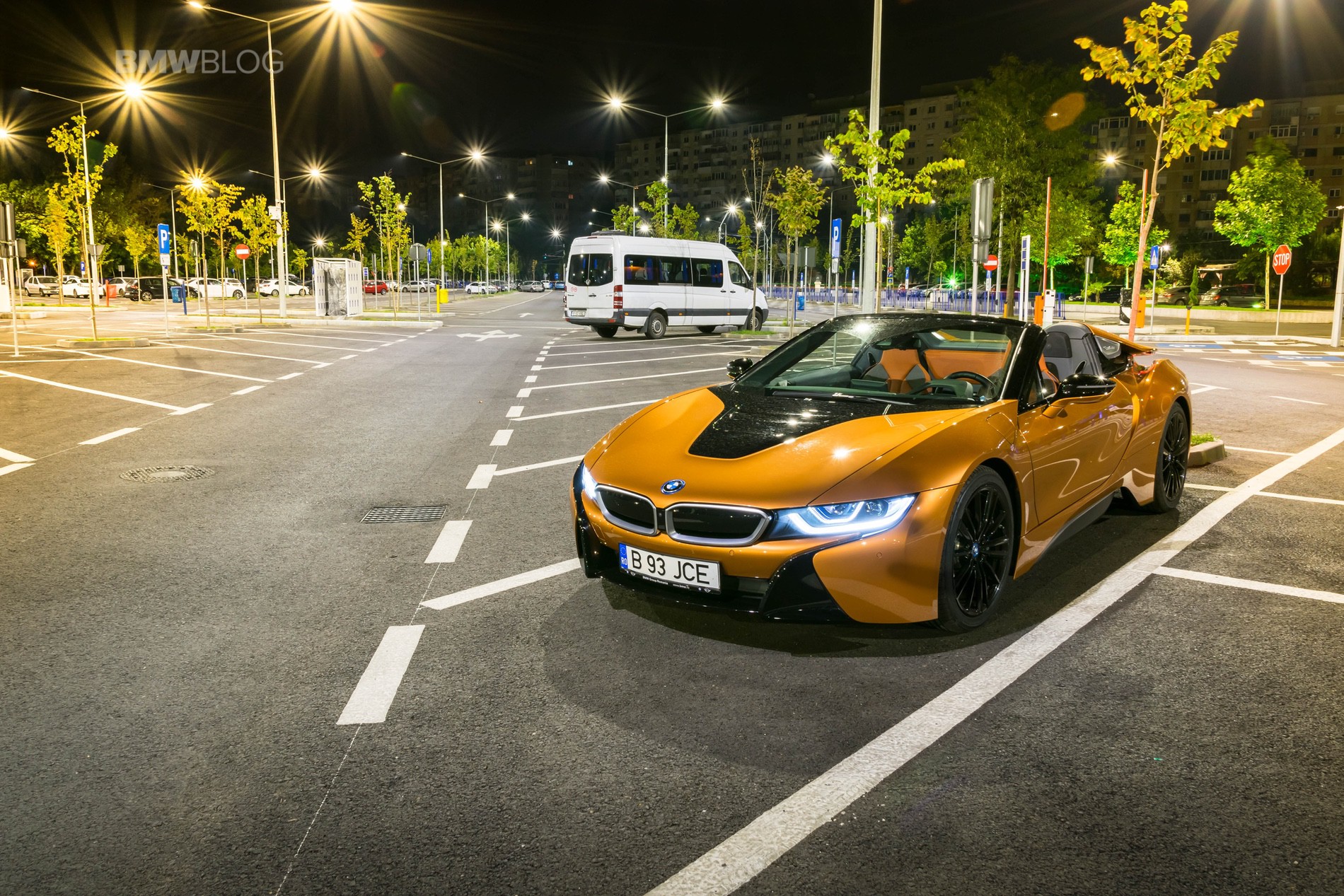
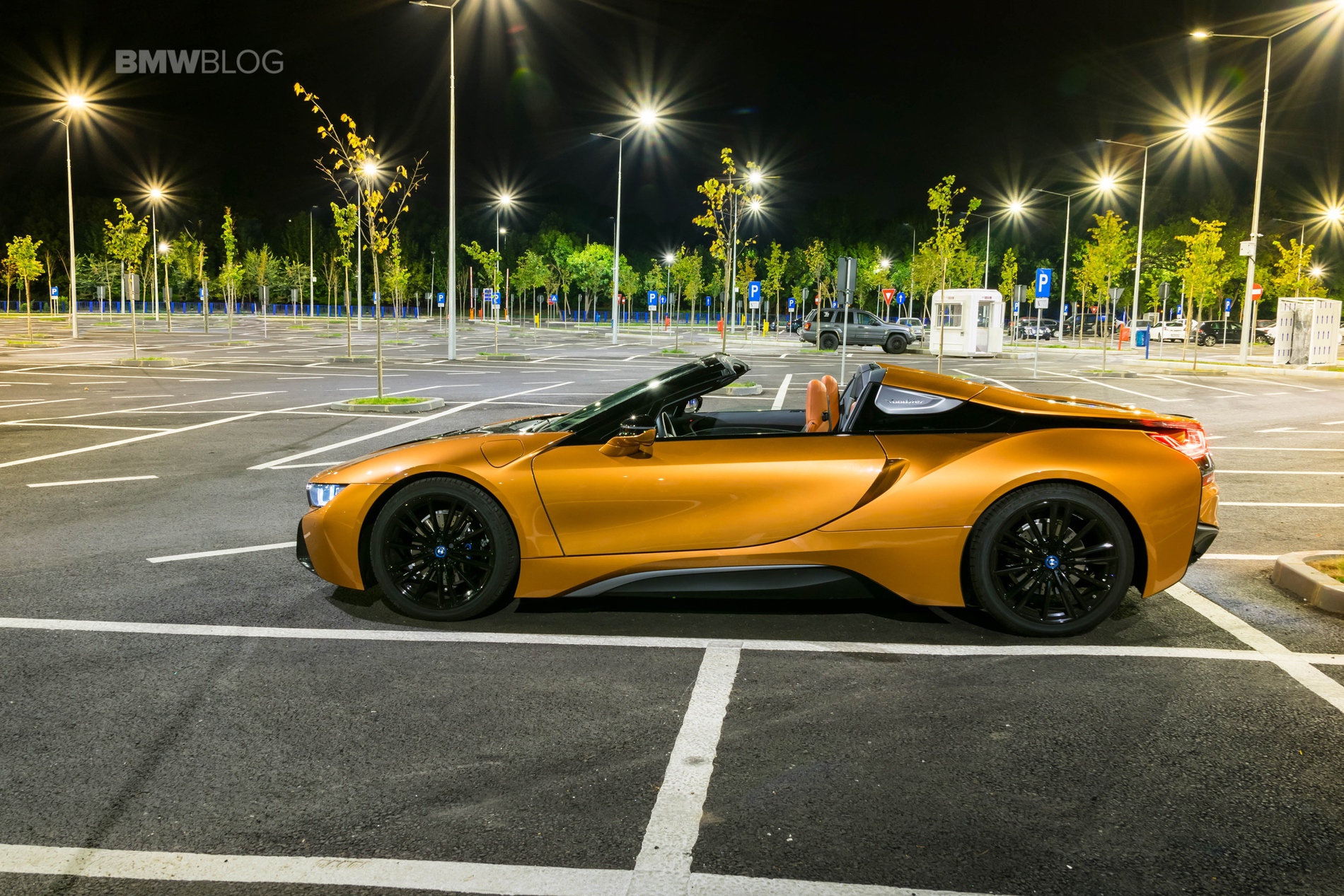
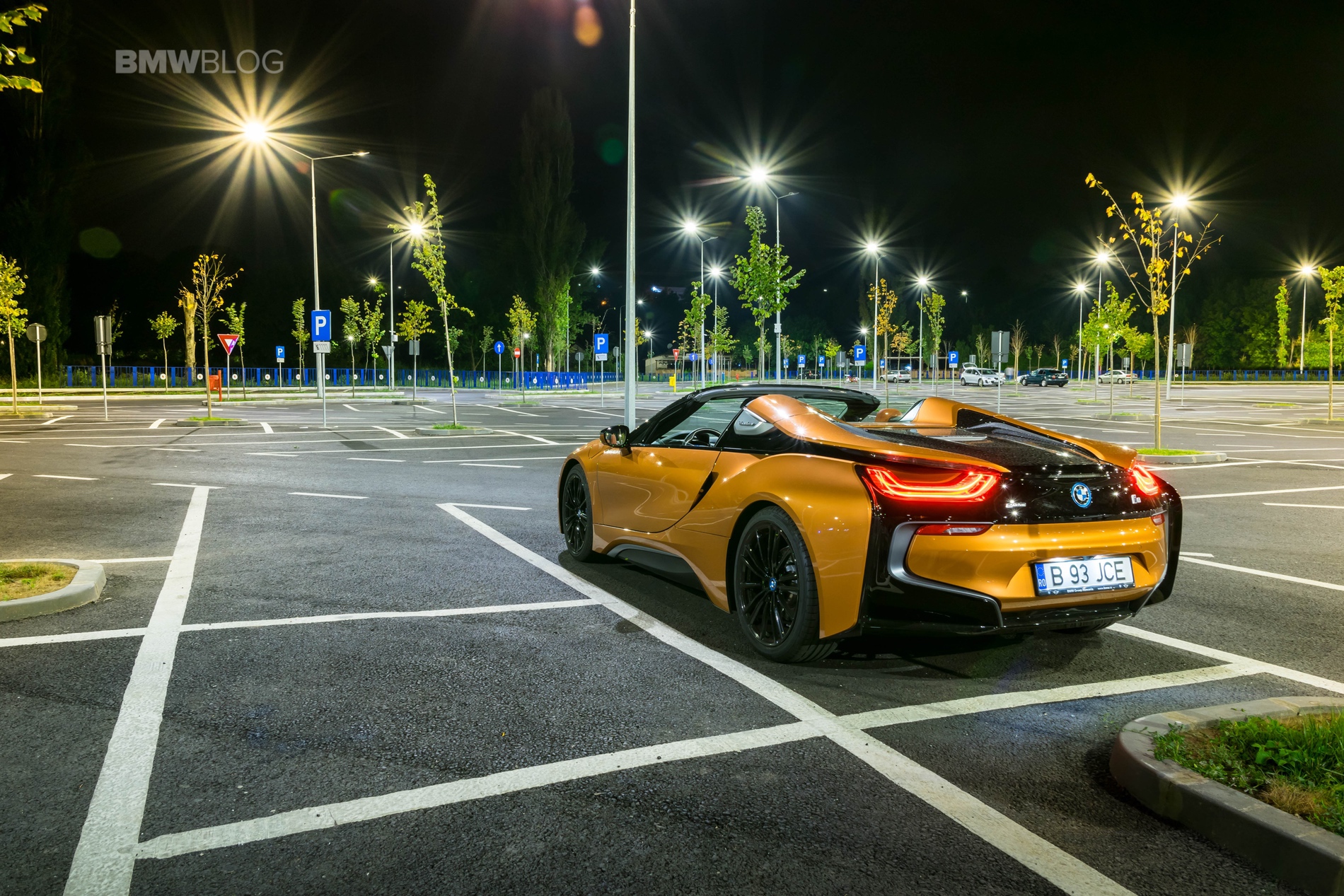
The article TEST DRIVE: BMW i8 Roadster Review – The Superstar Treatment appeared first on BMW BLOG
from BMW BLOG https://ift.tt/2BRBm0D
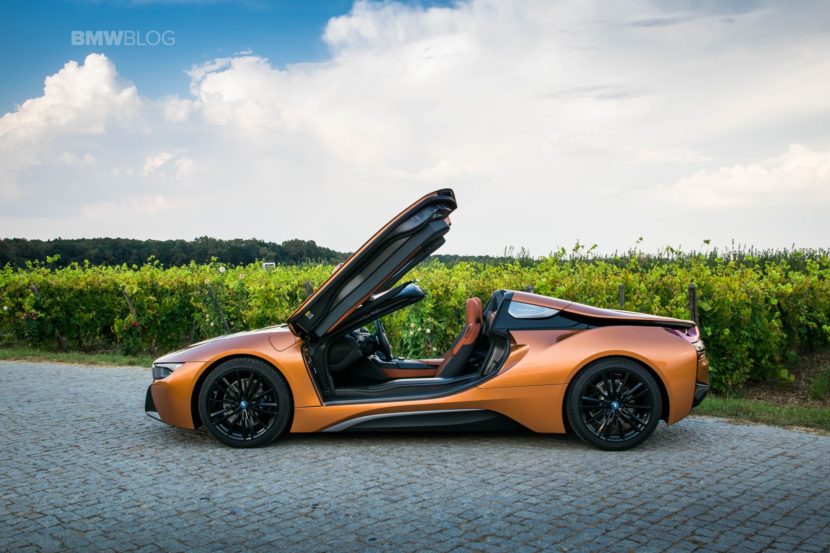
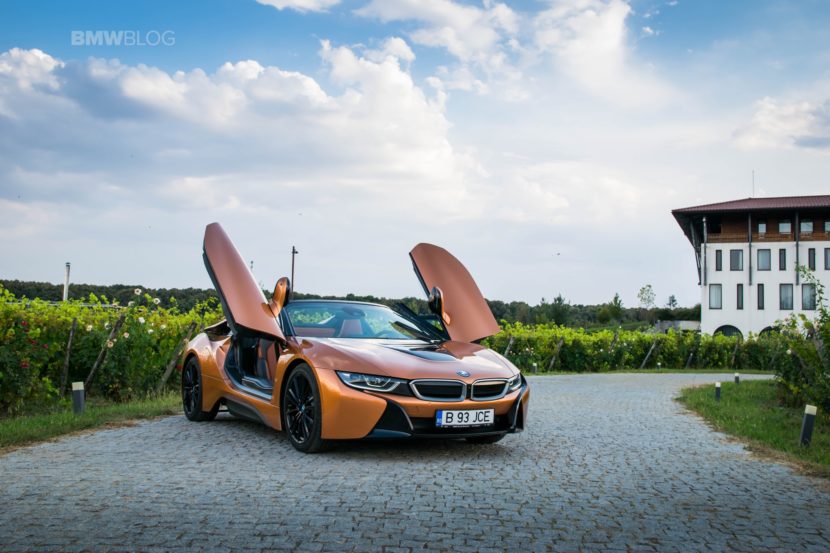
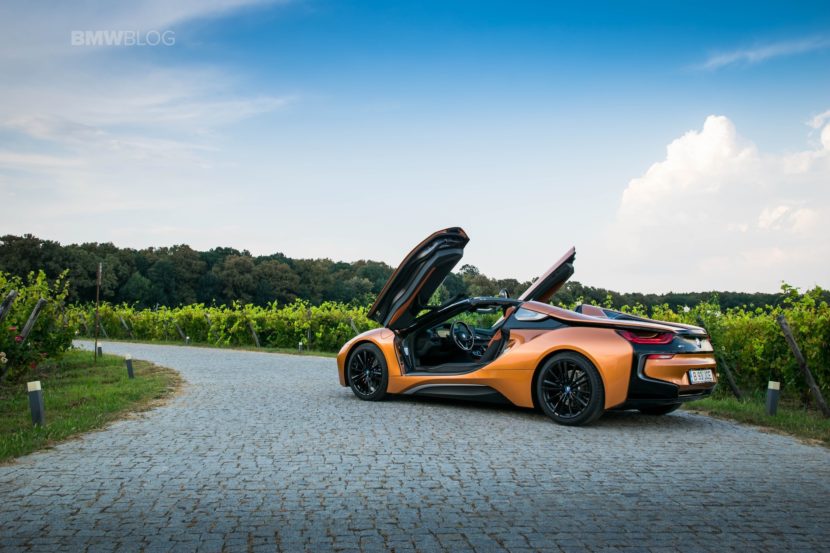
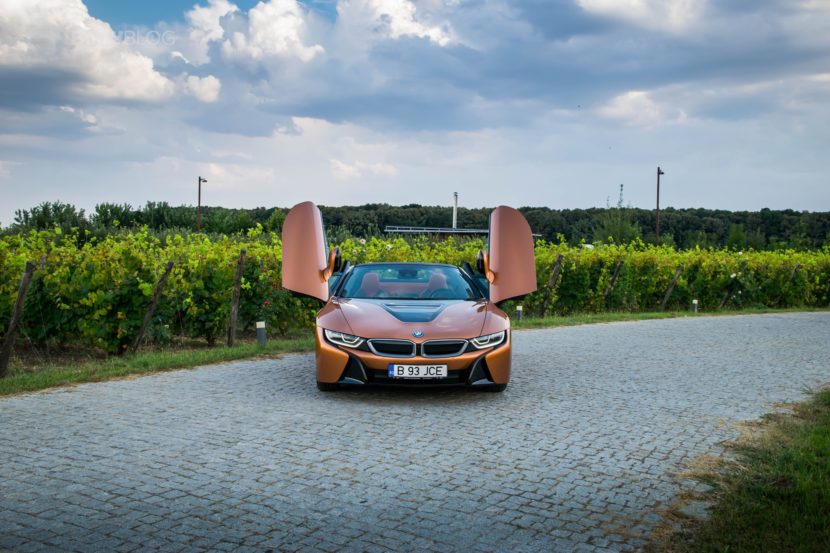
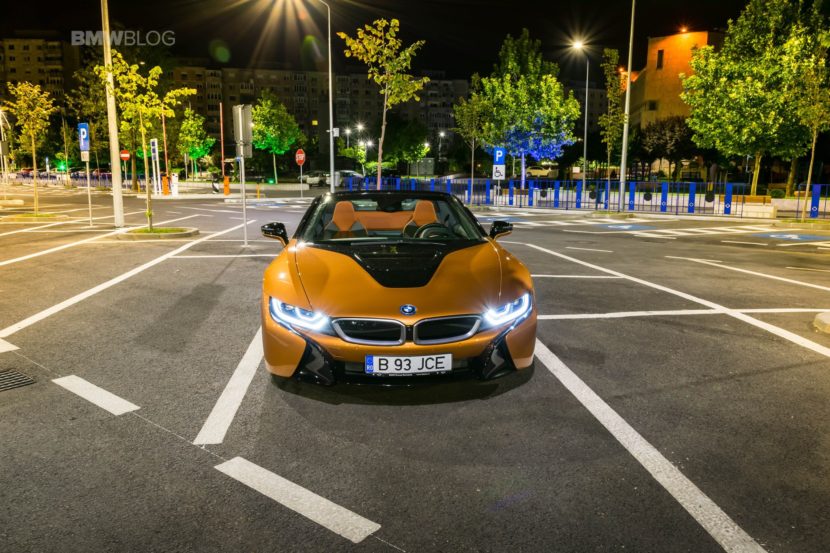
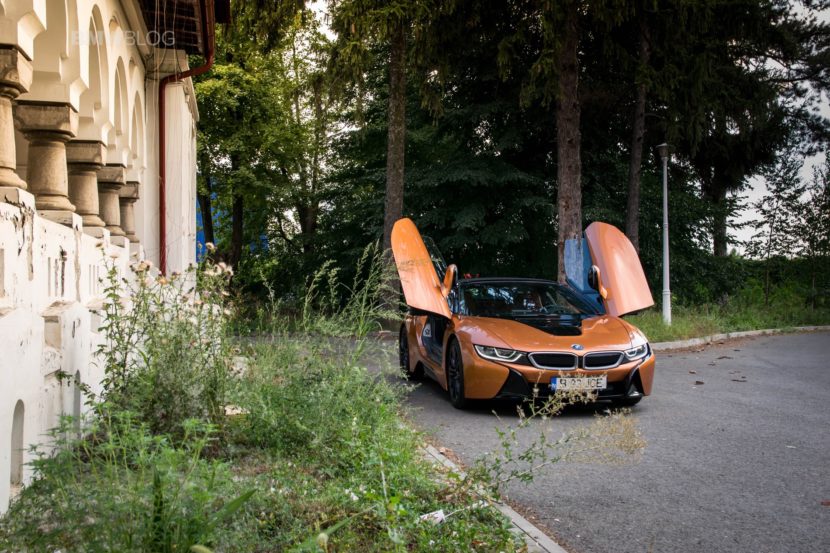
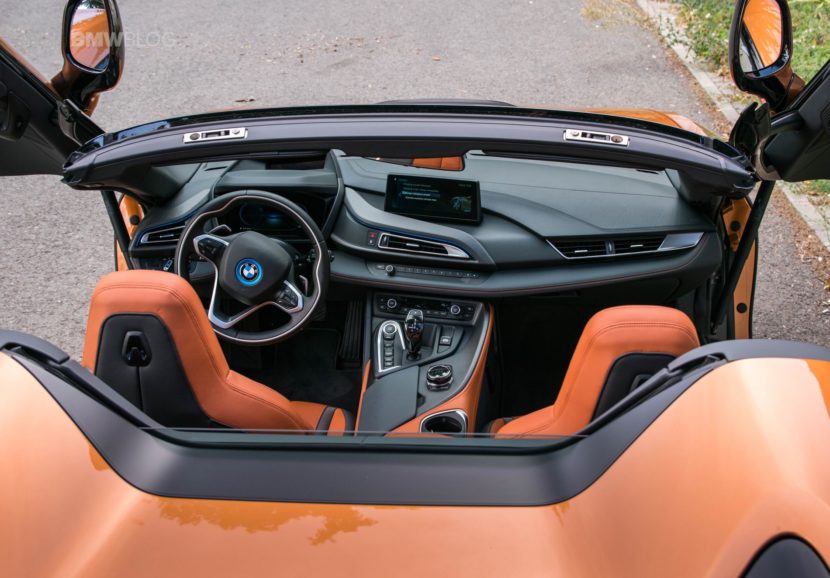
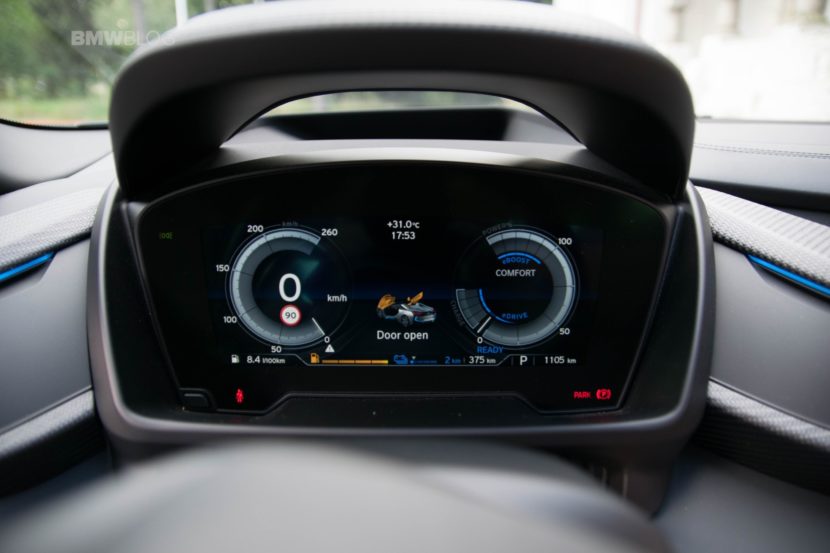
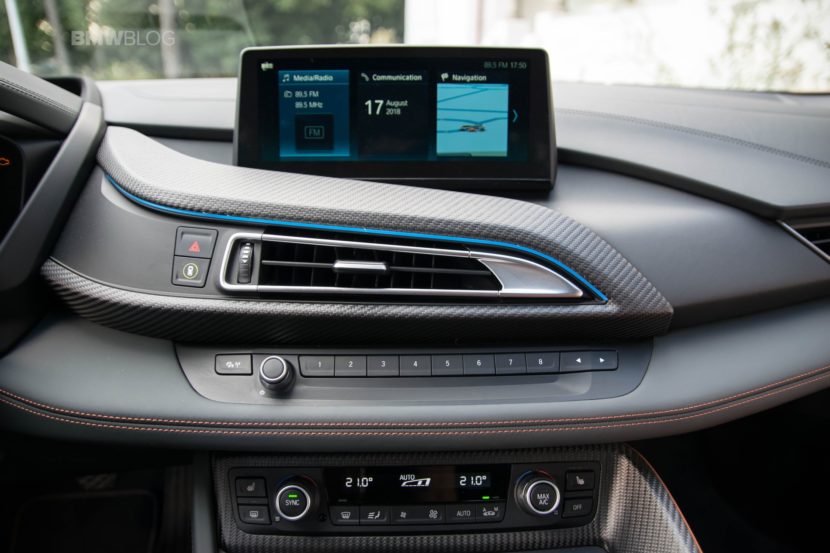

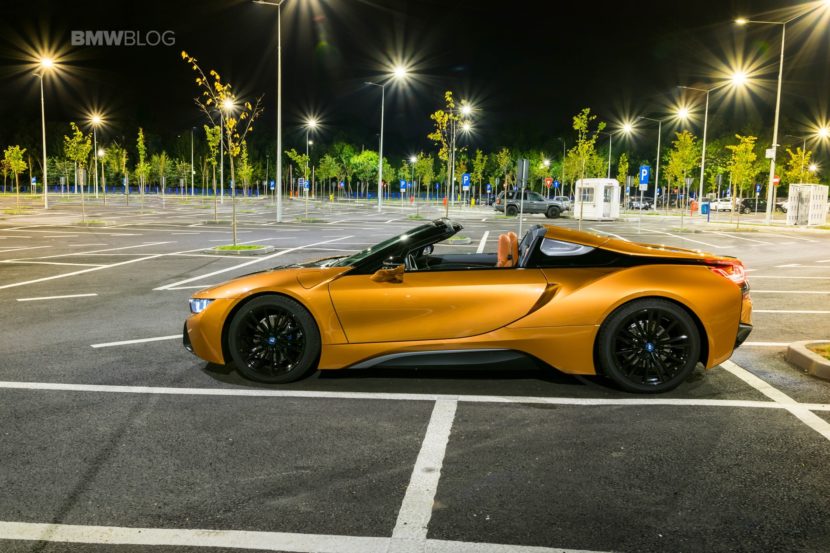
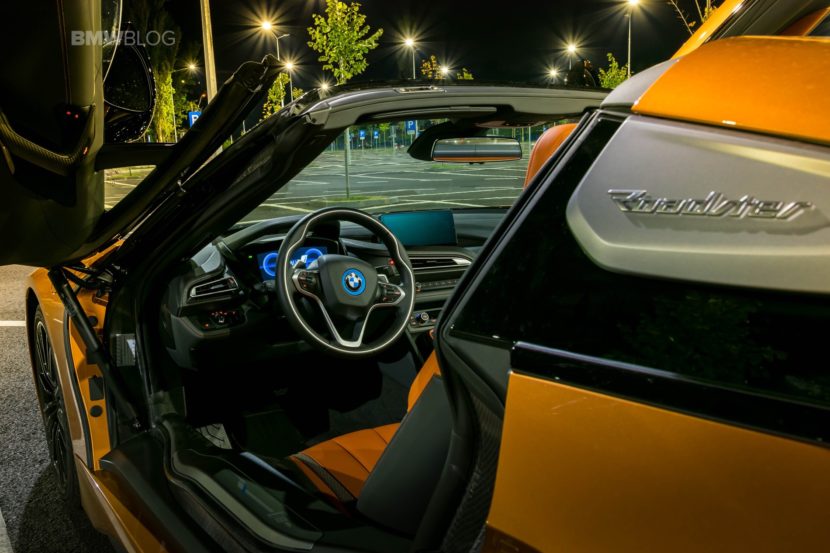
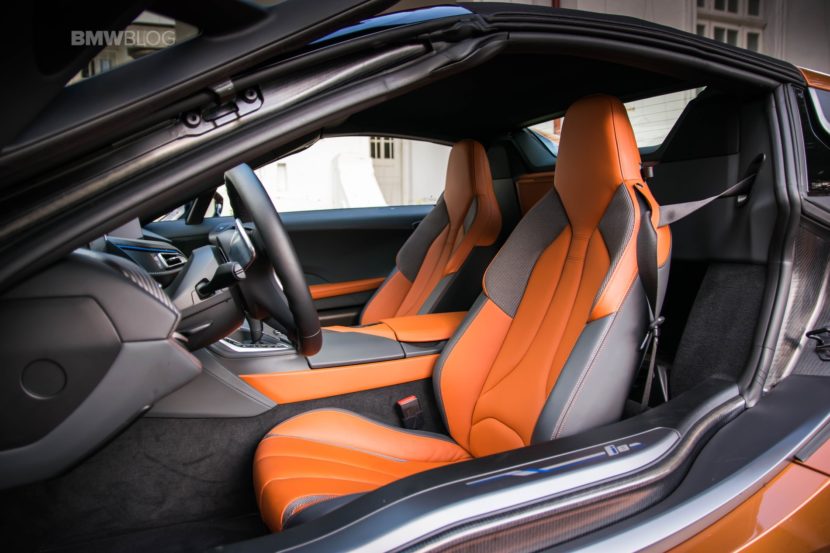
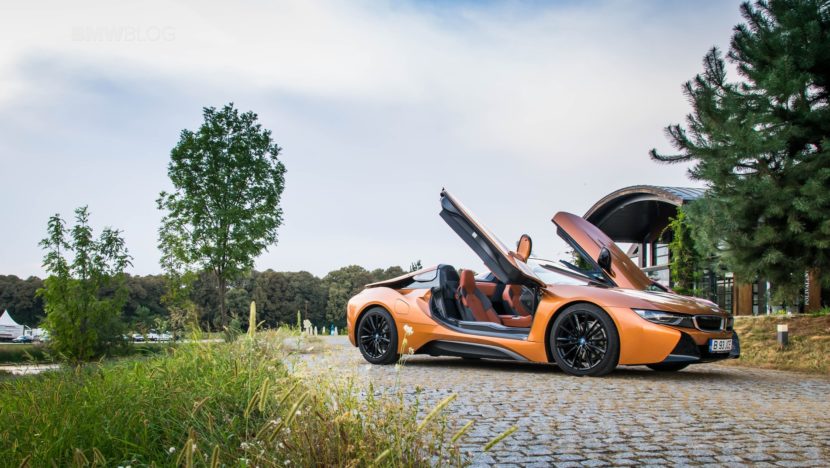
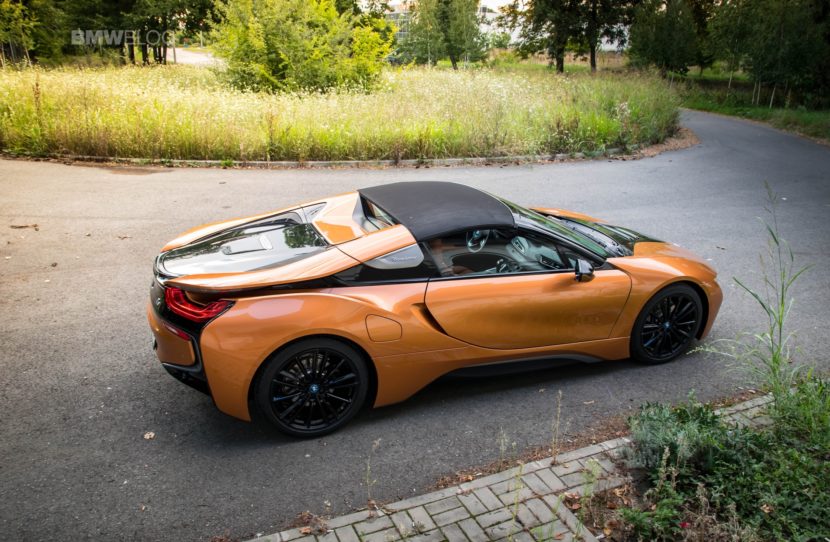
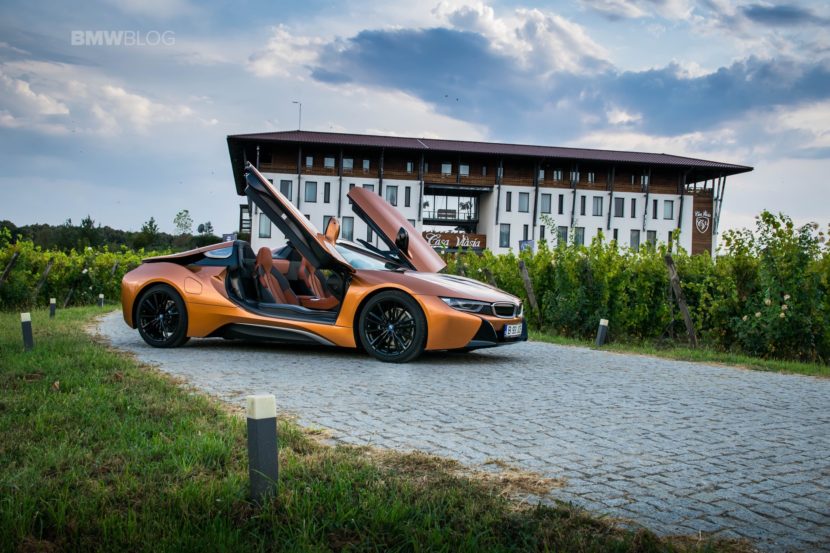
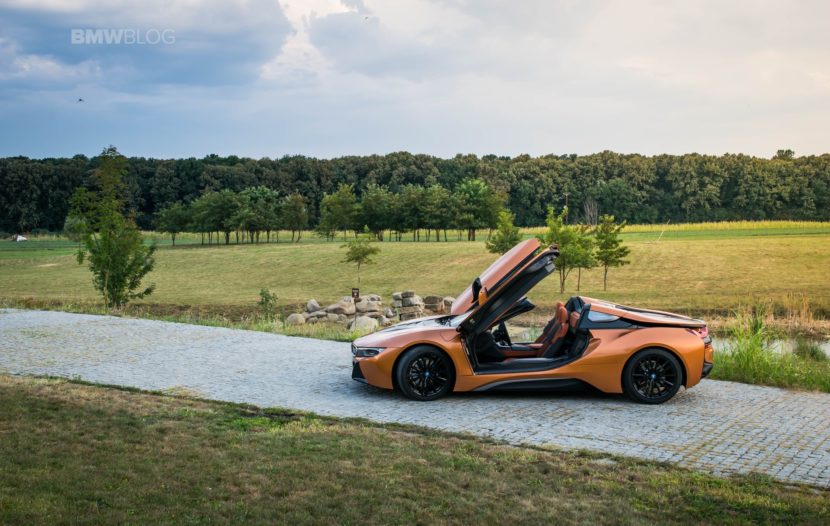
No comments:
Post a Comment